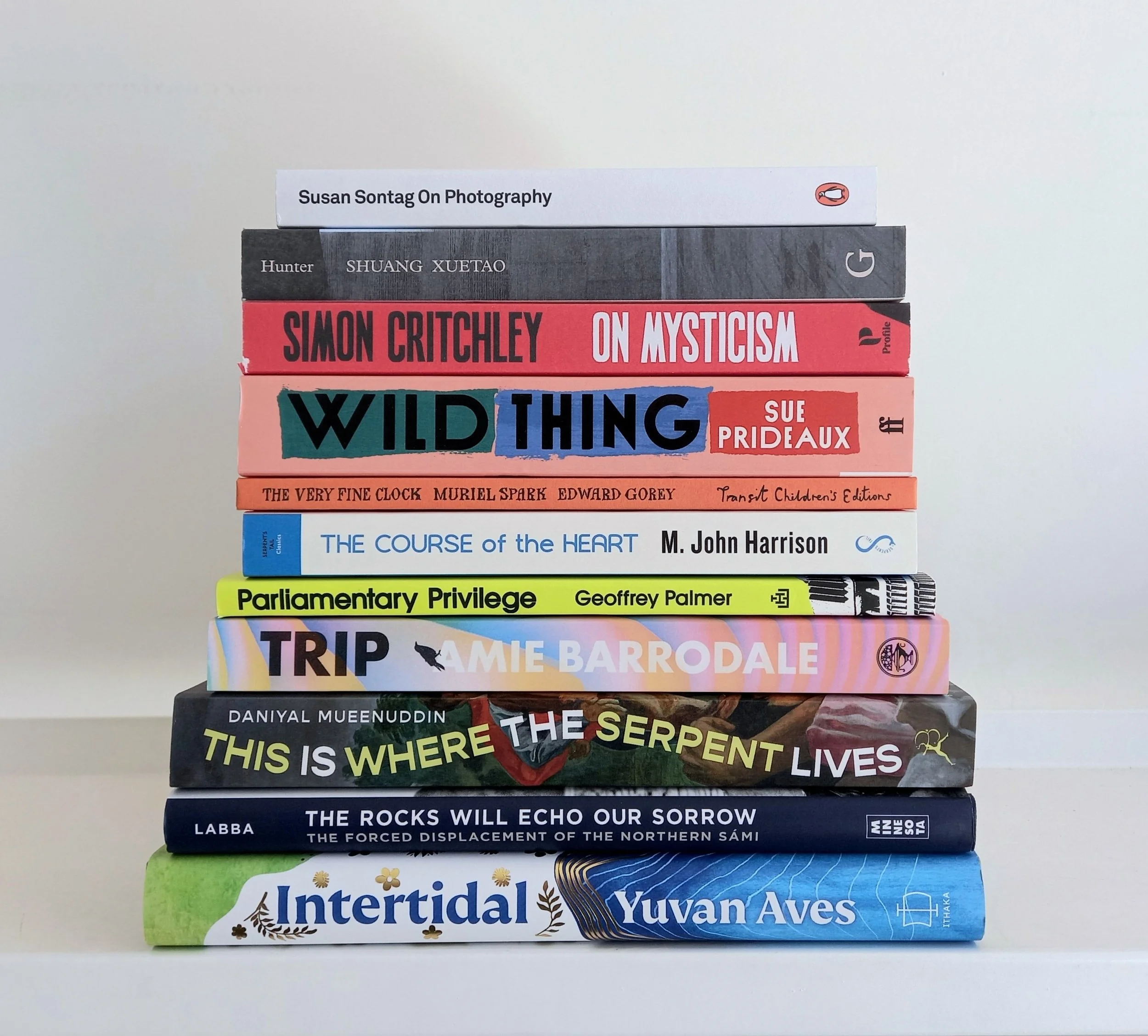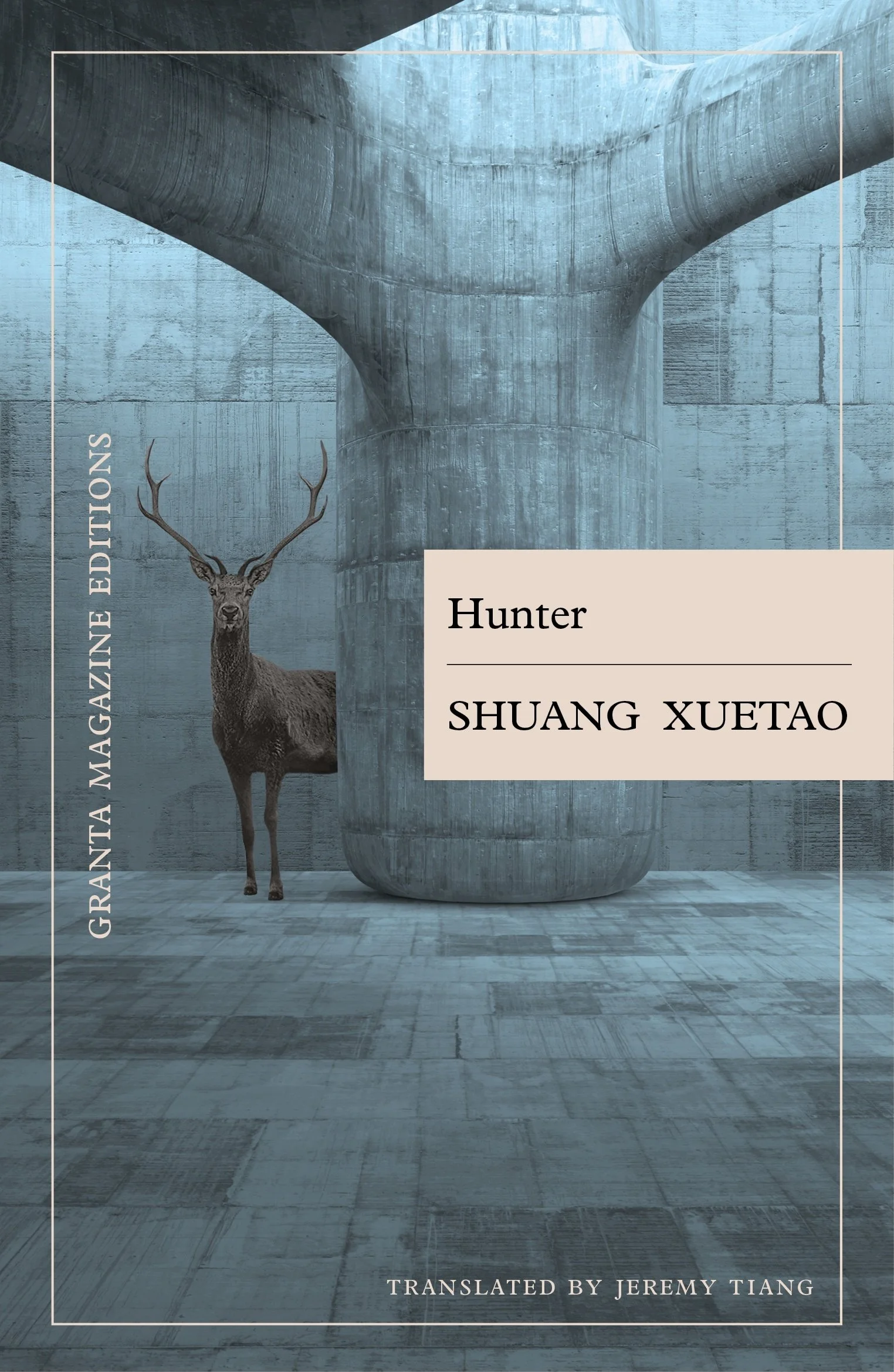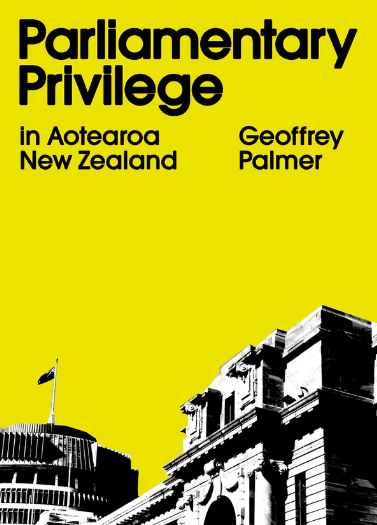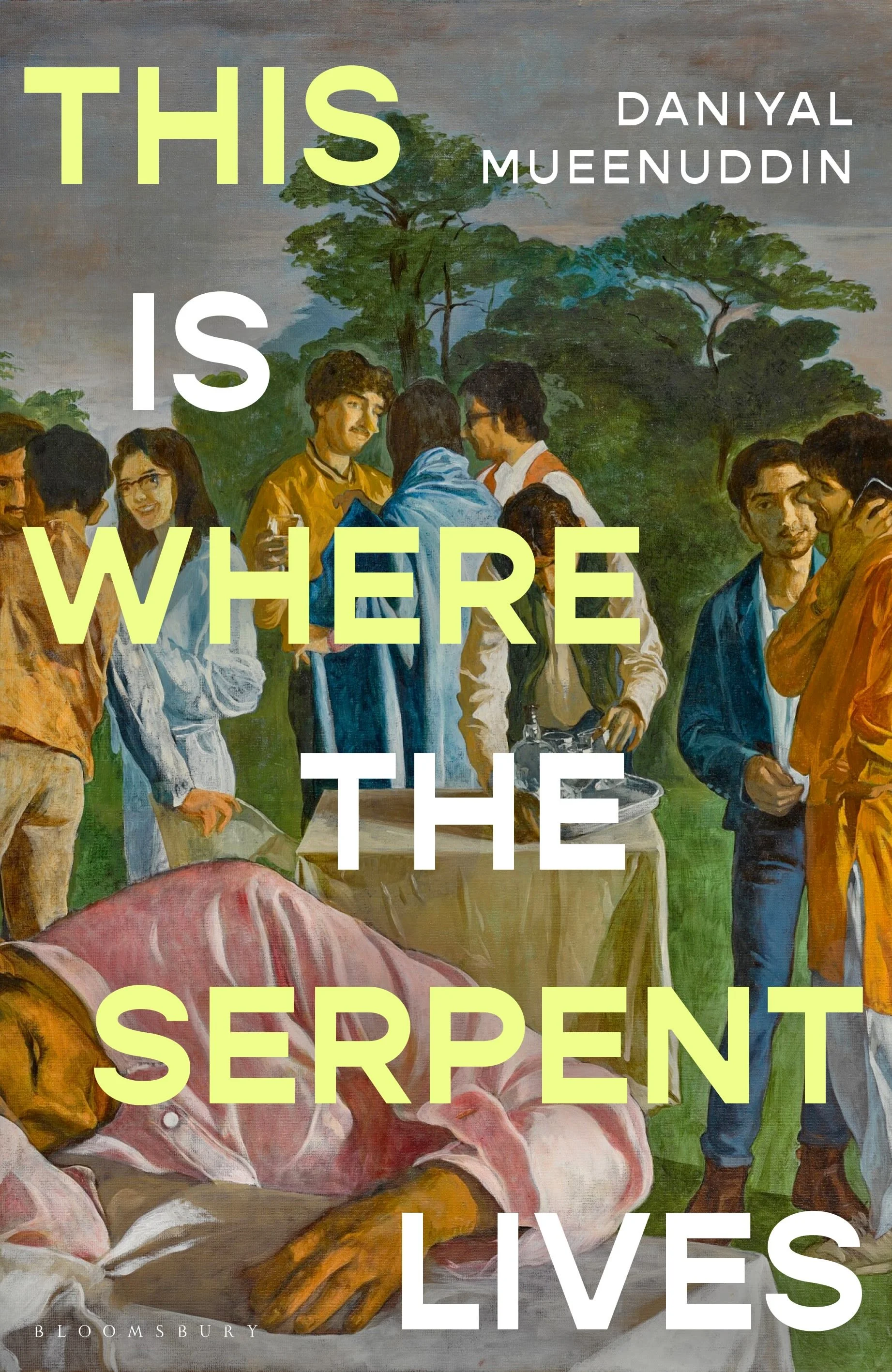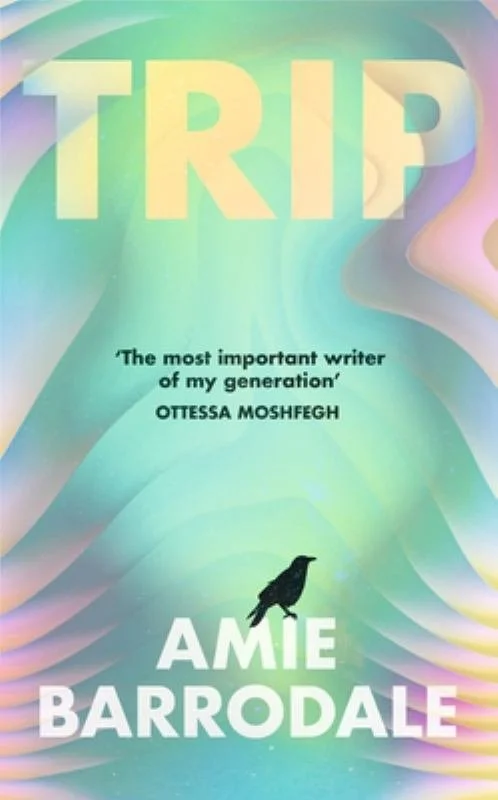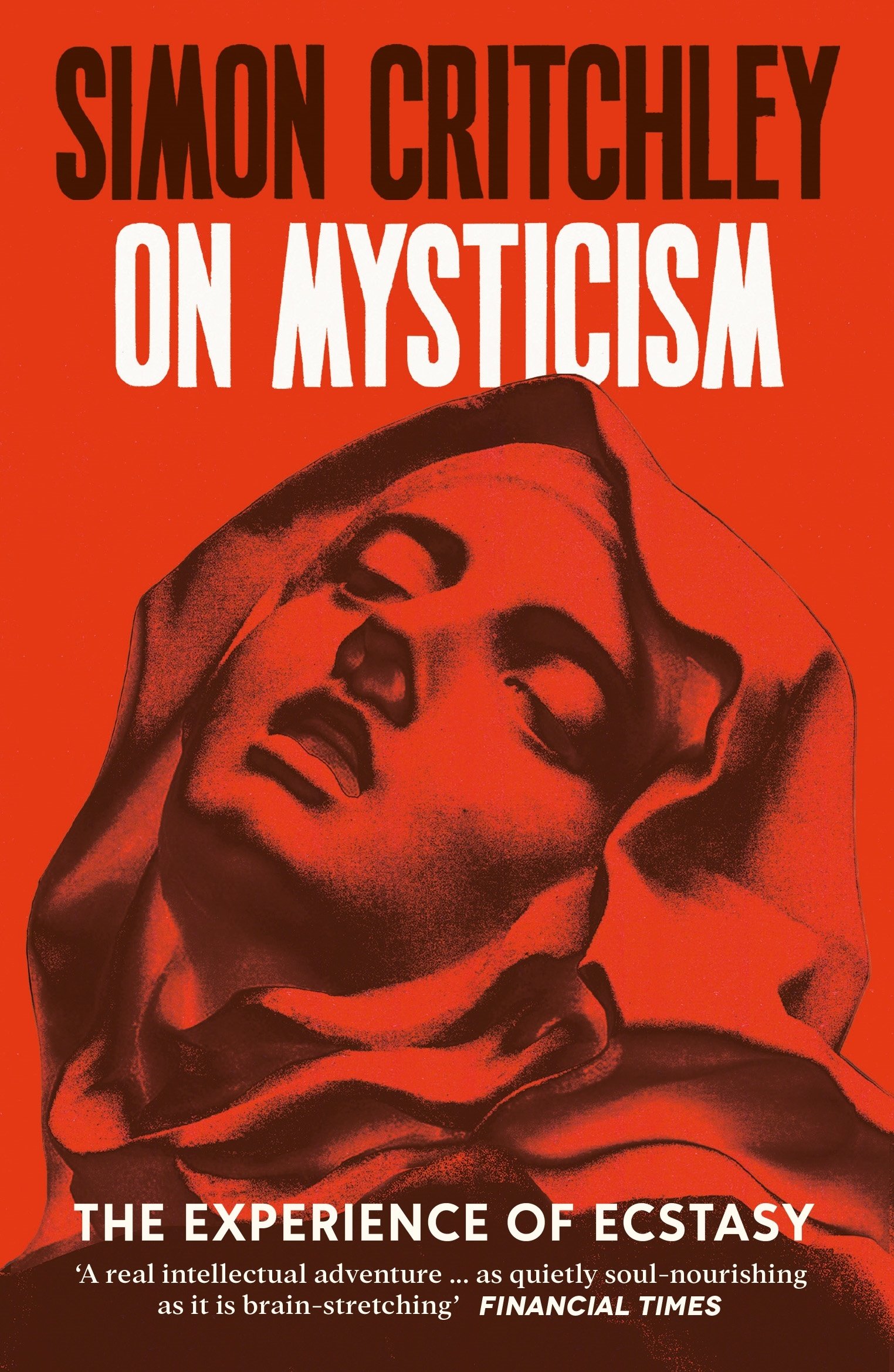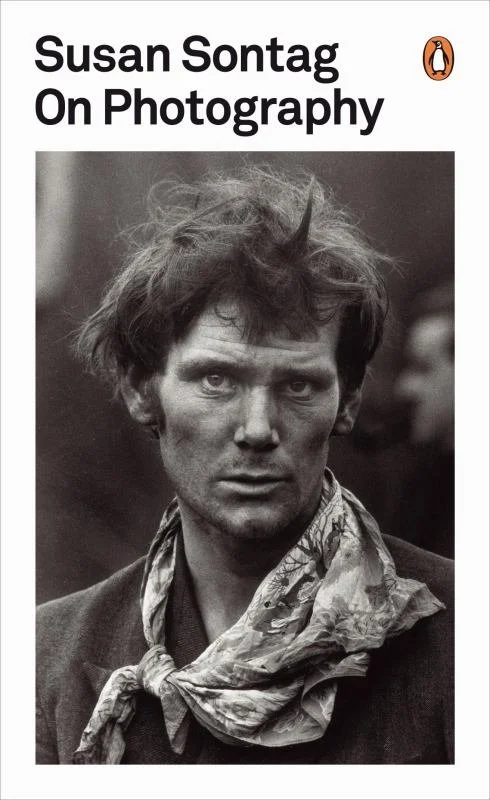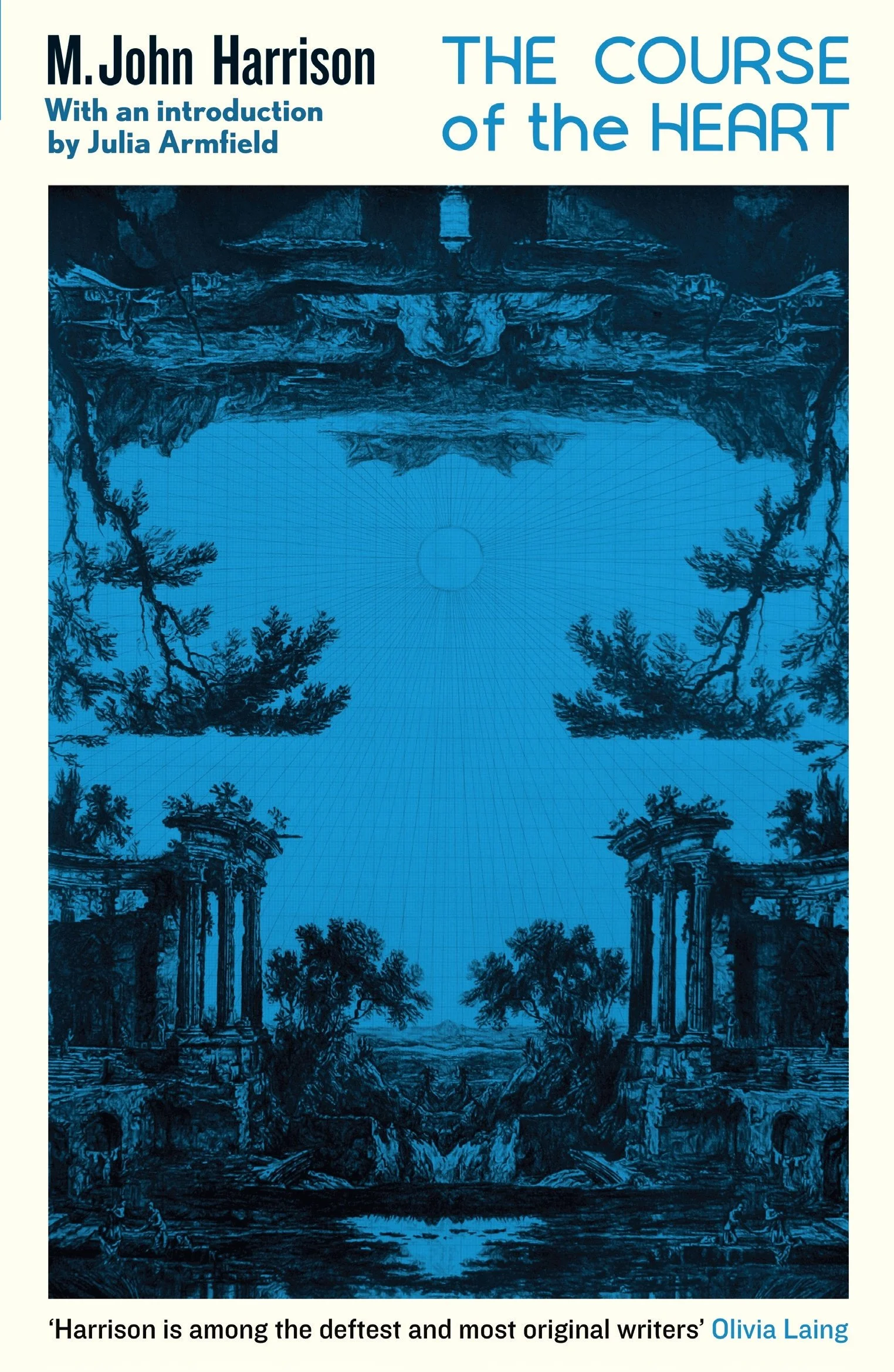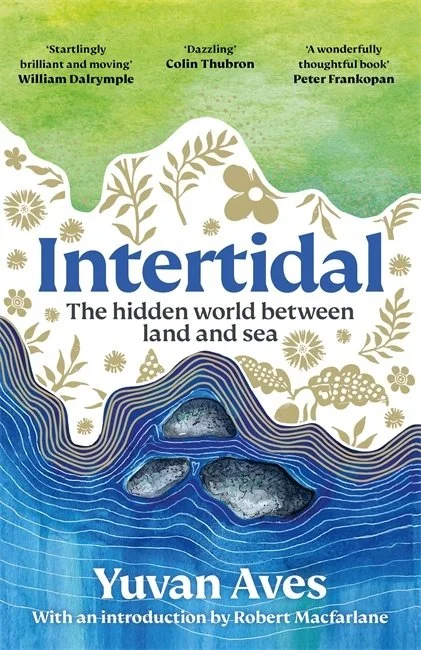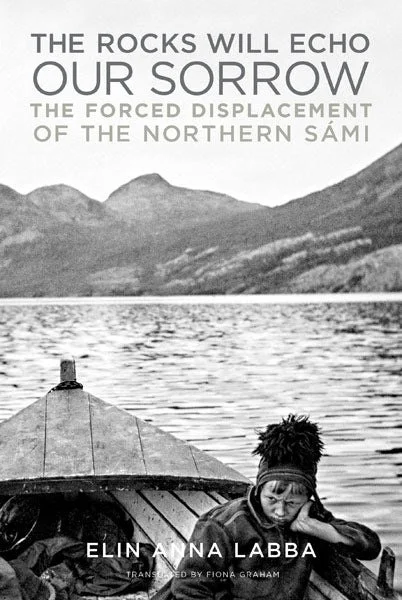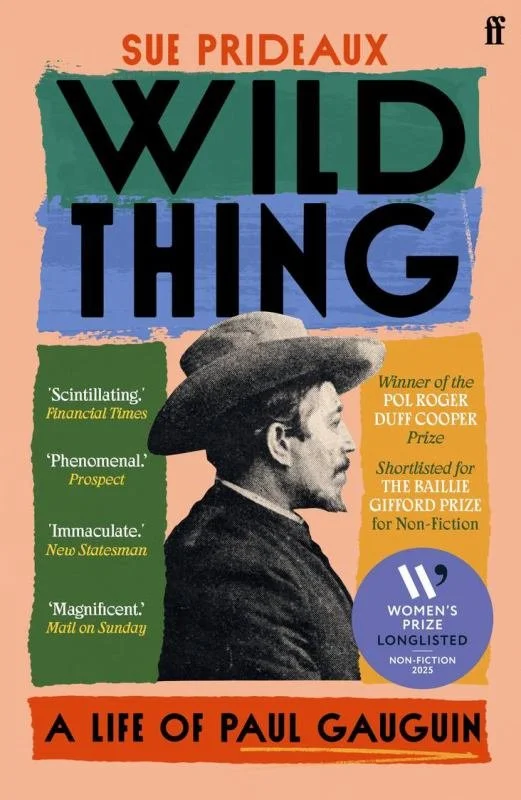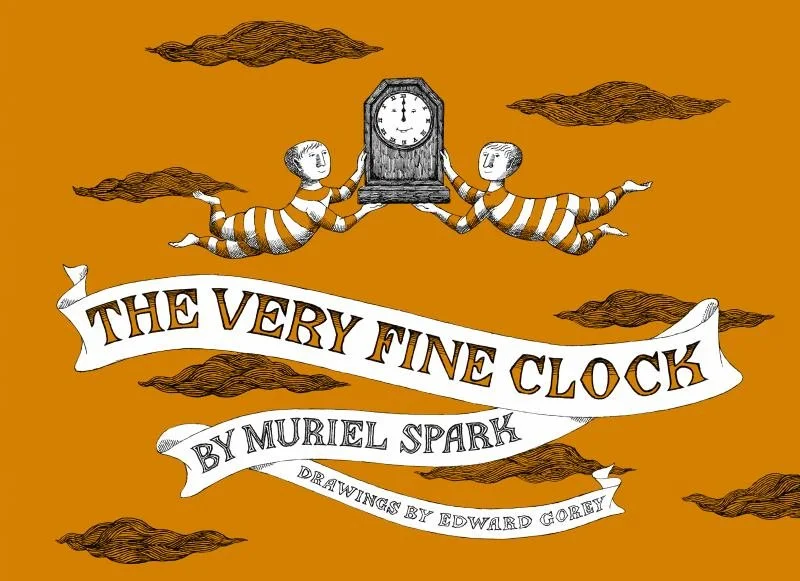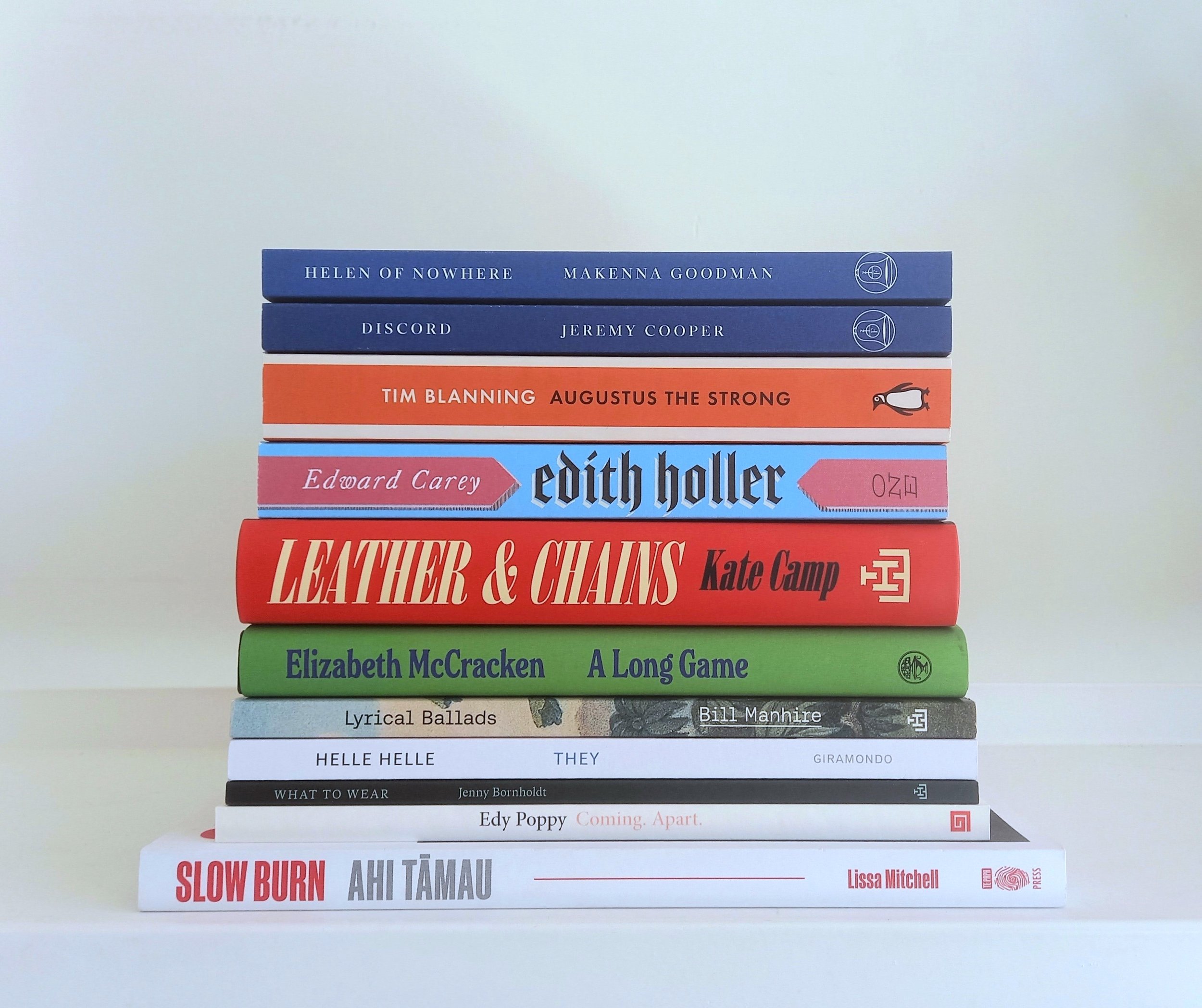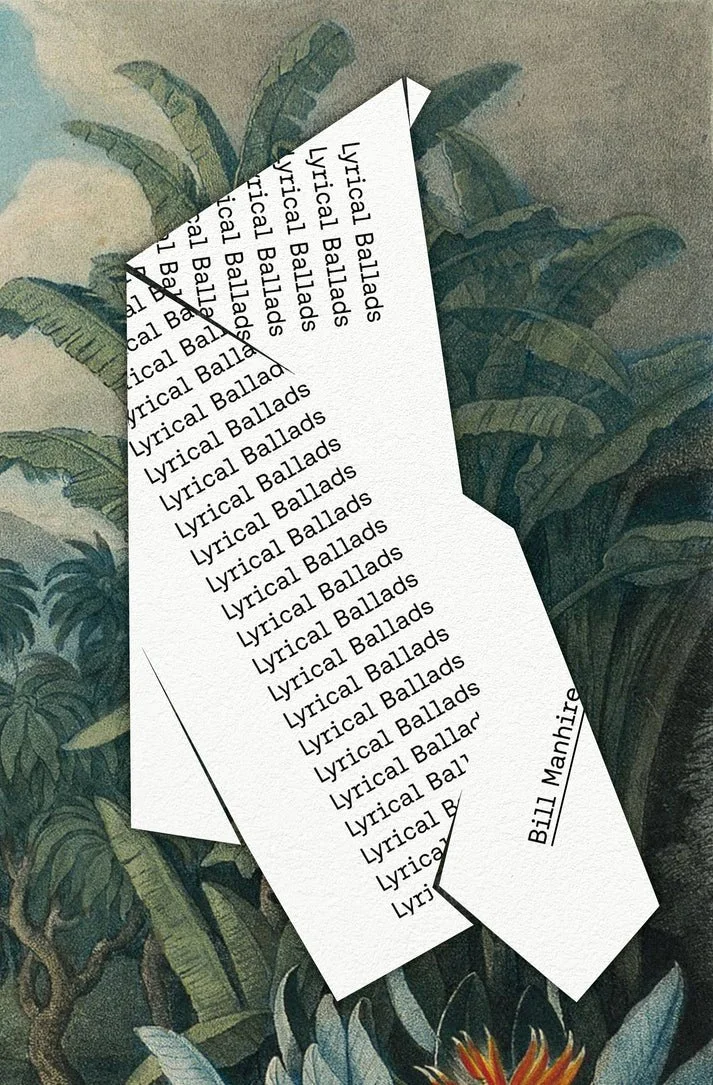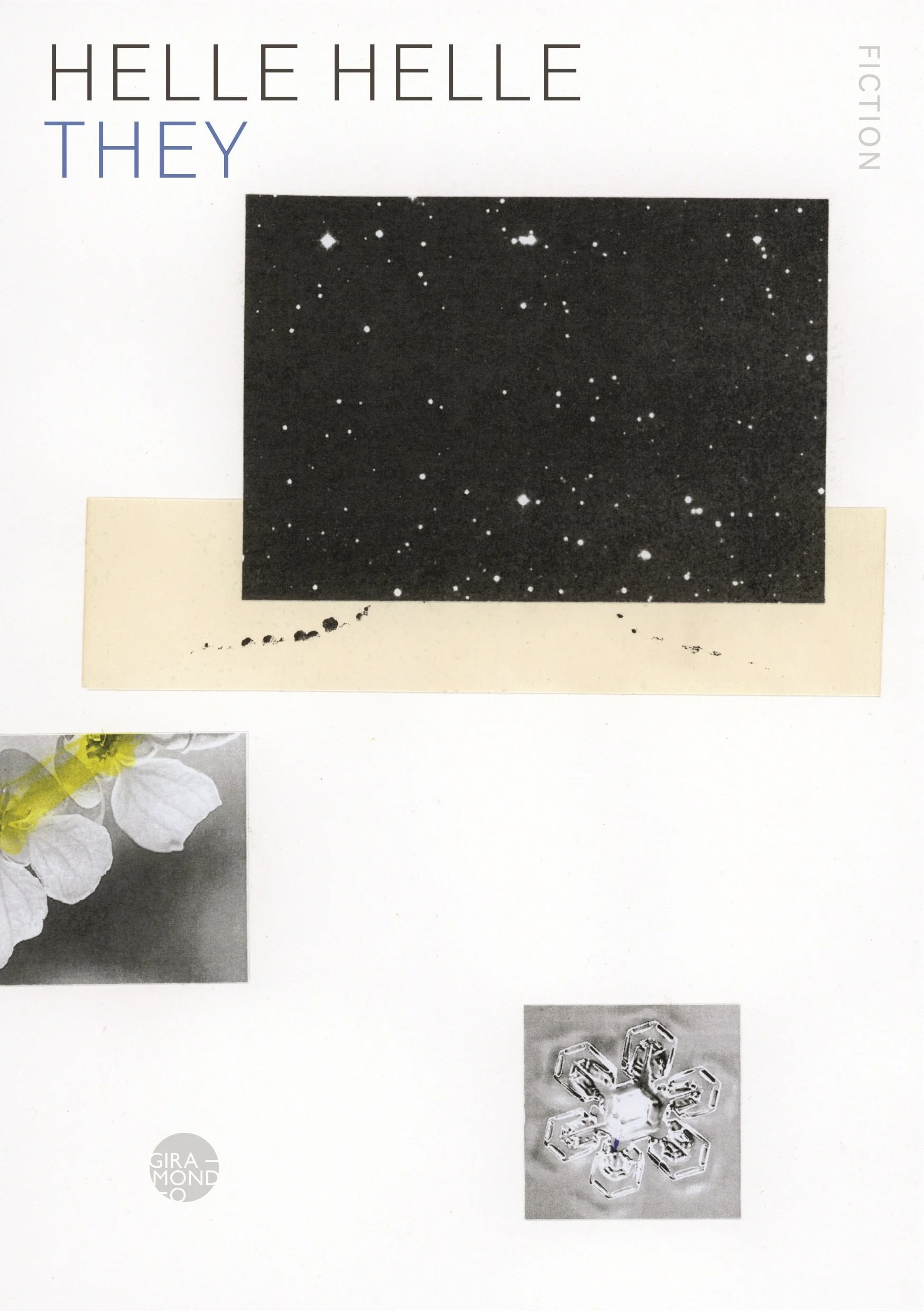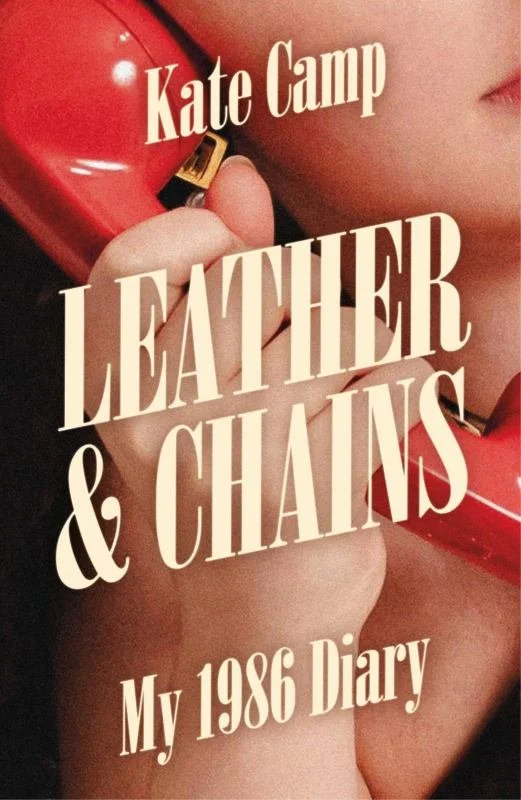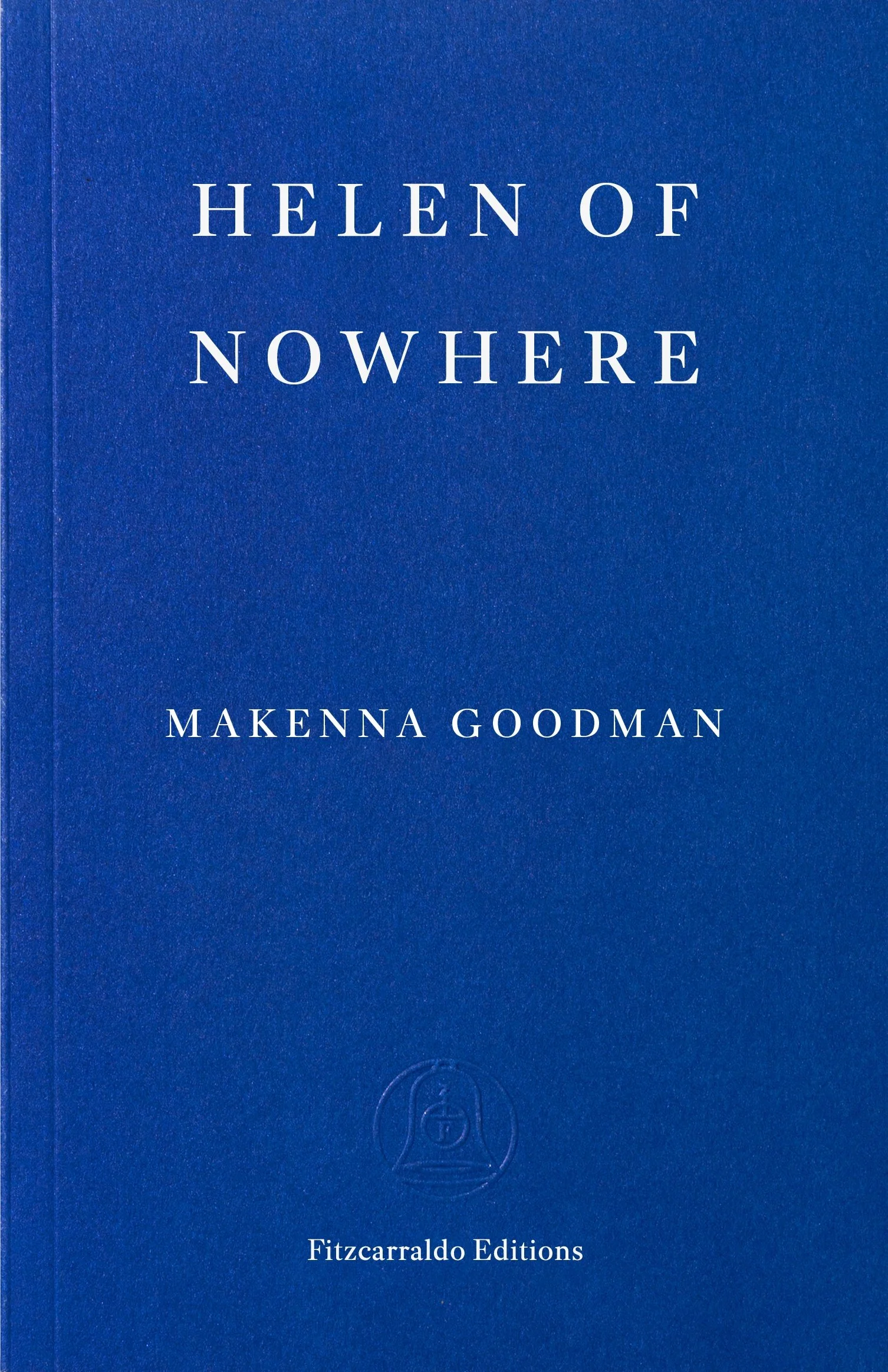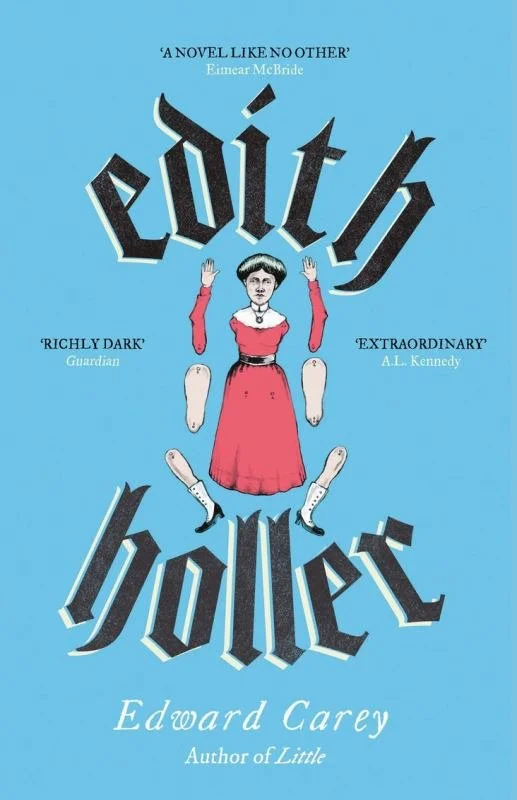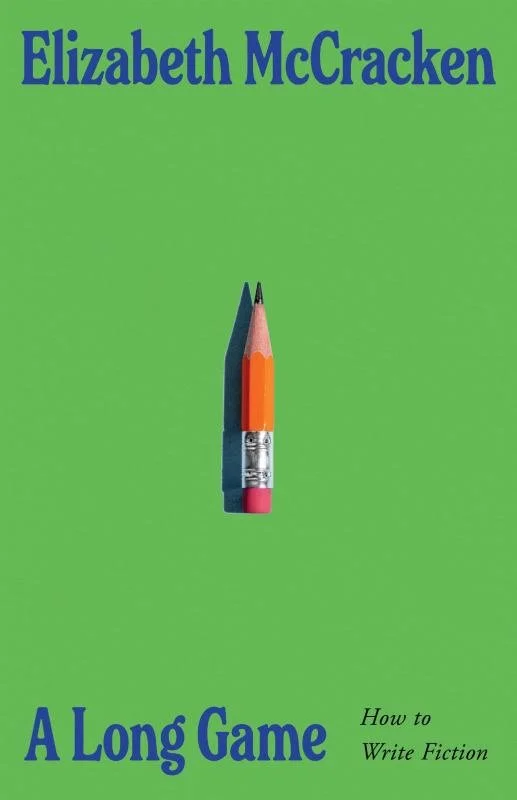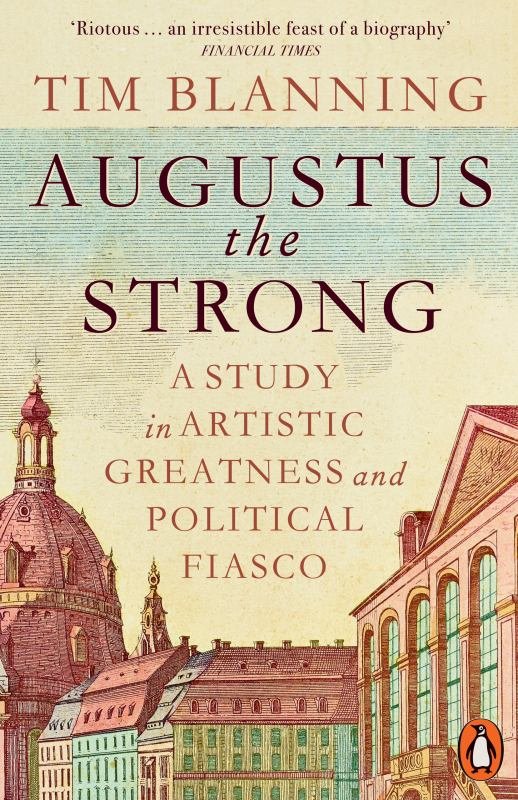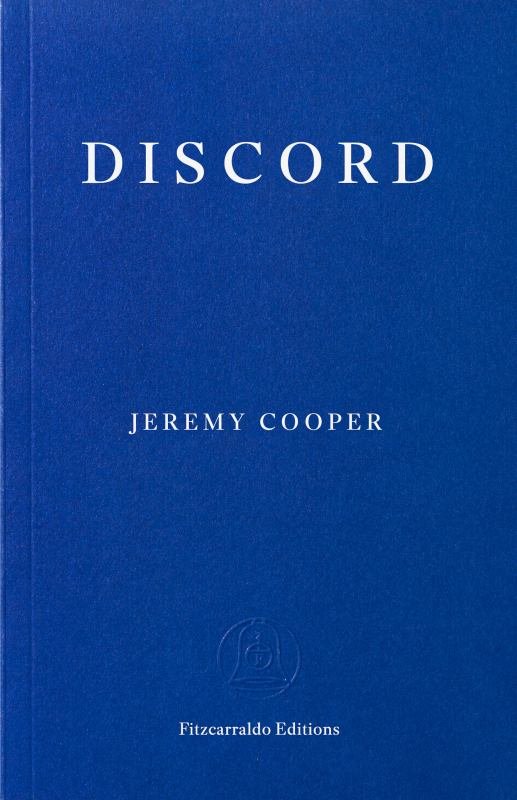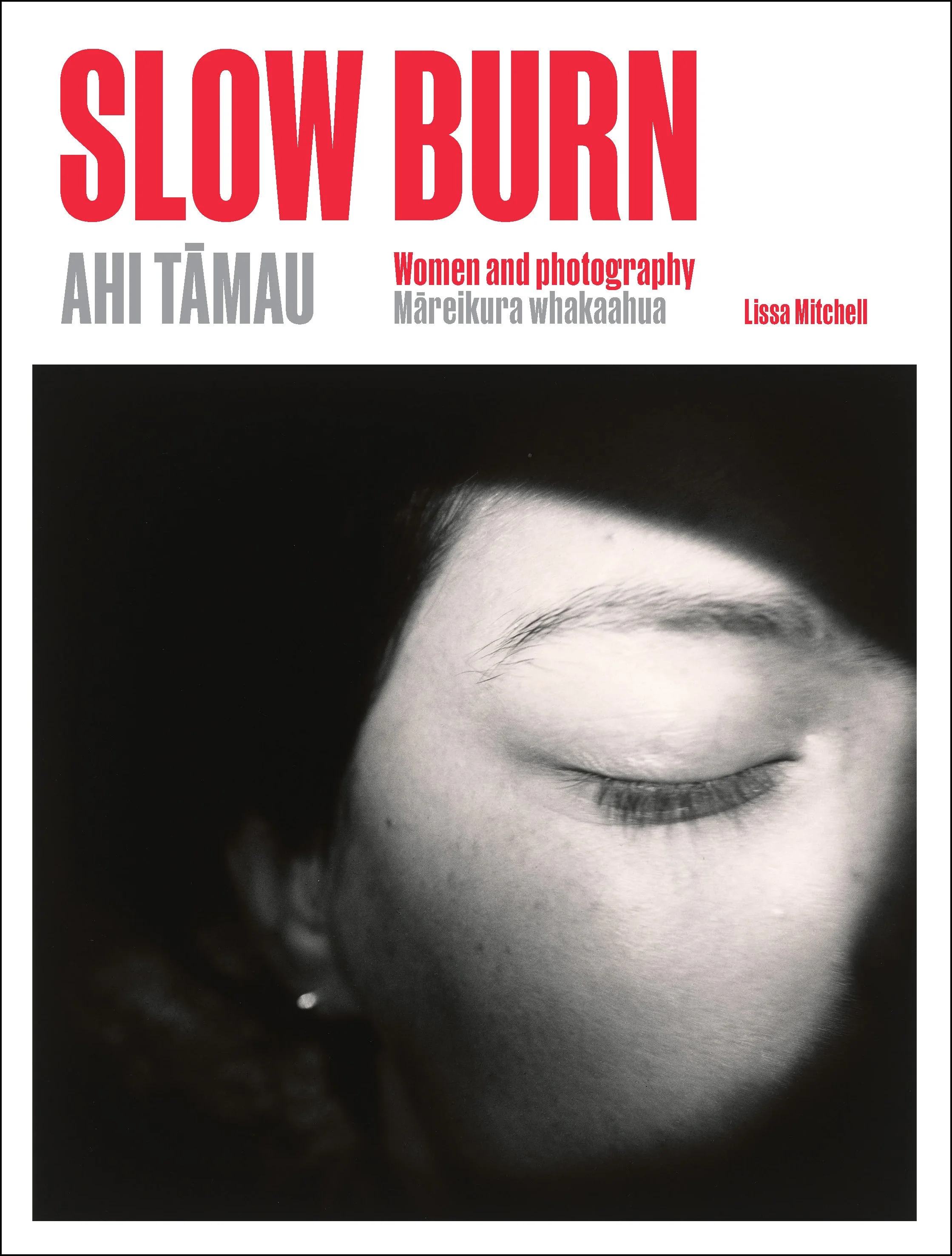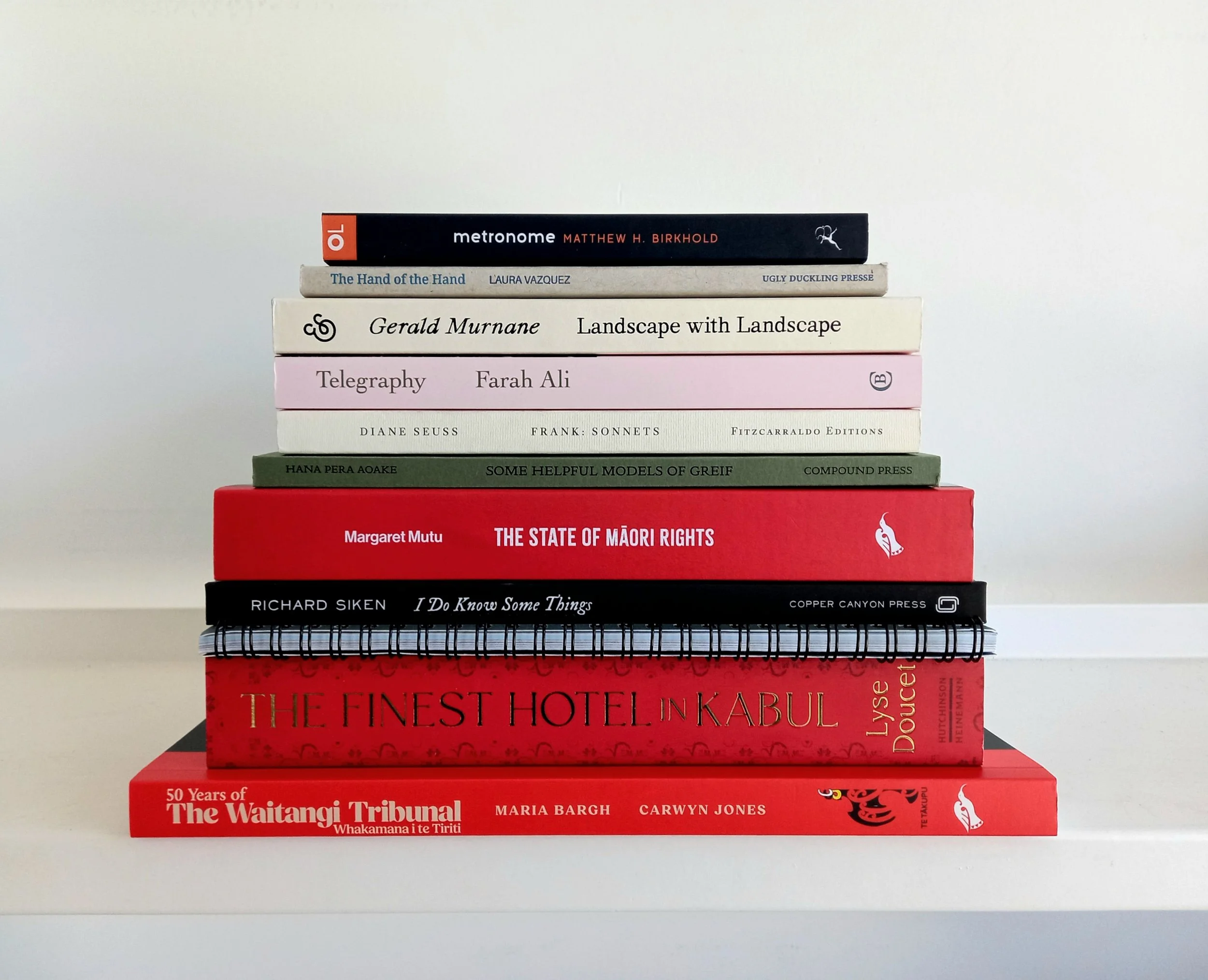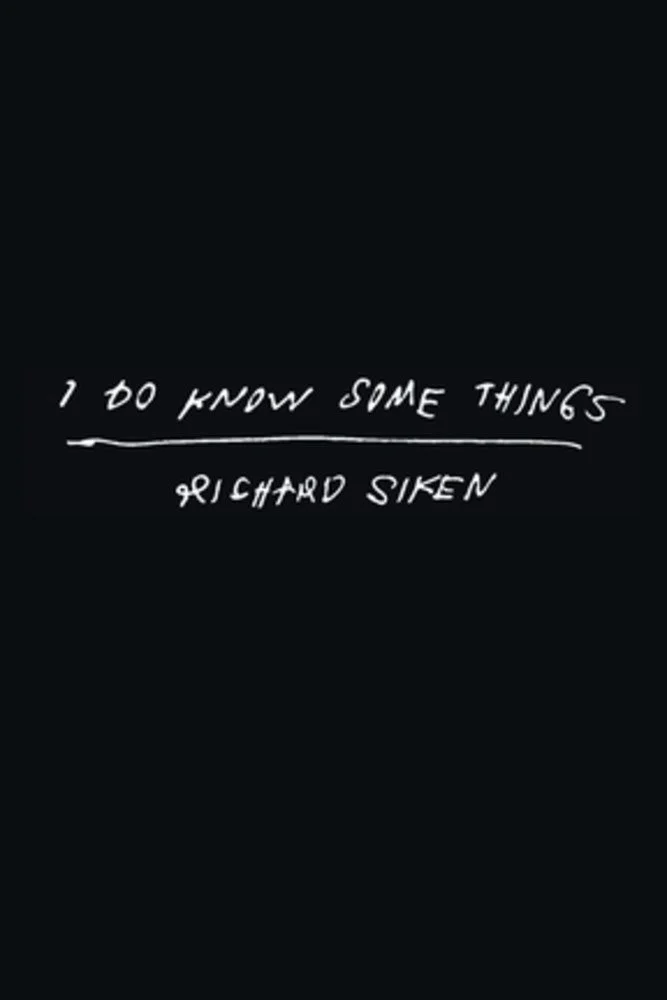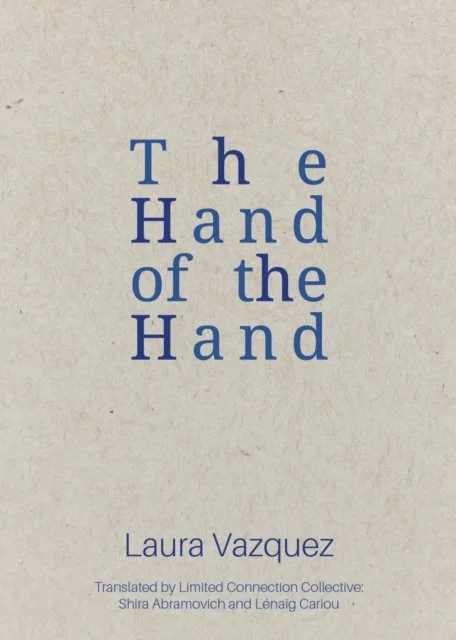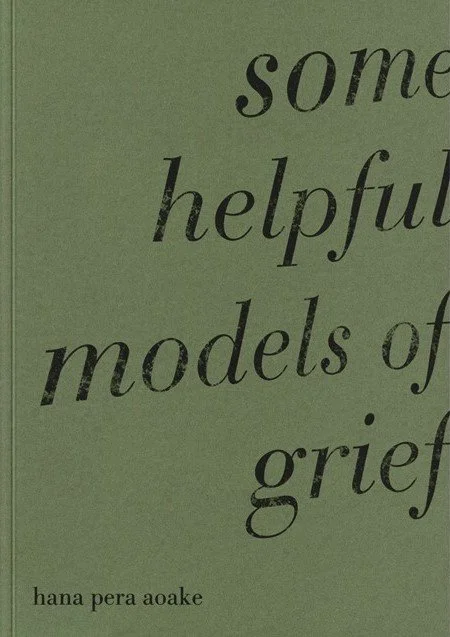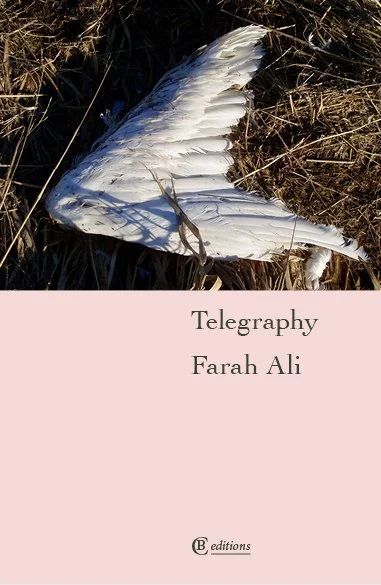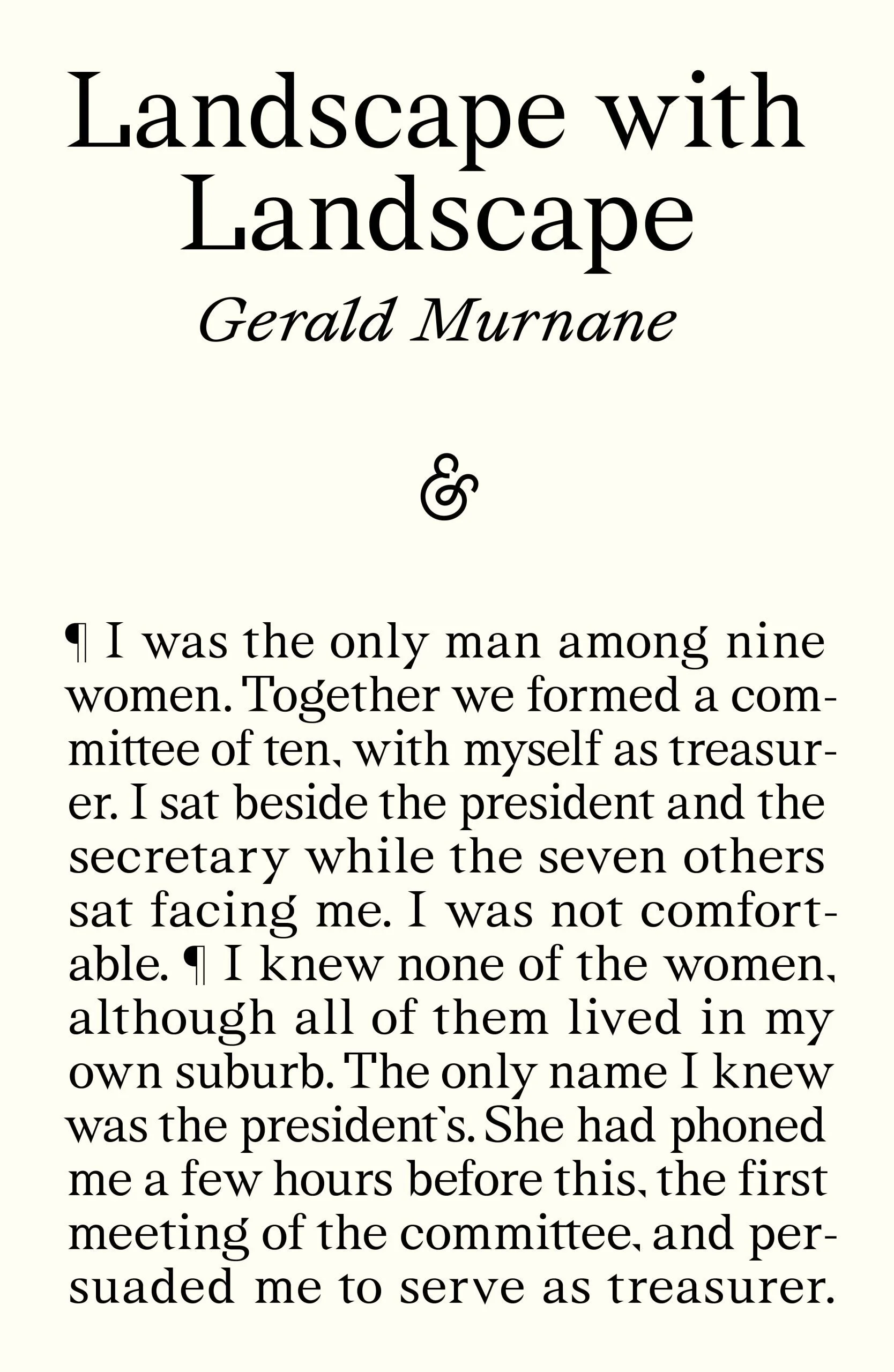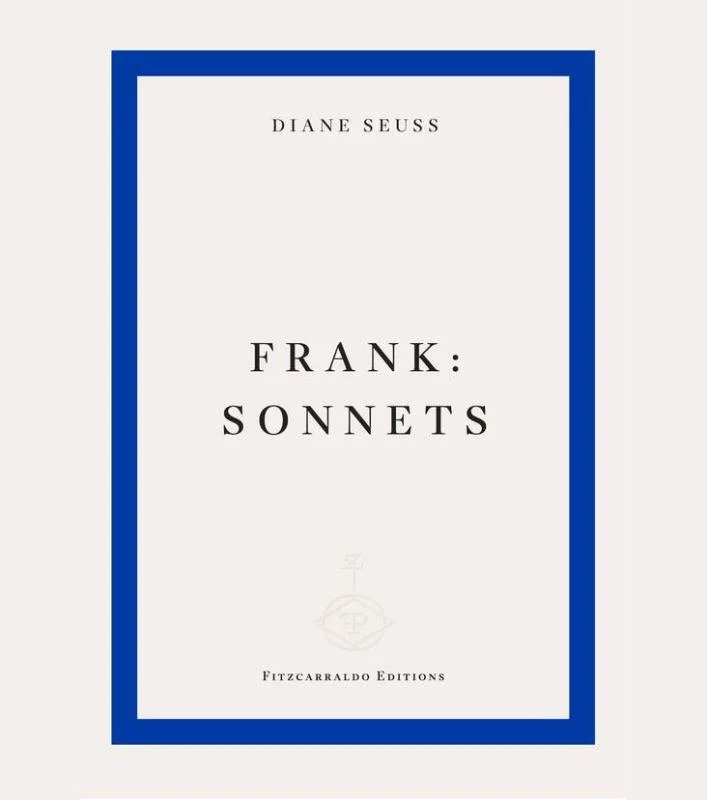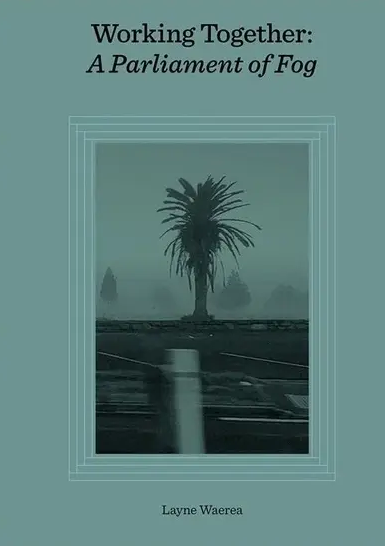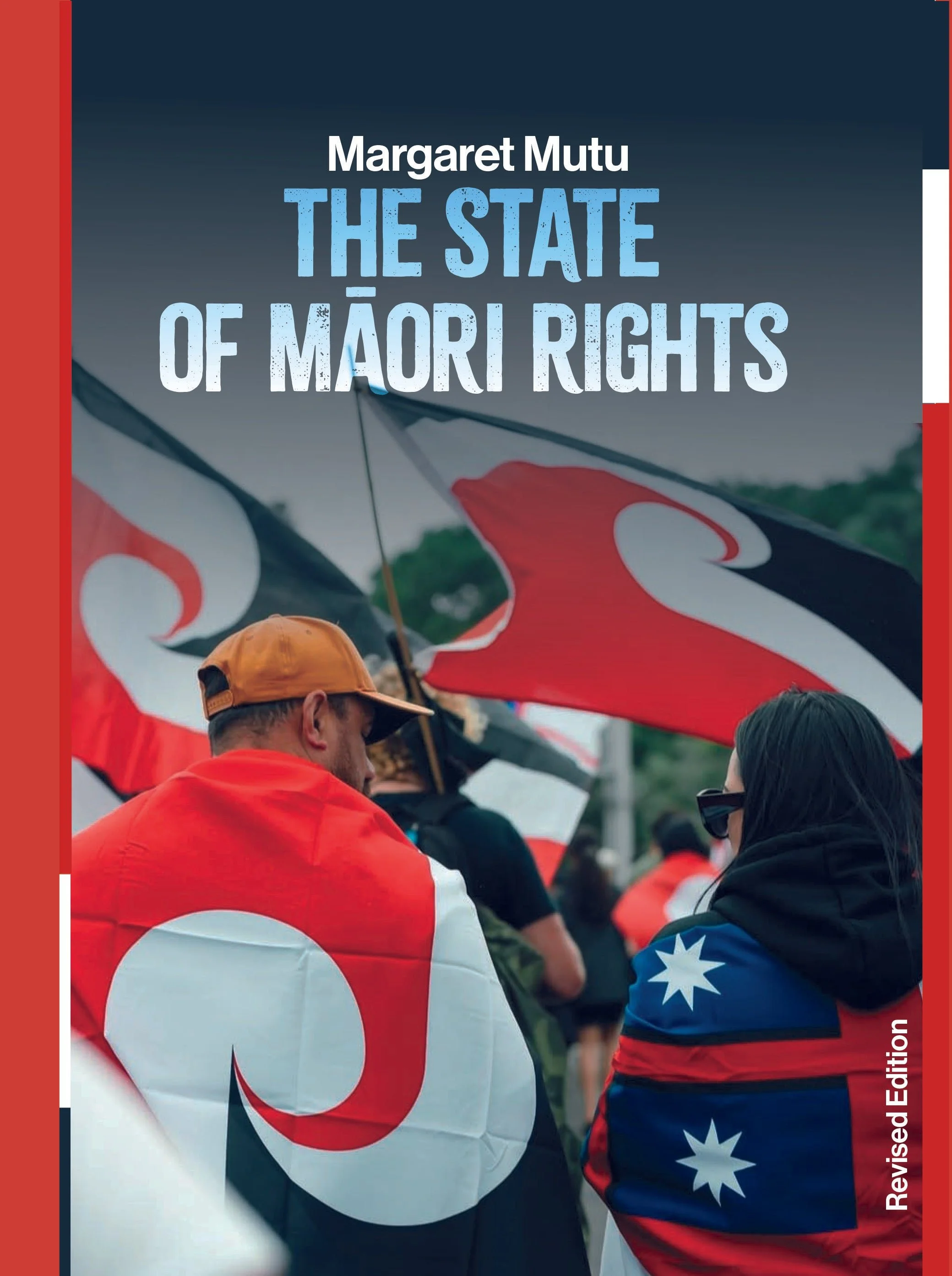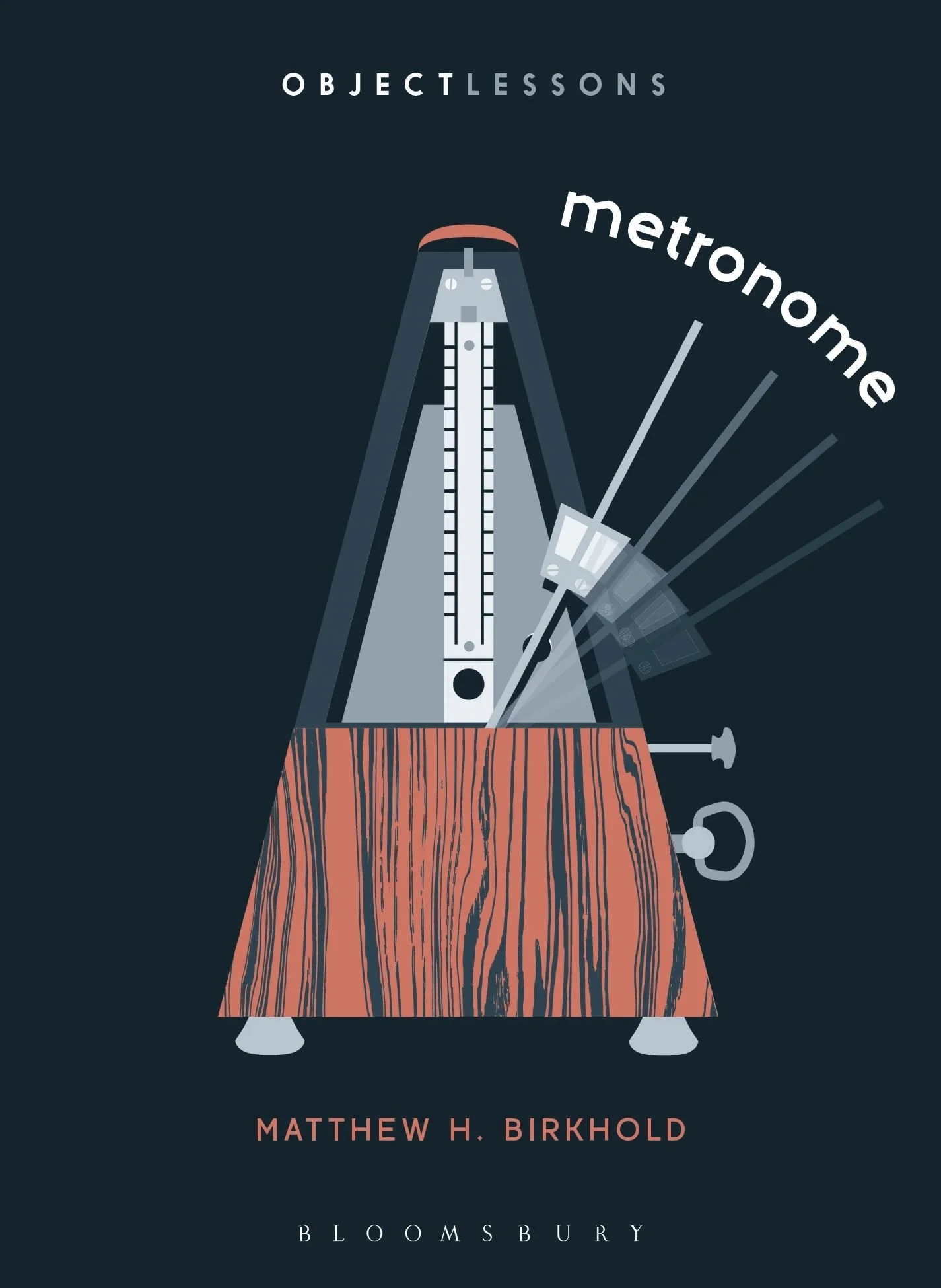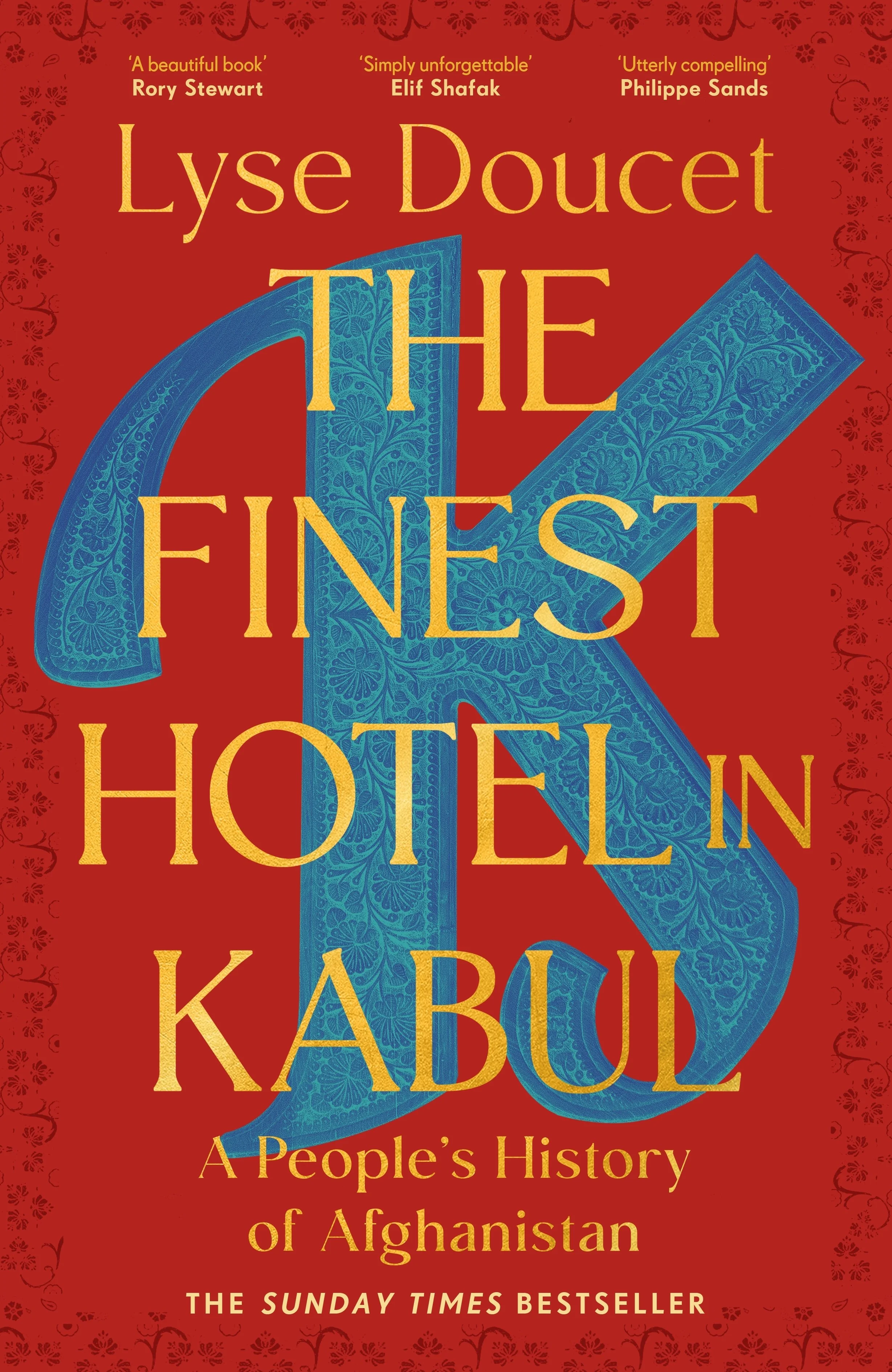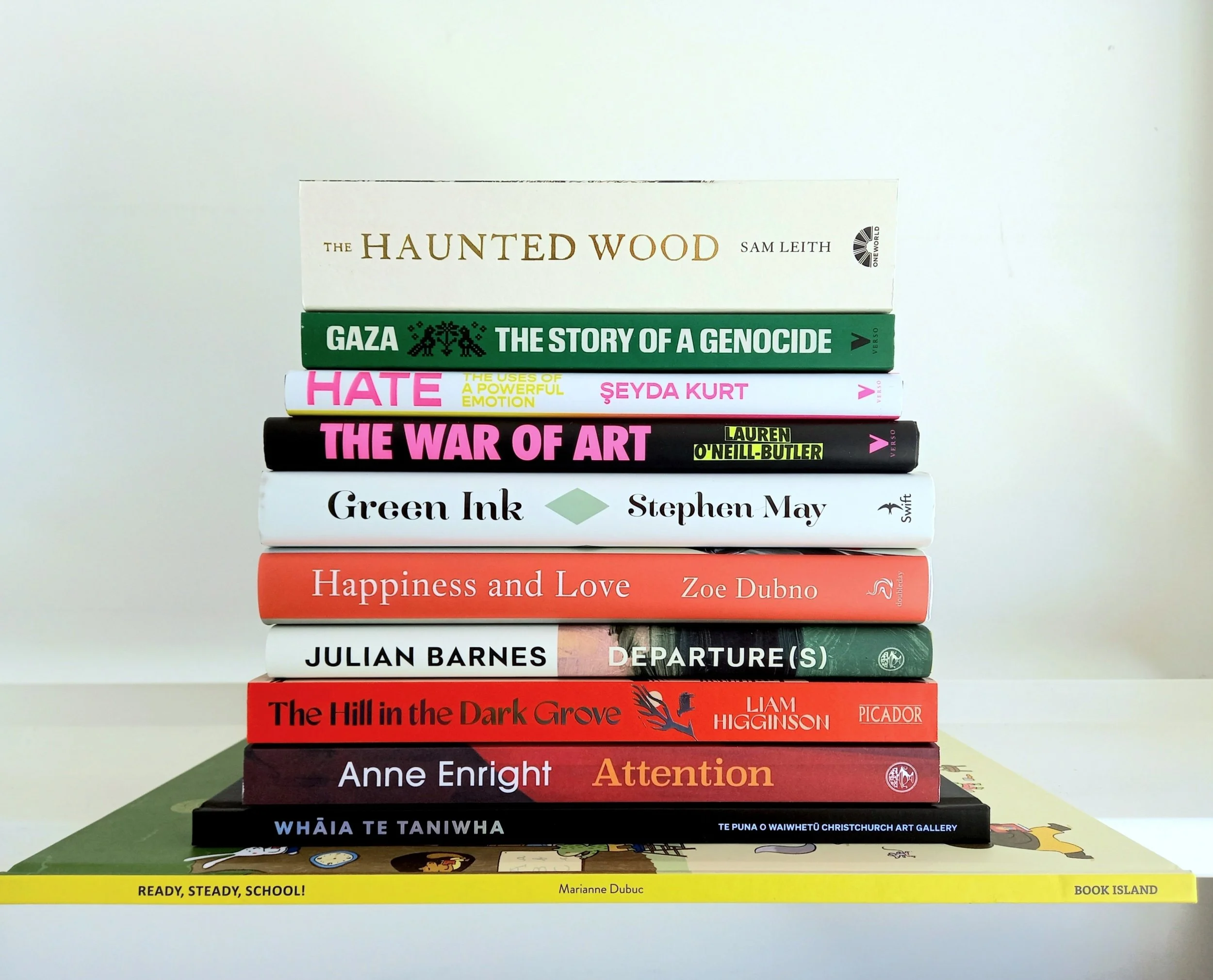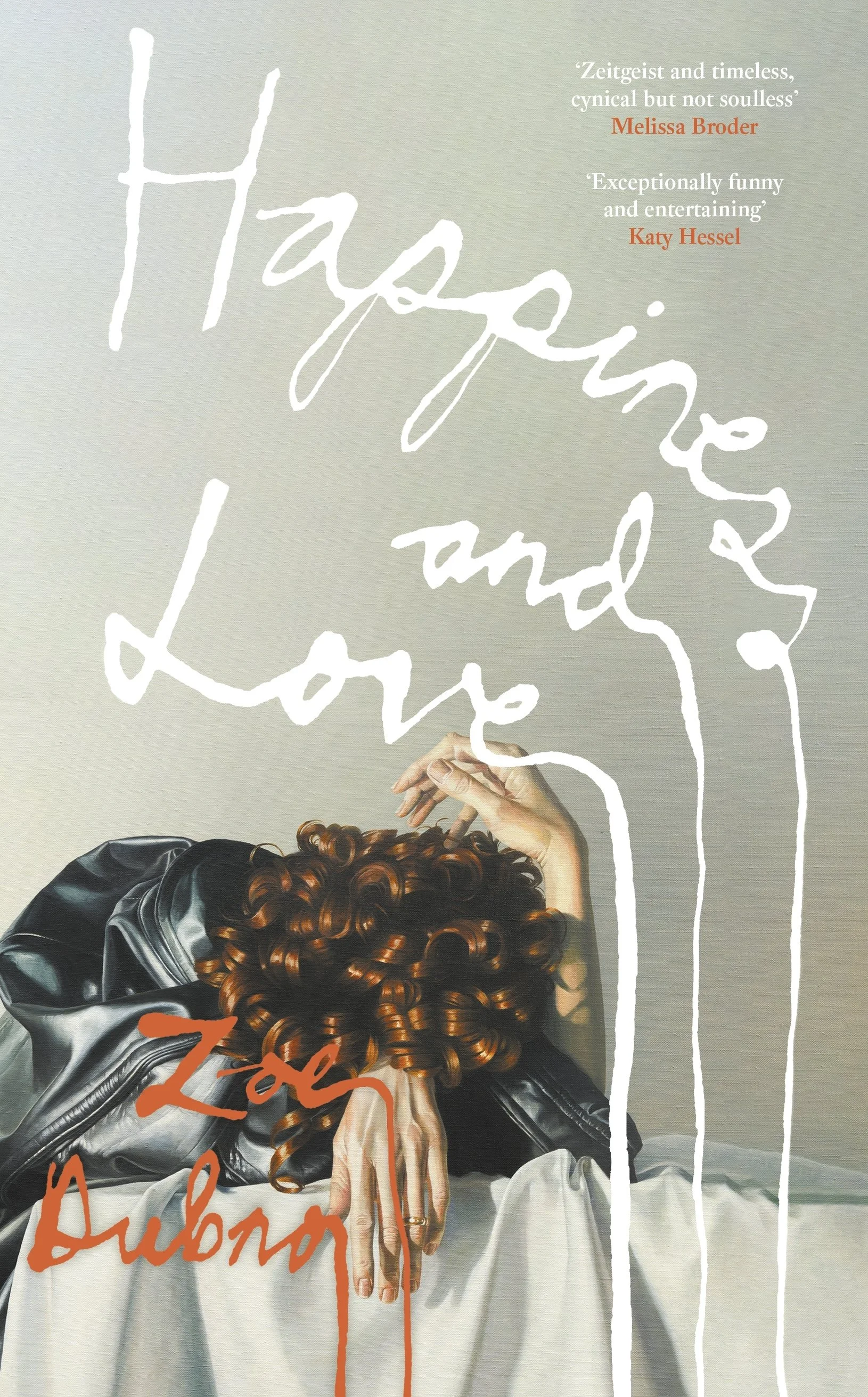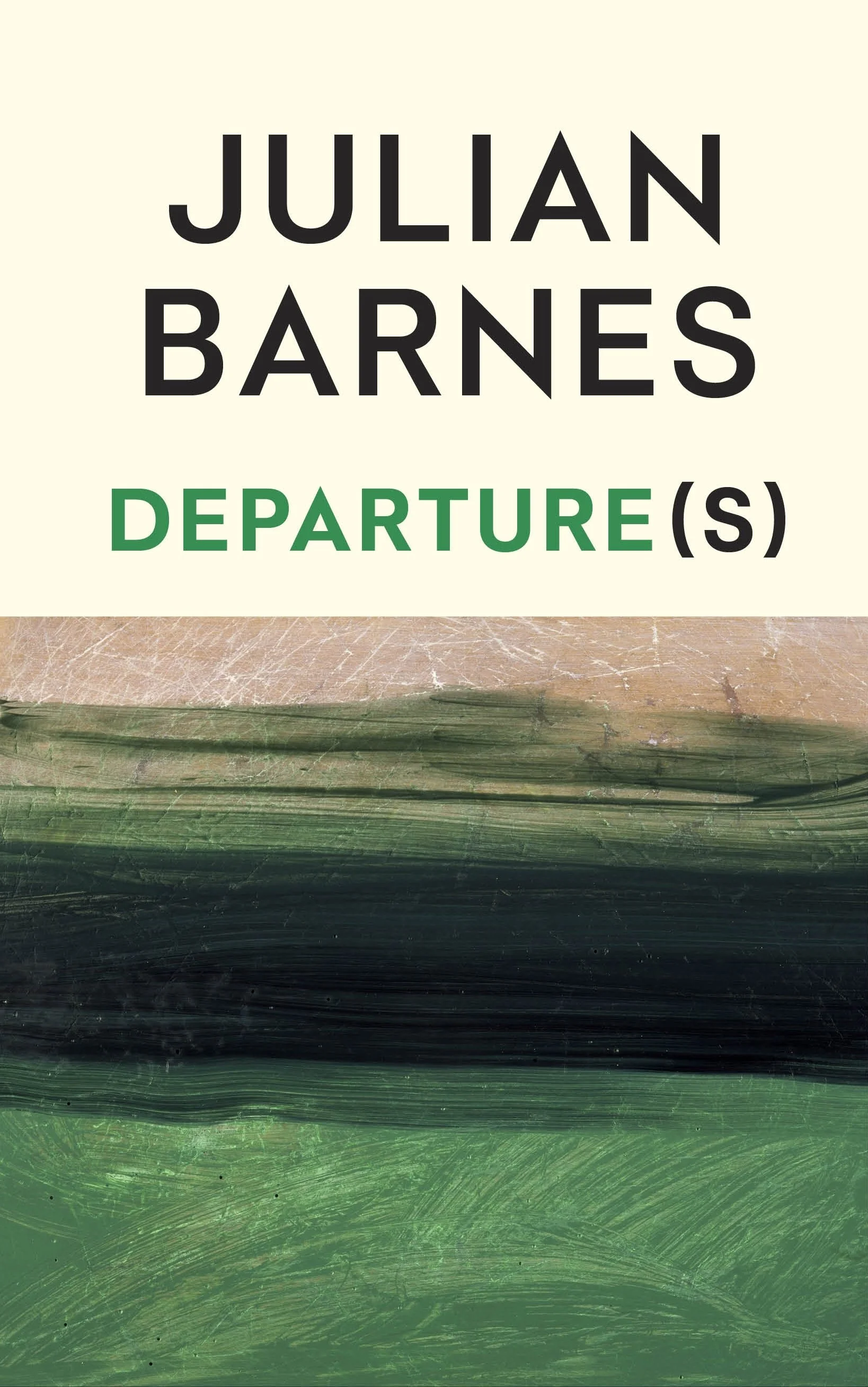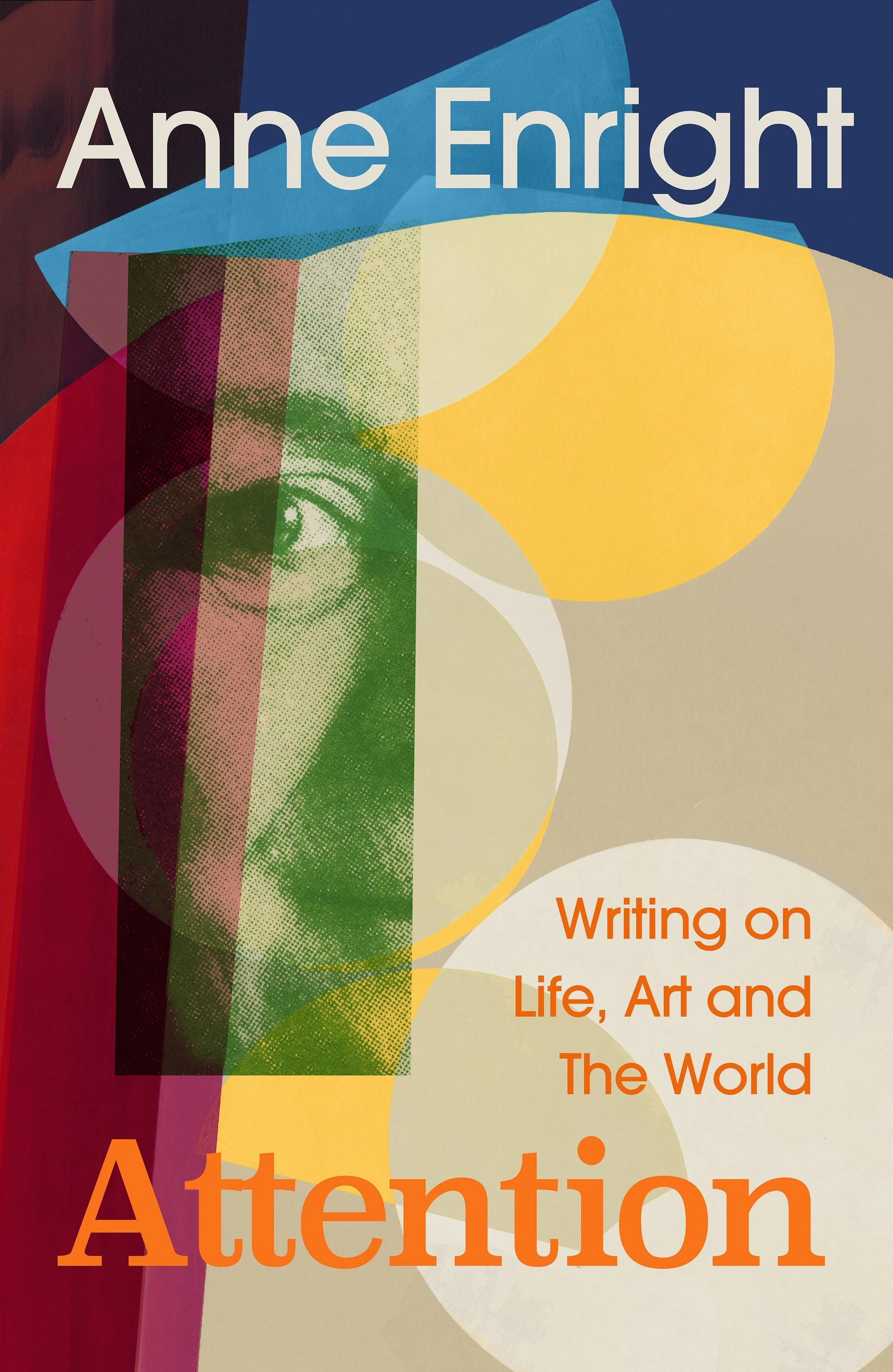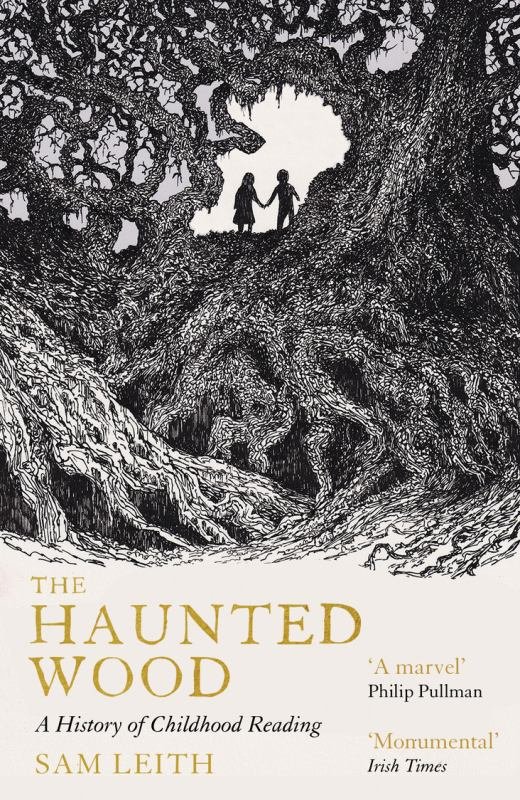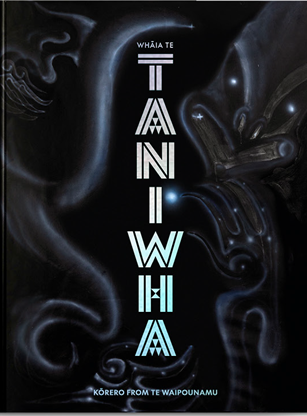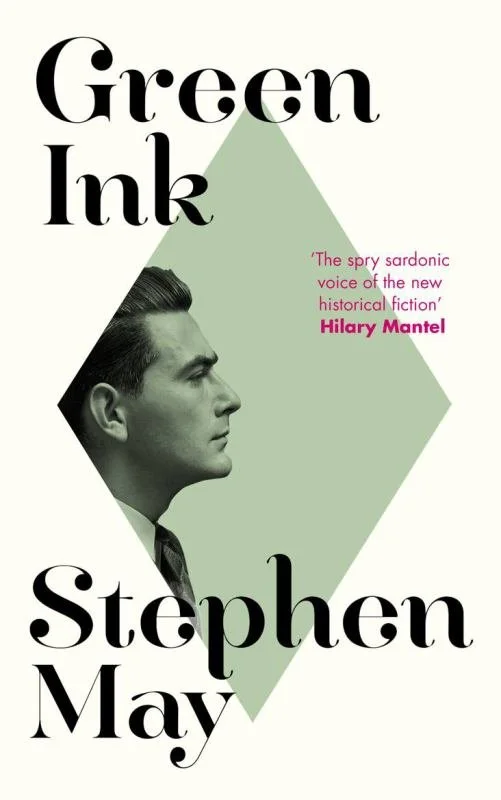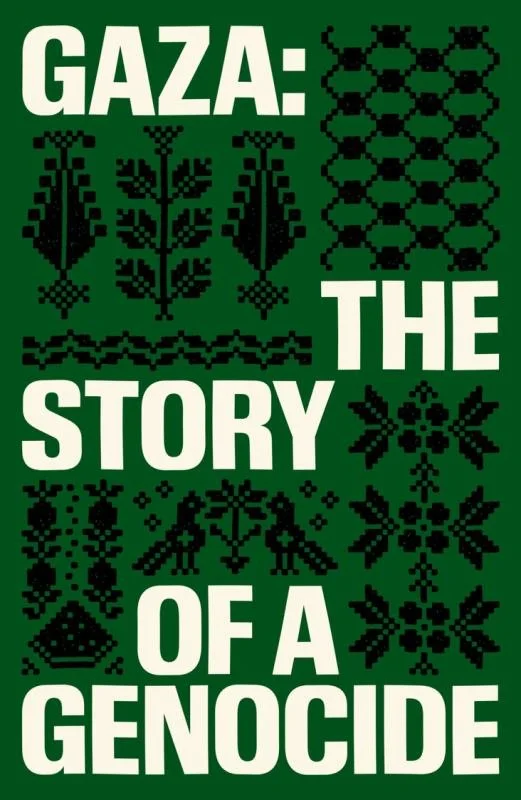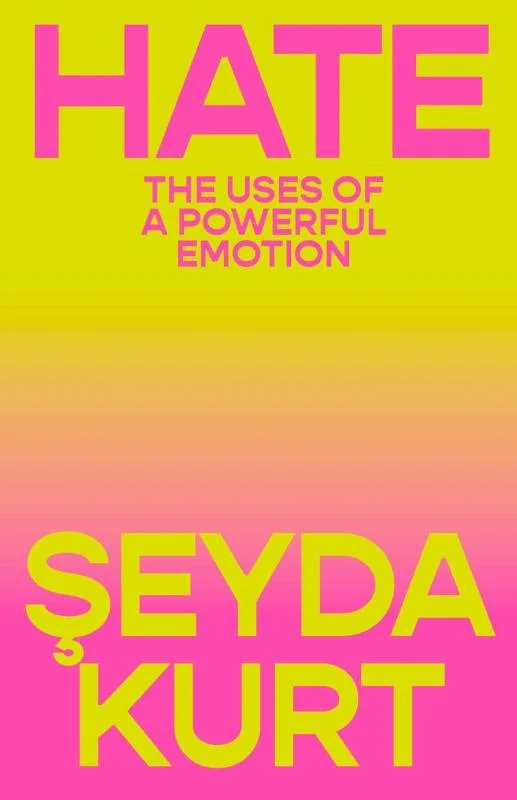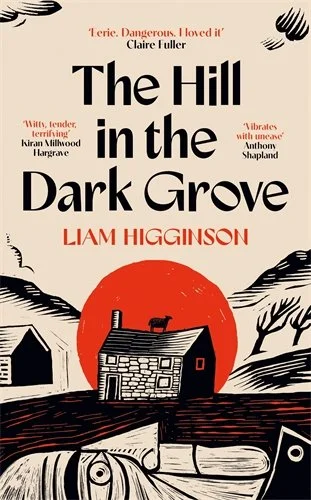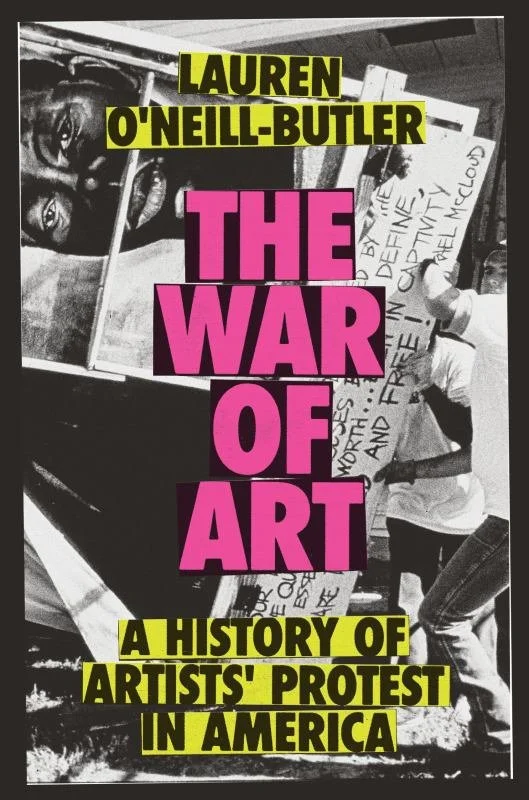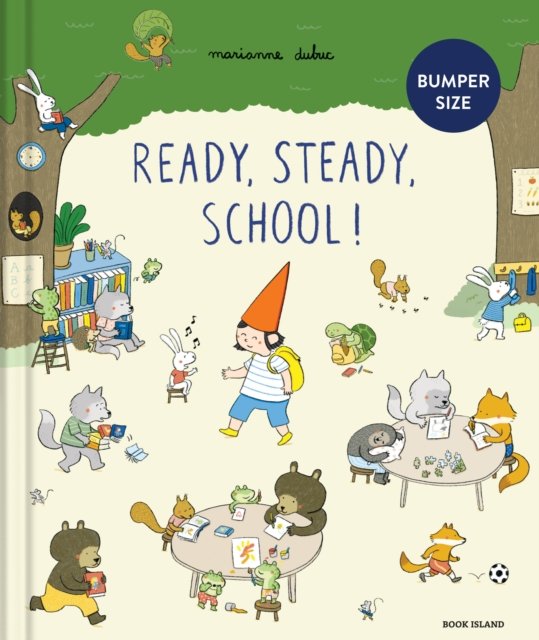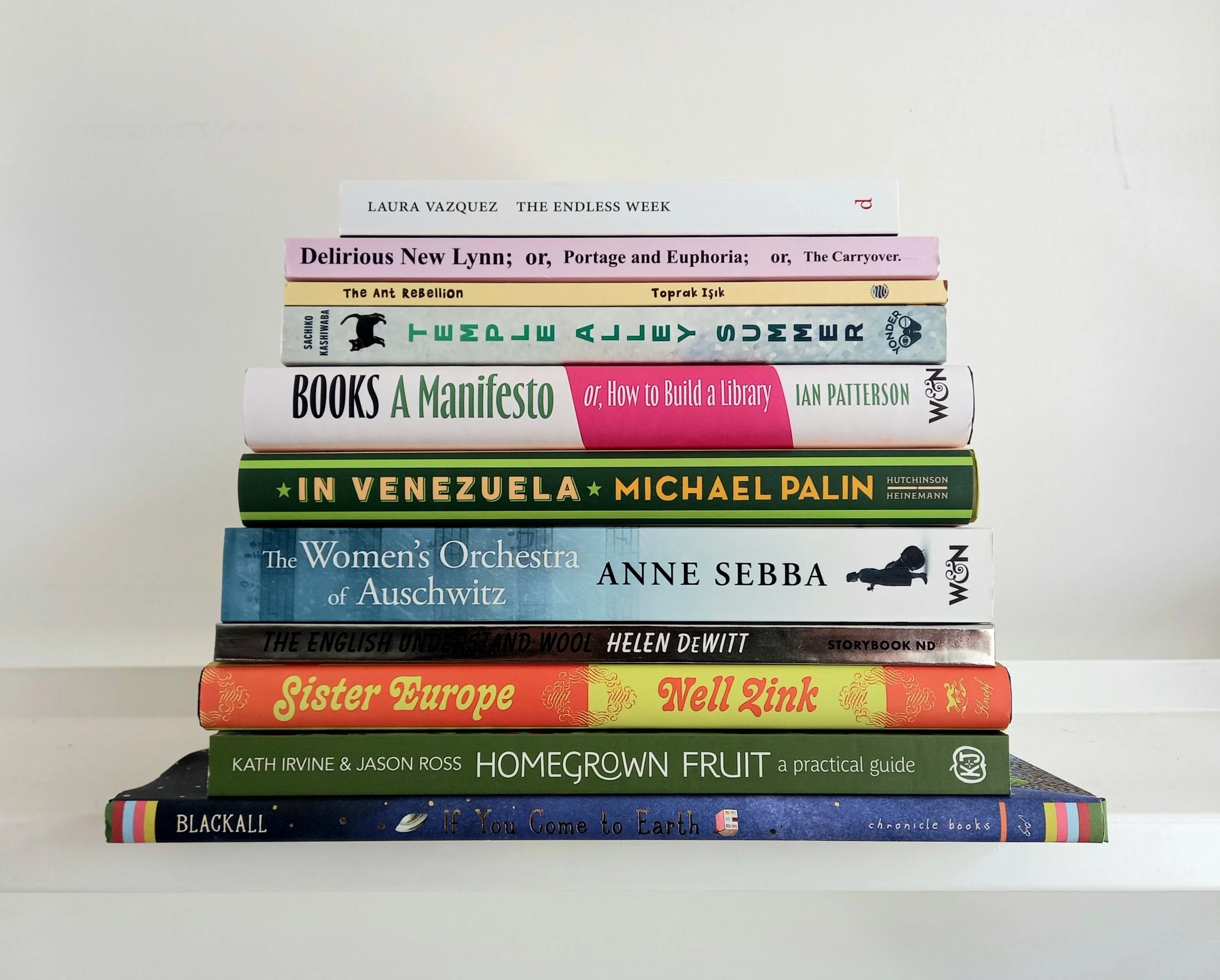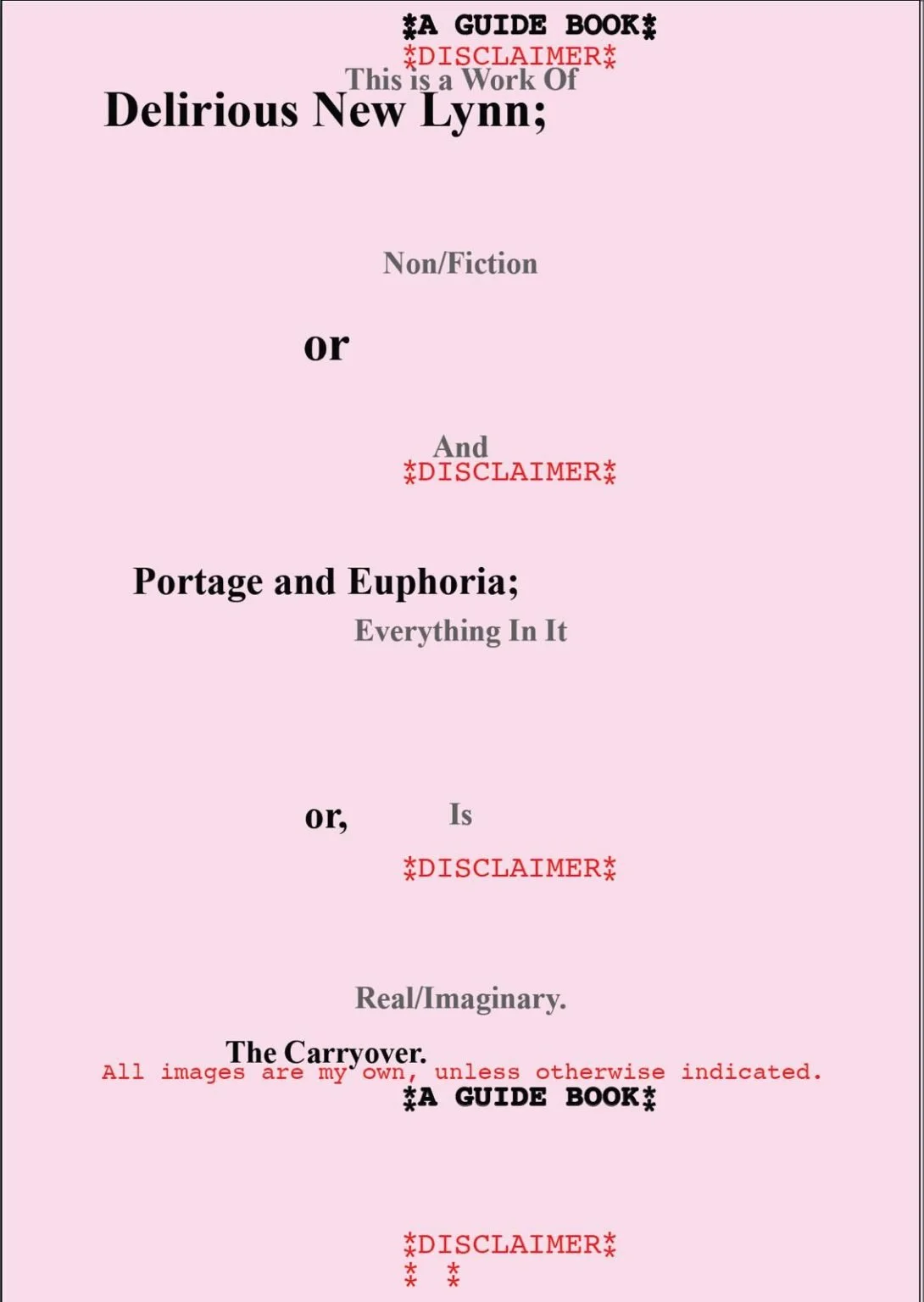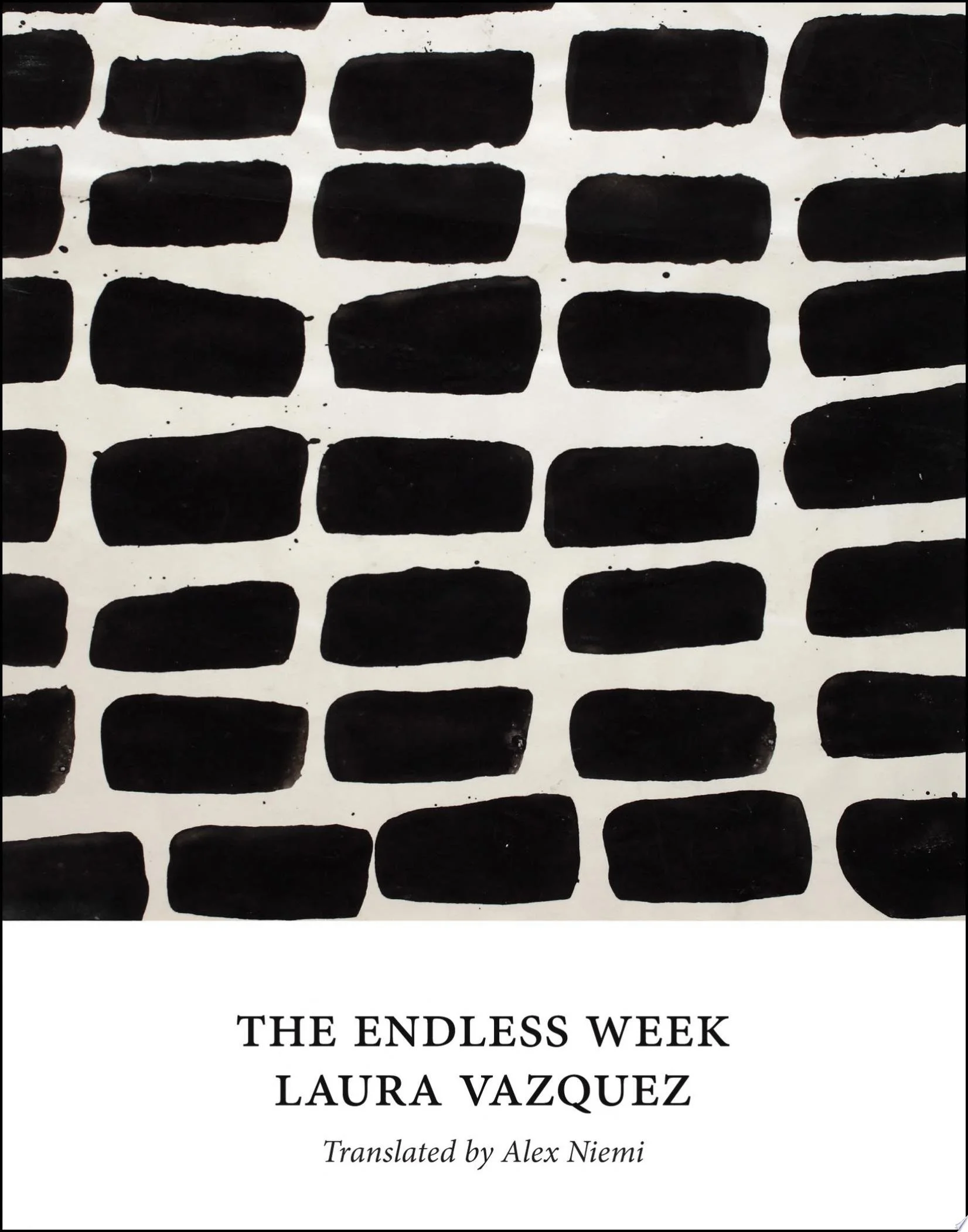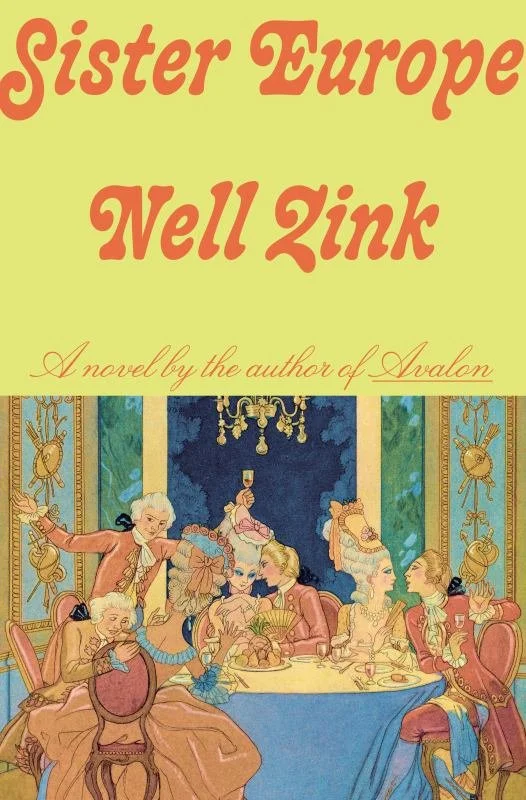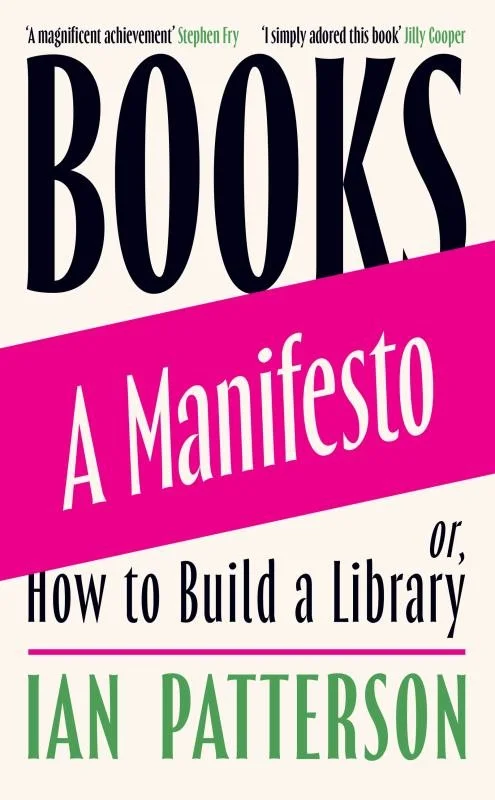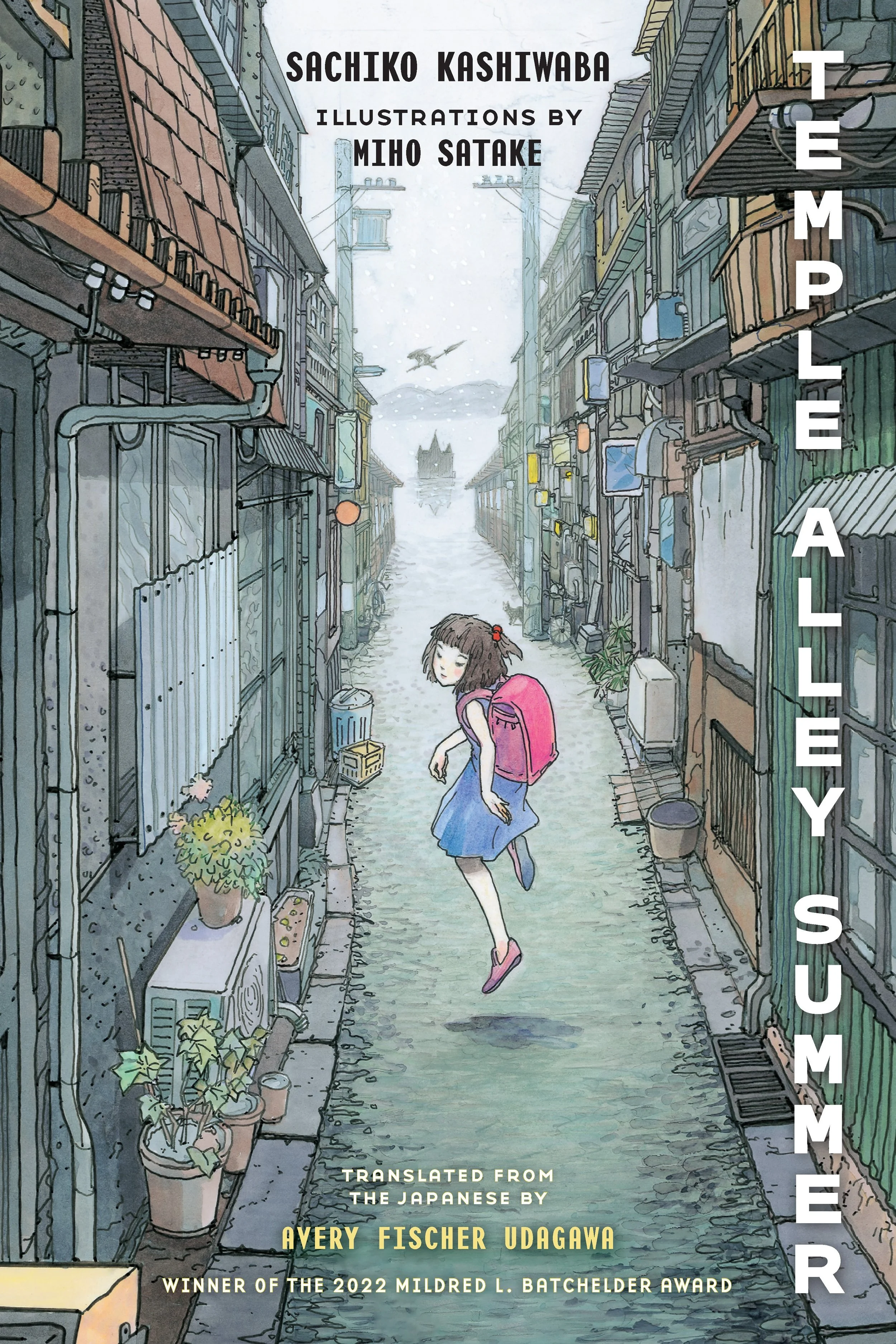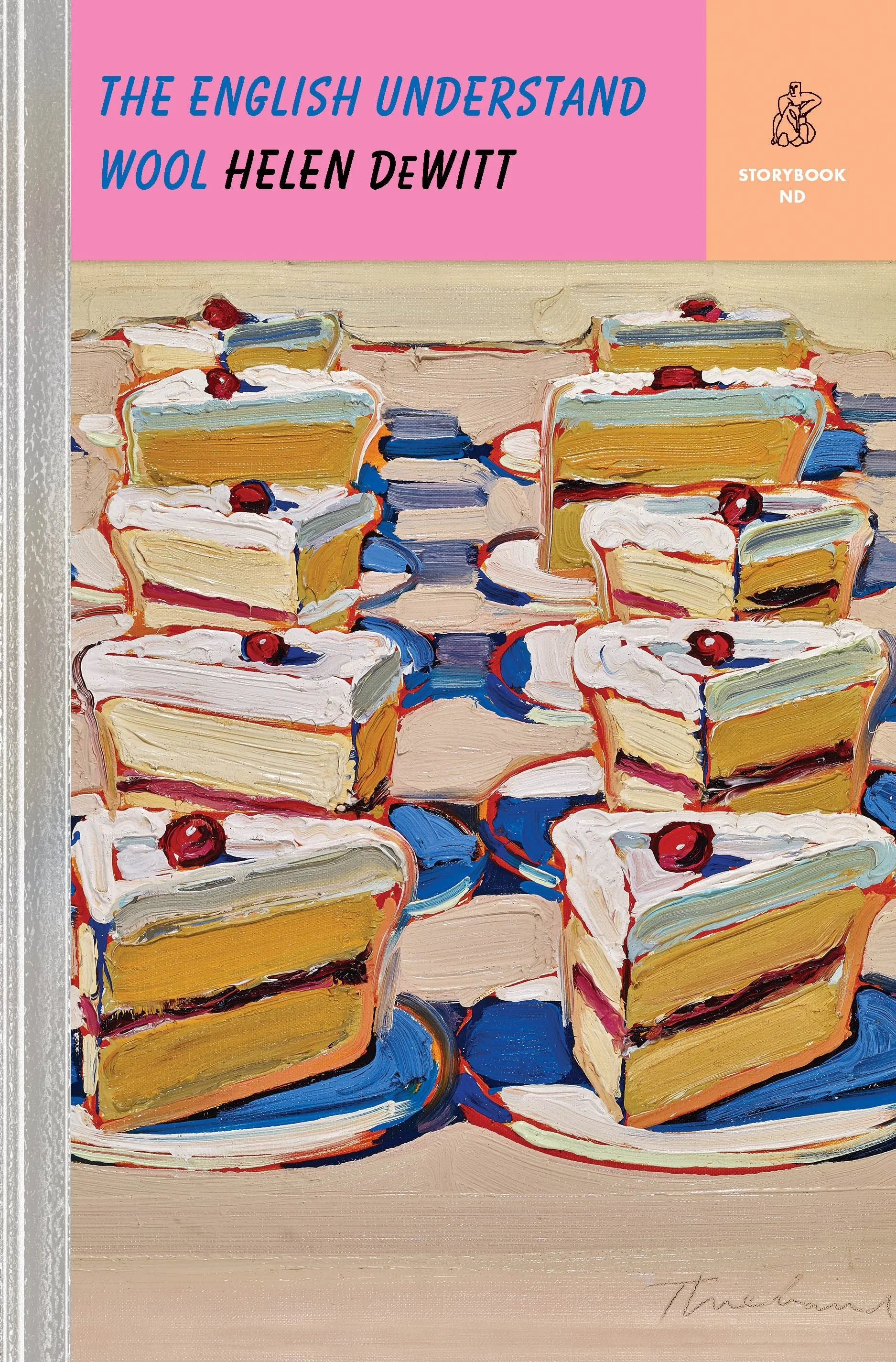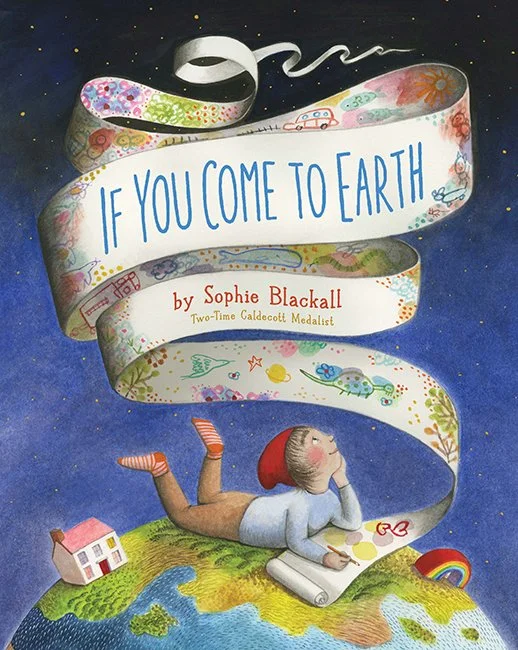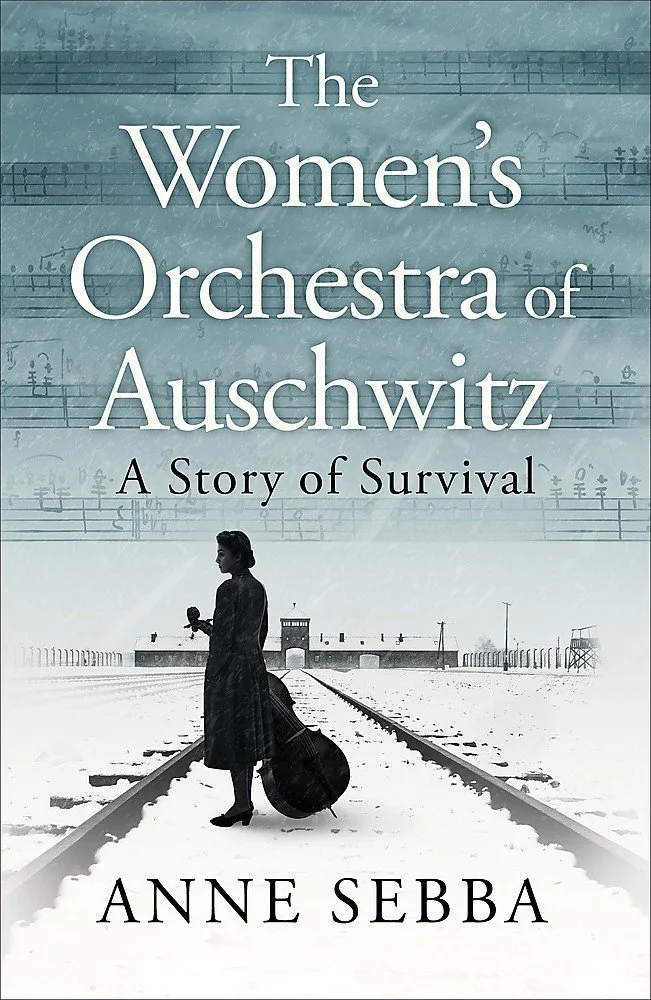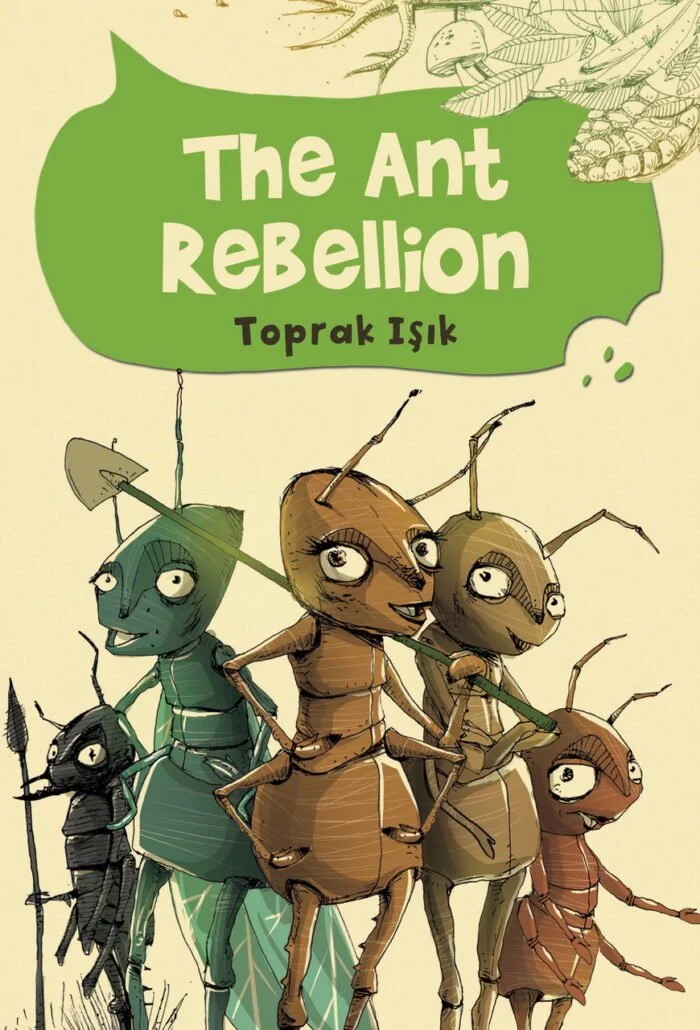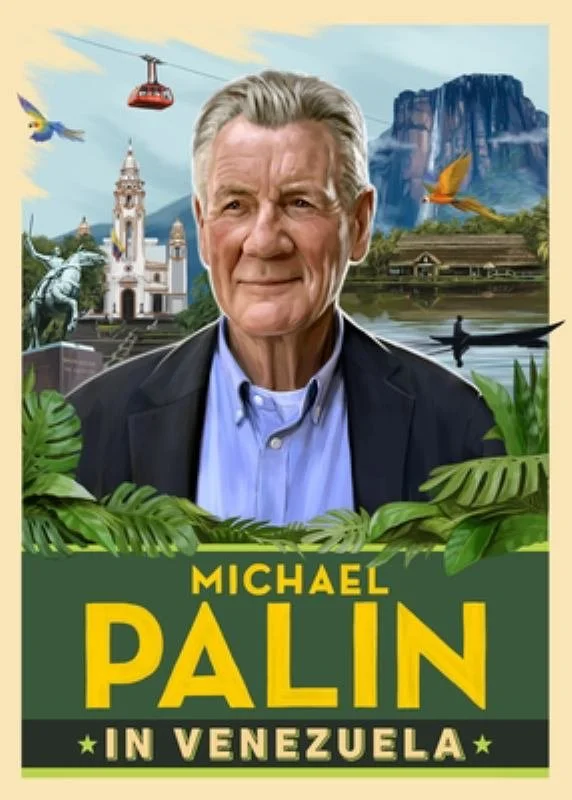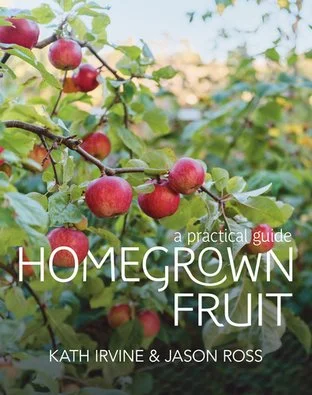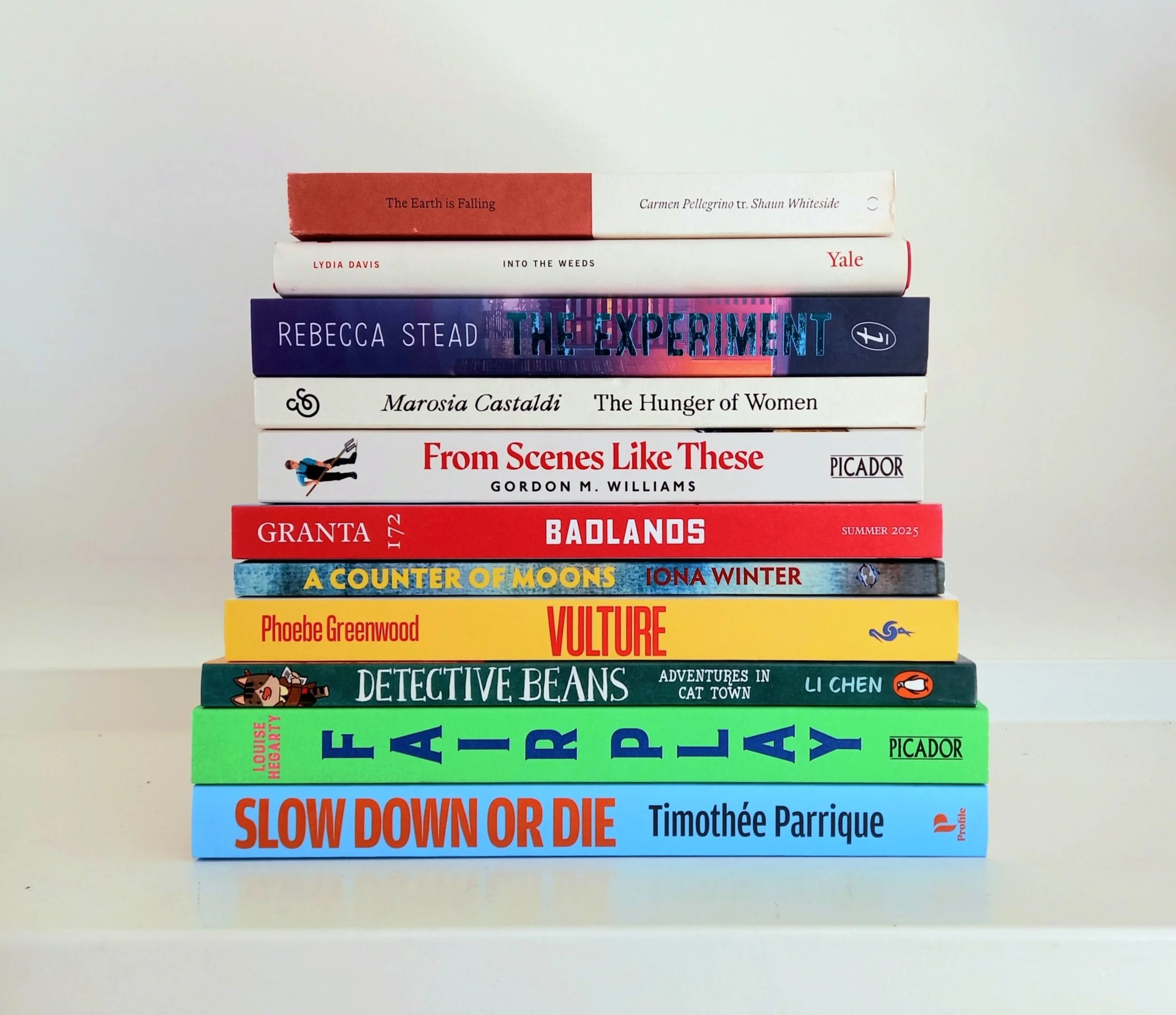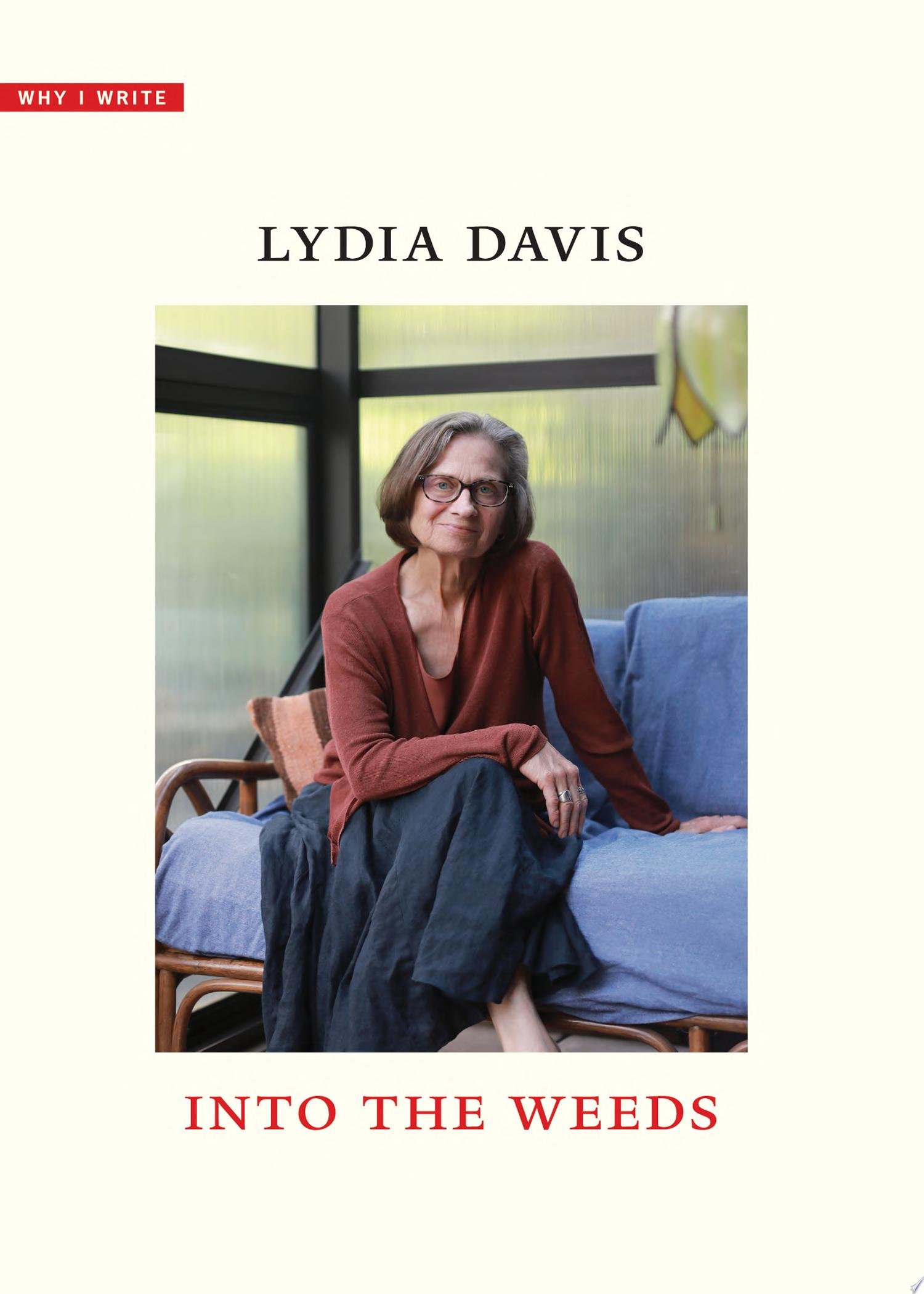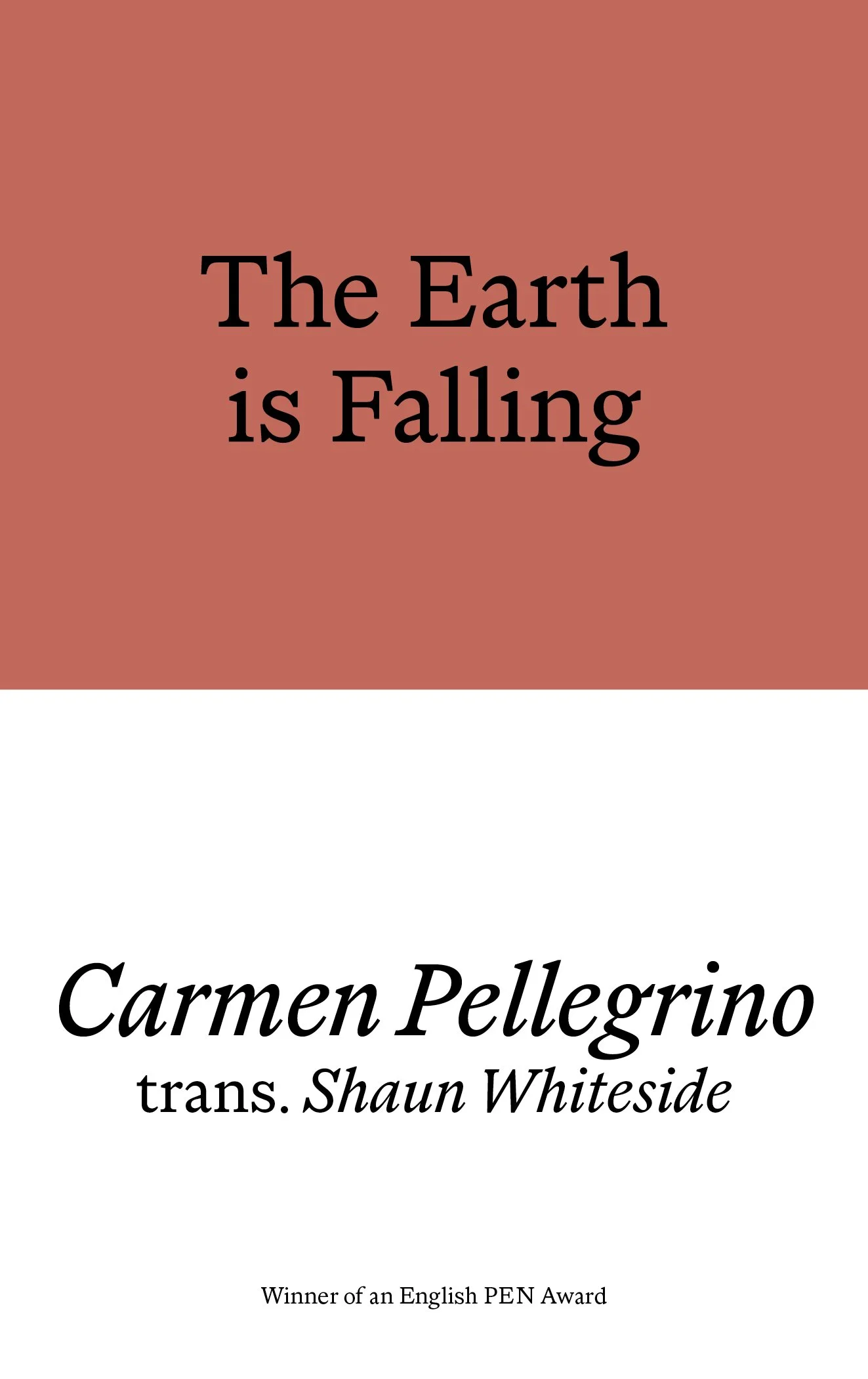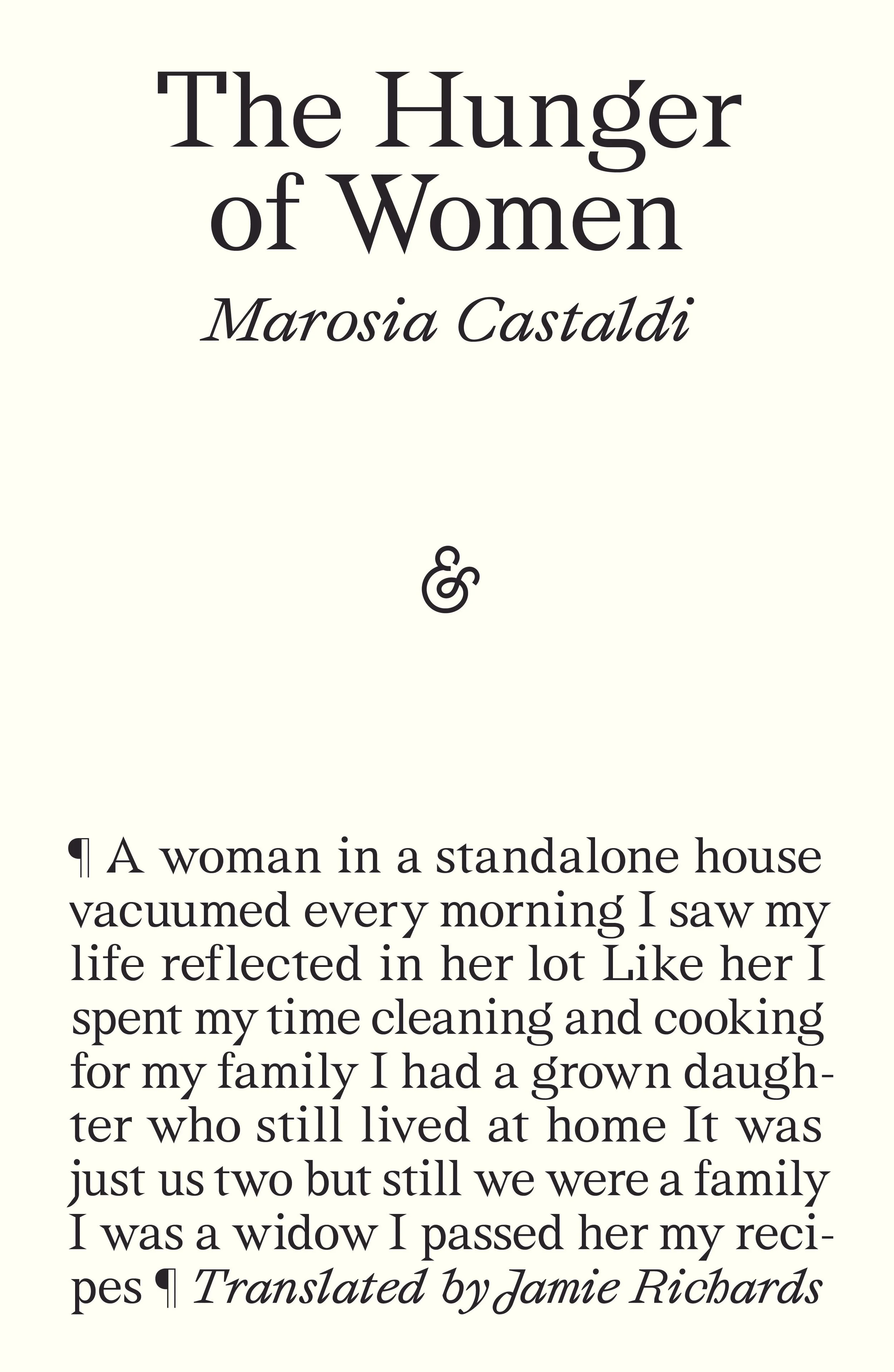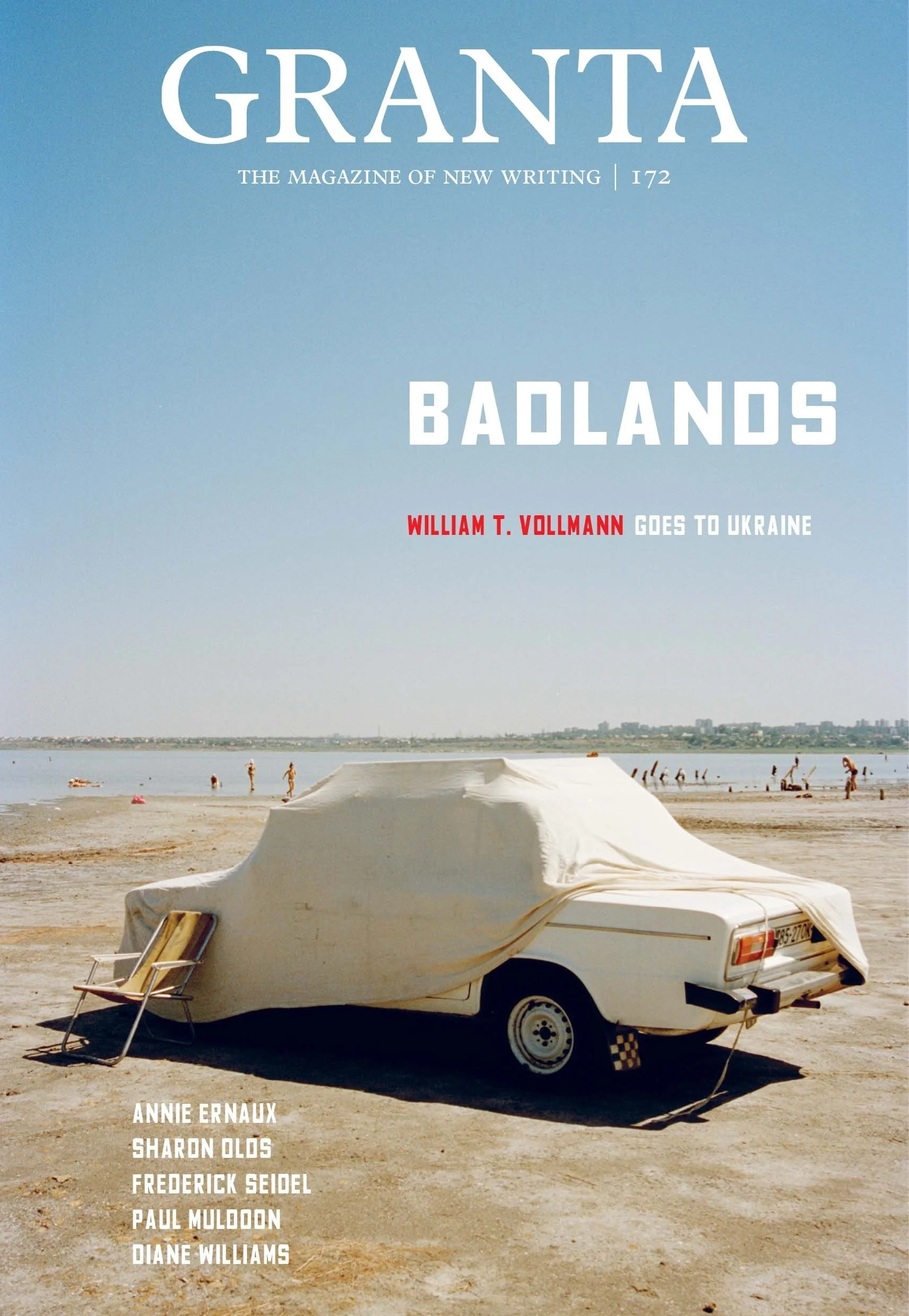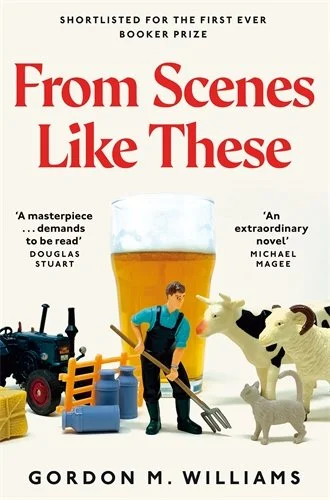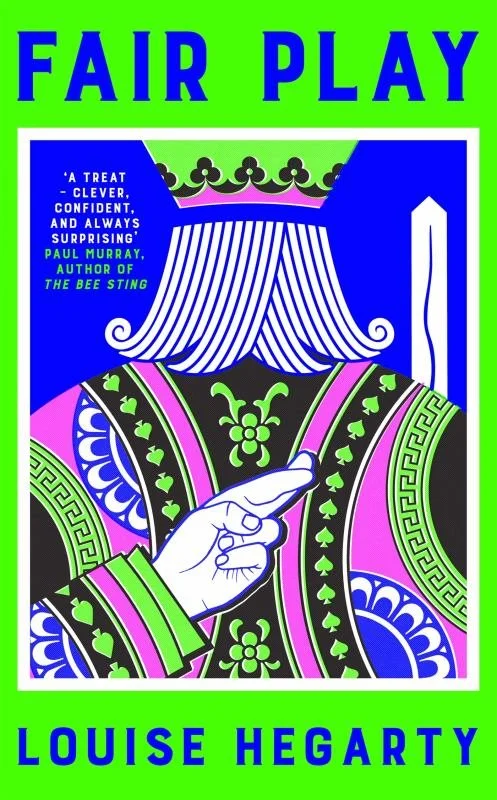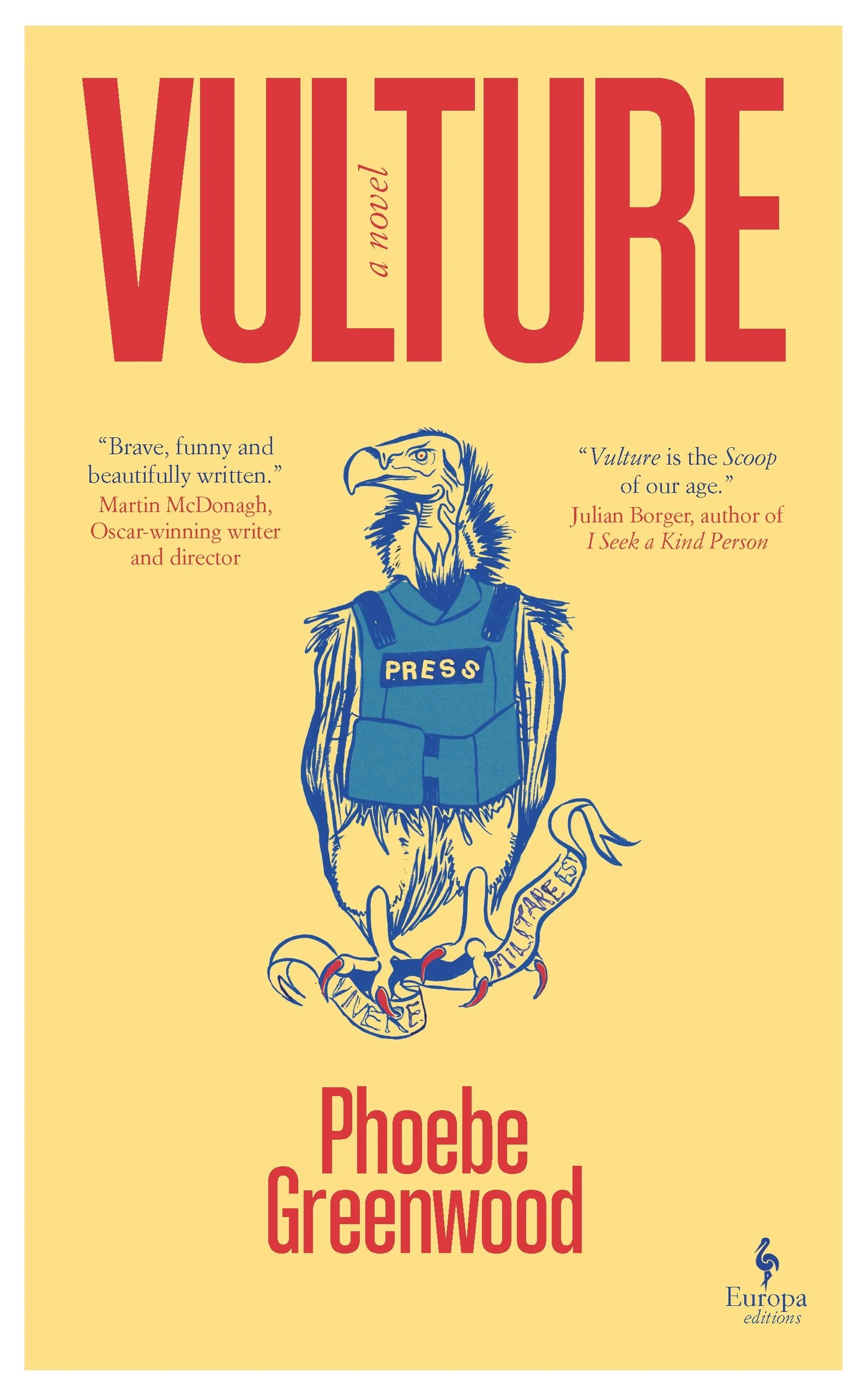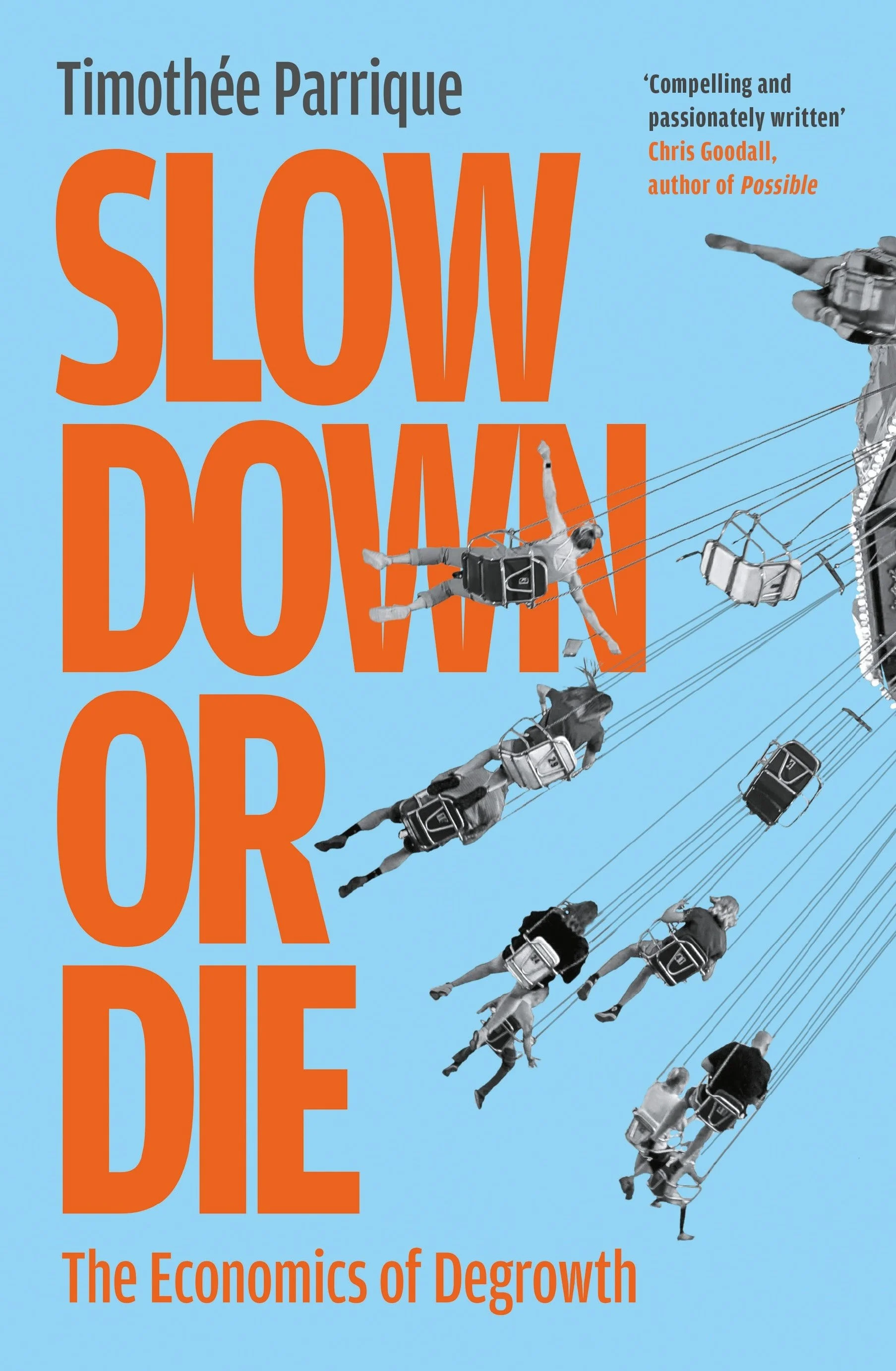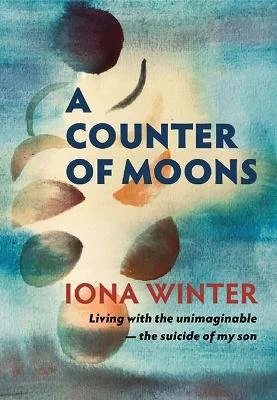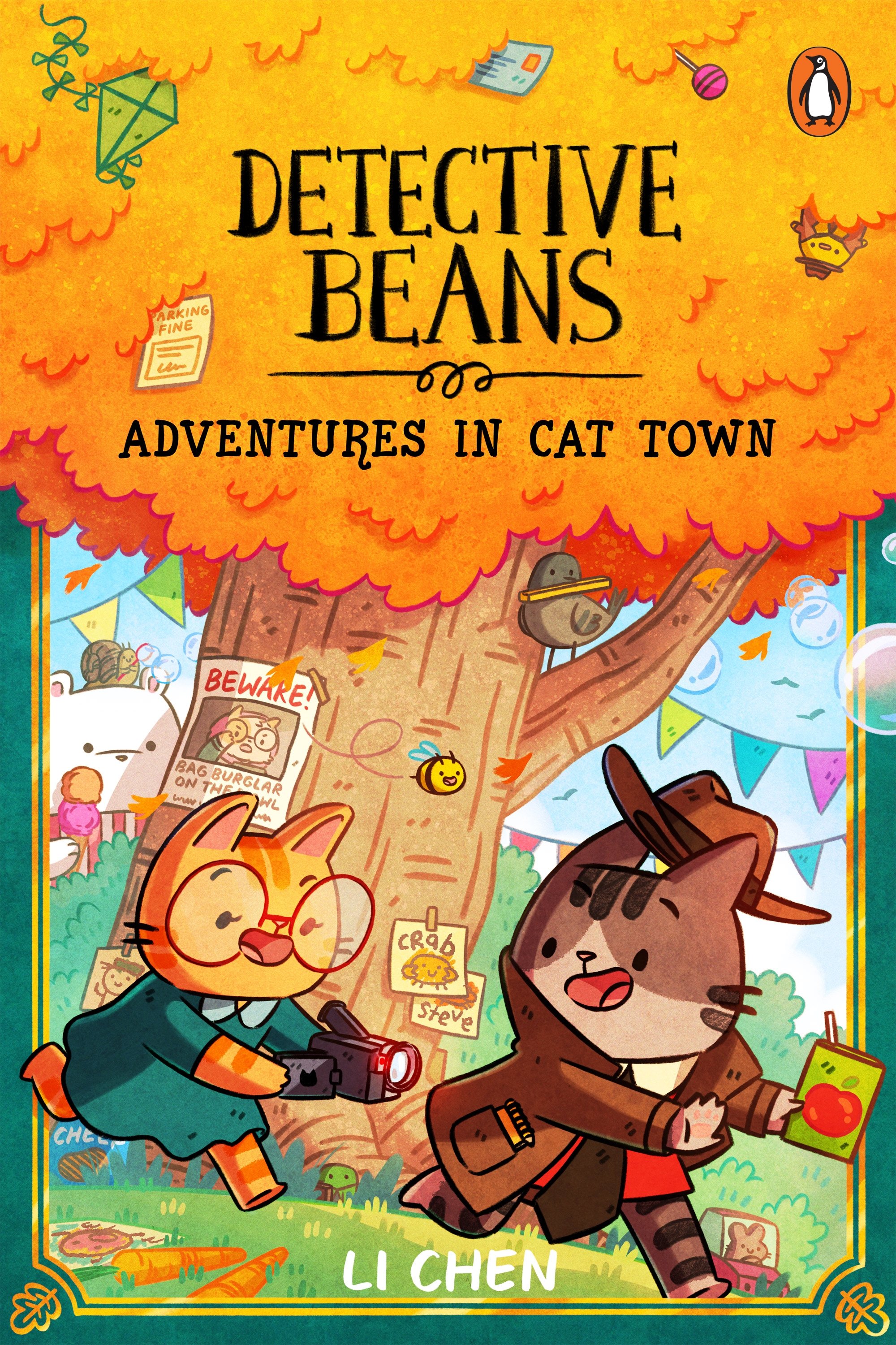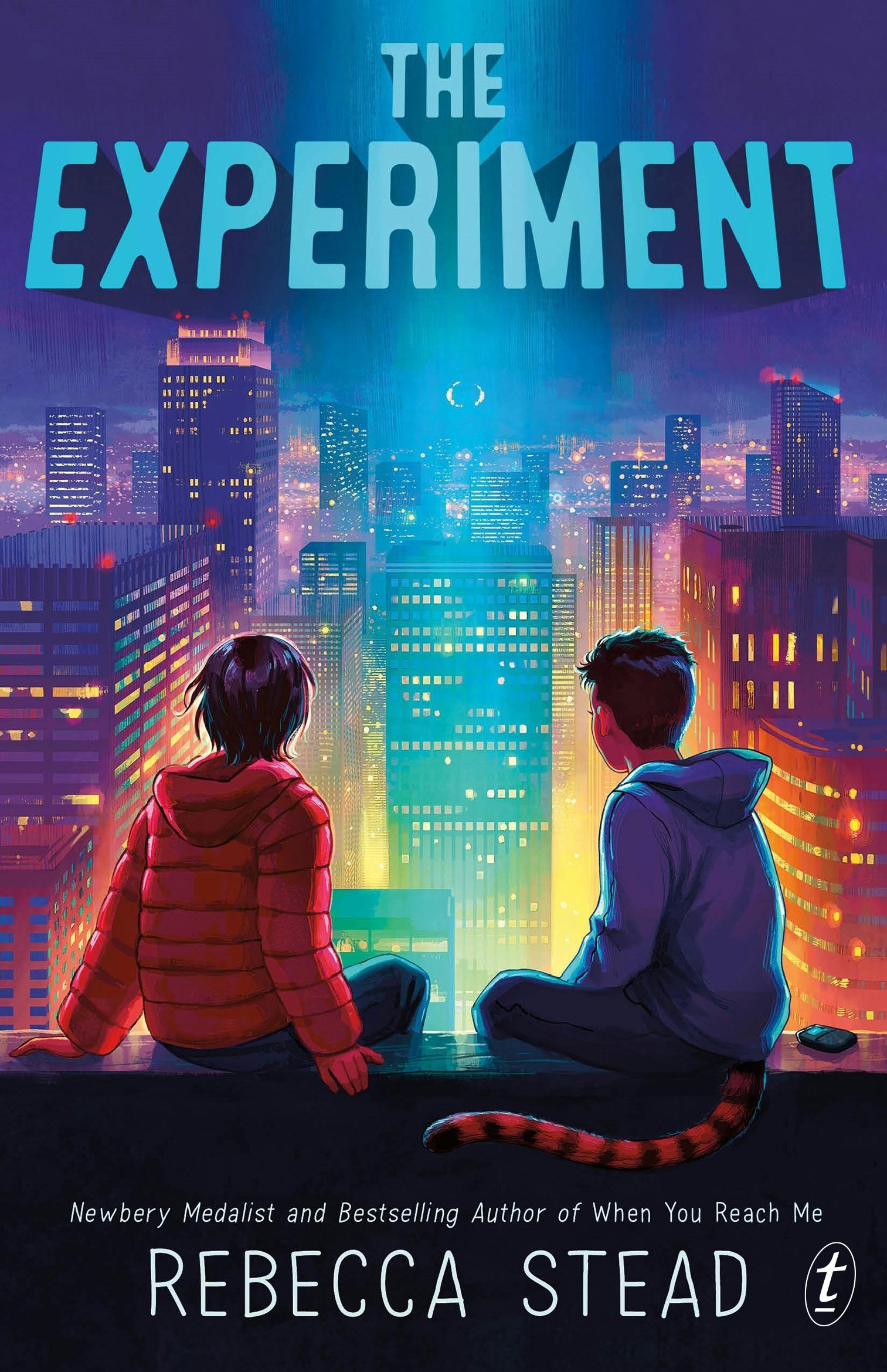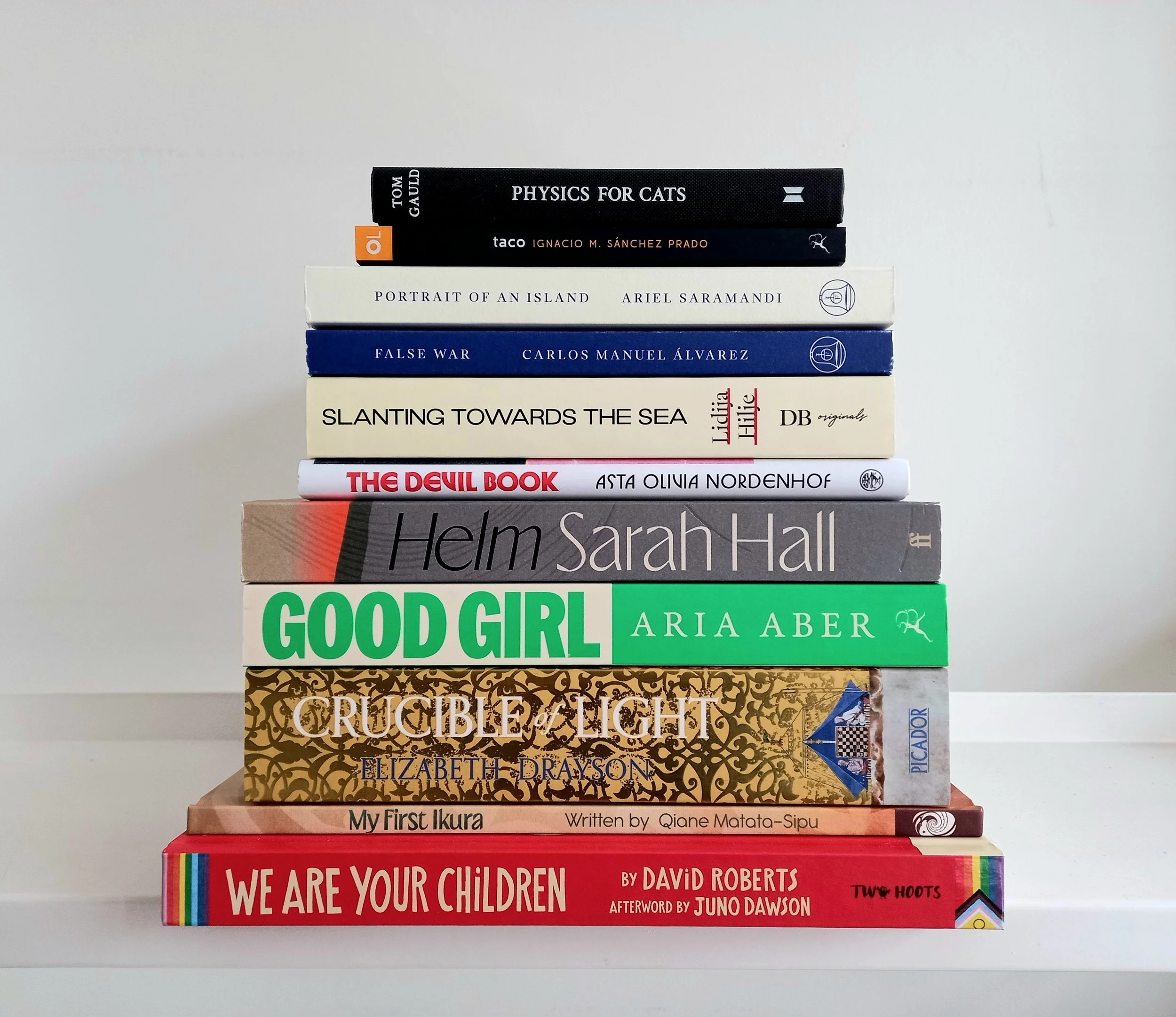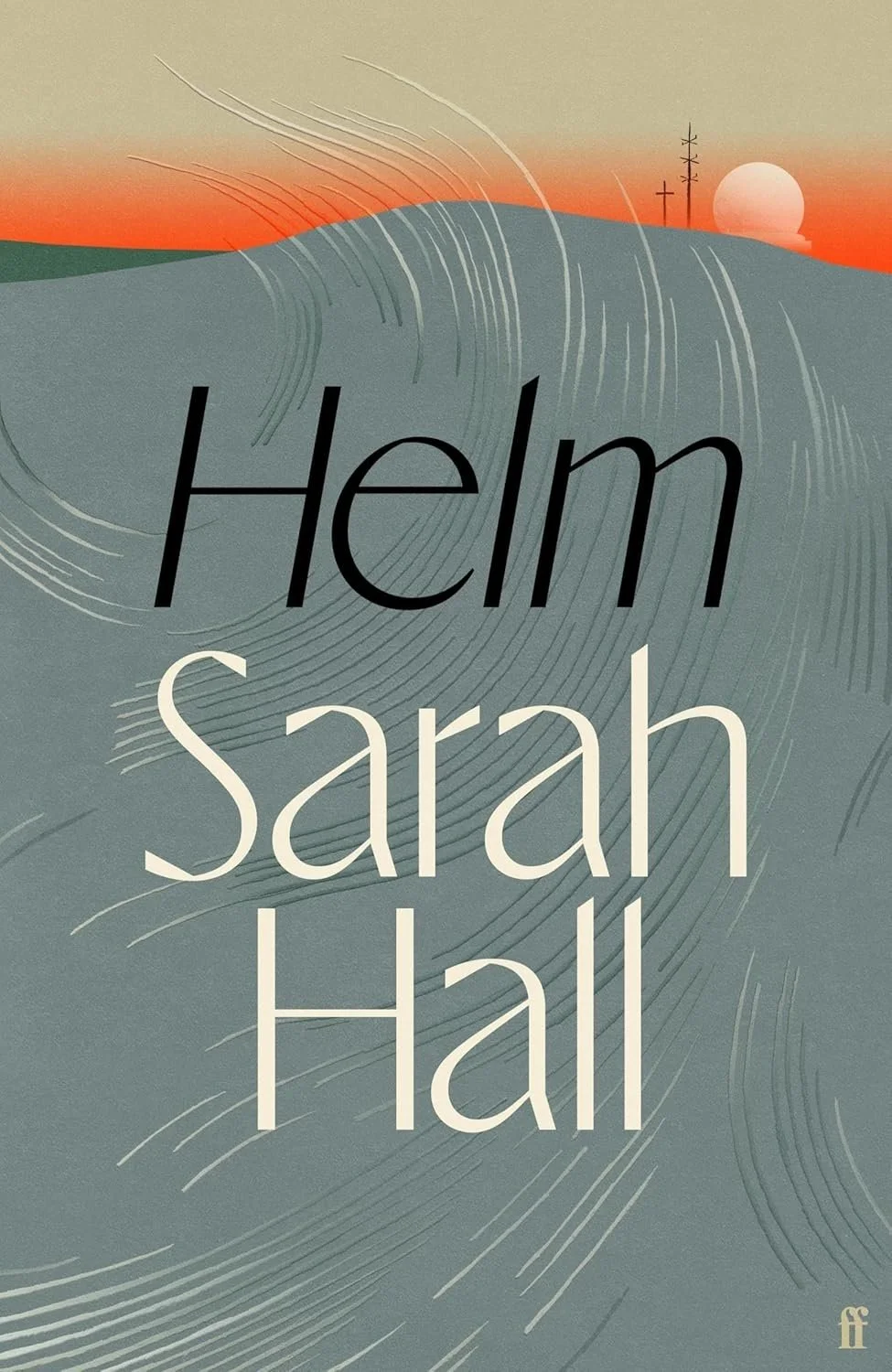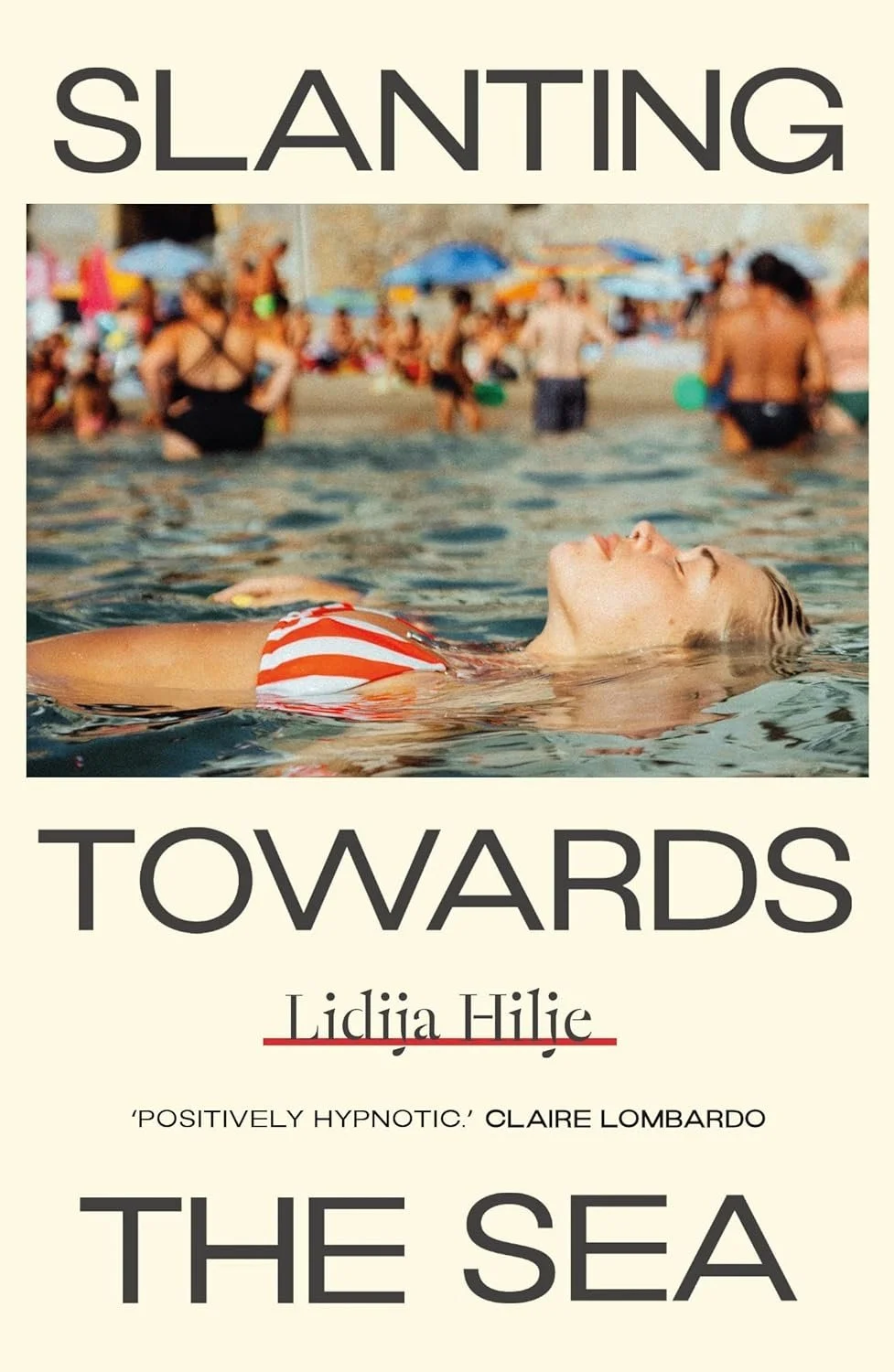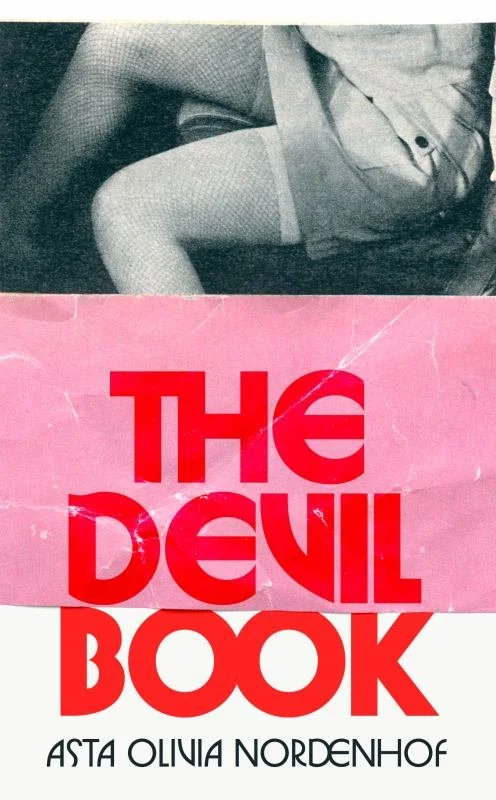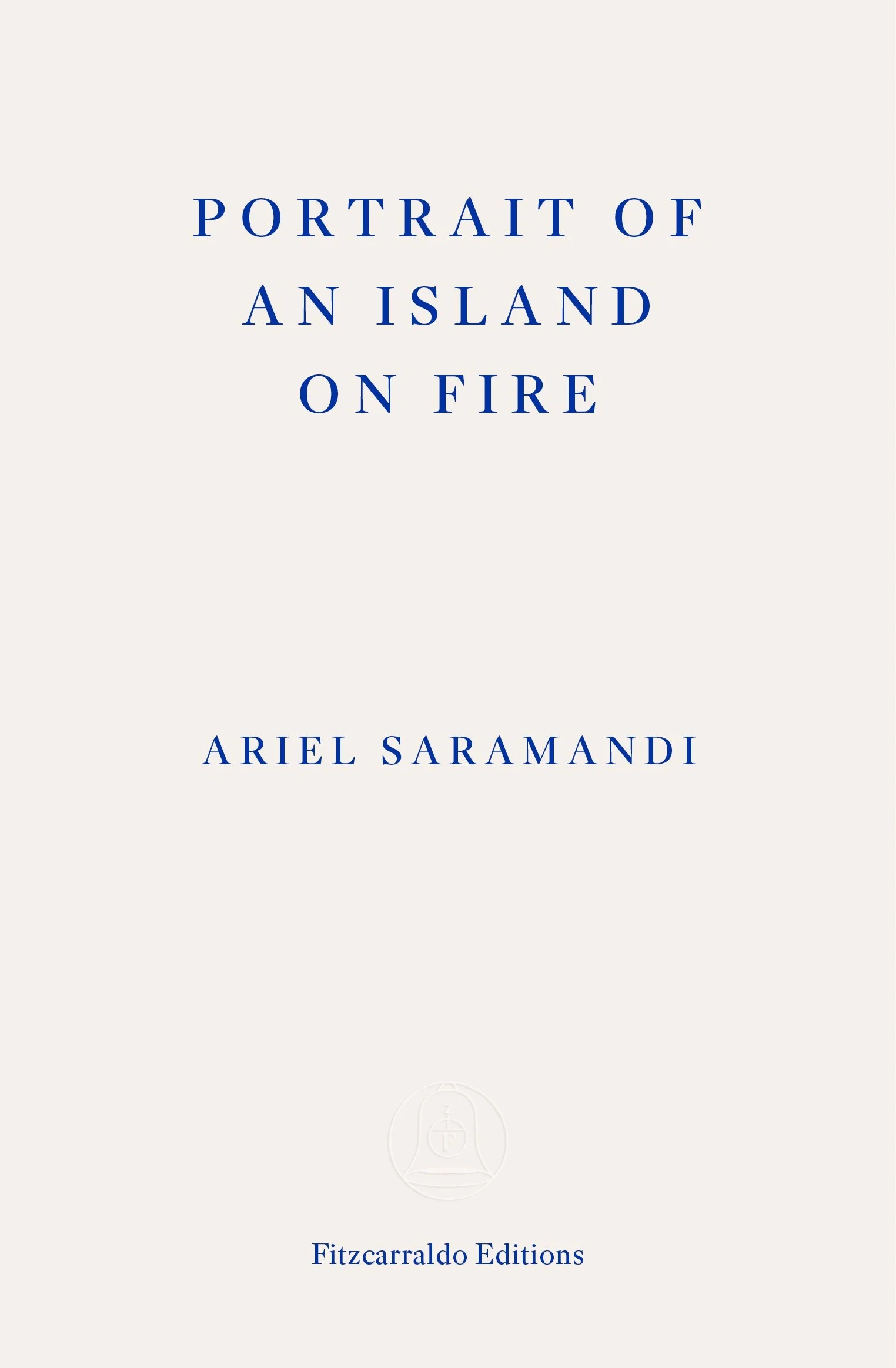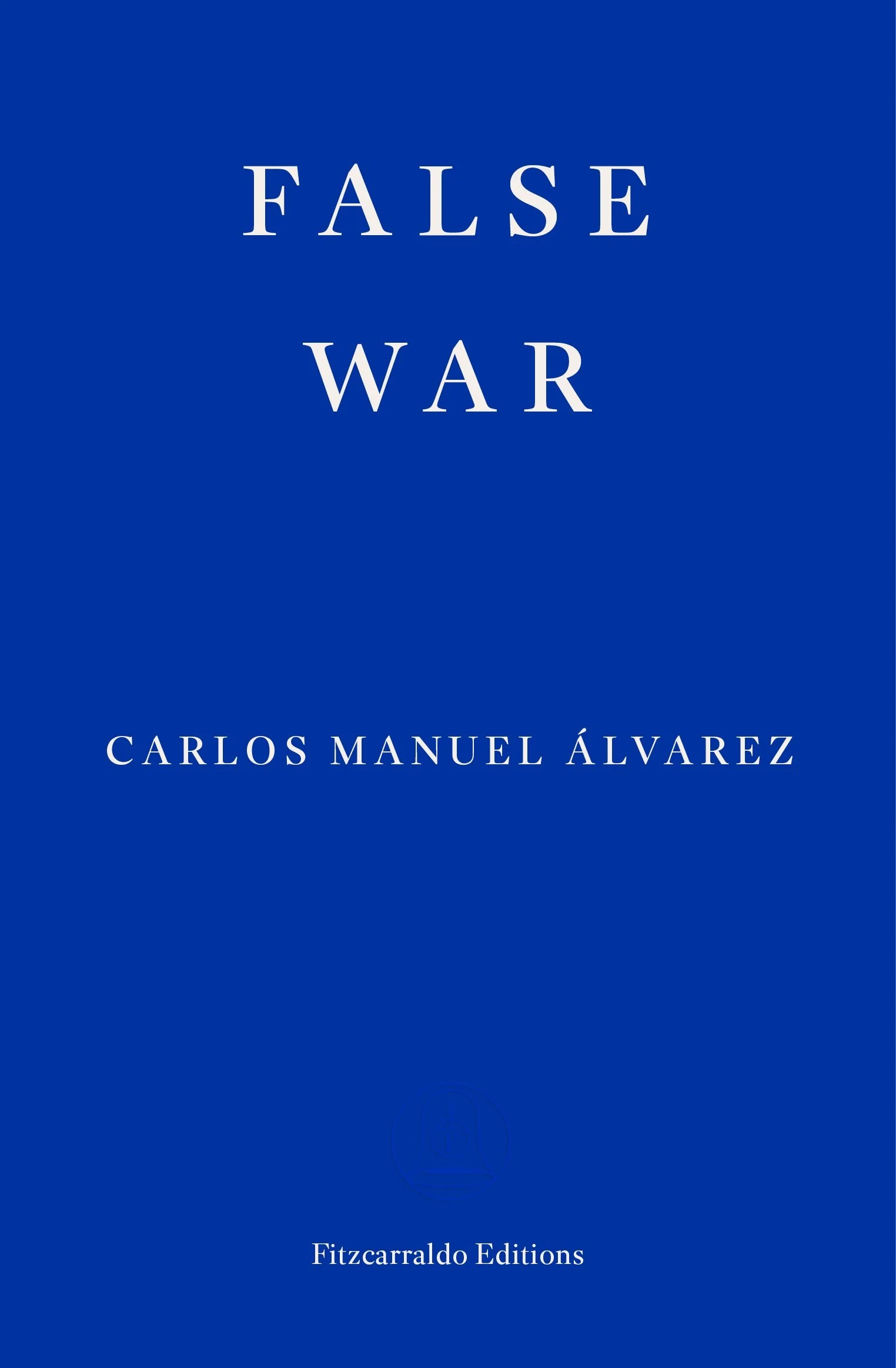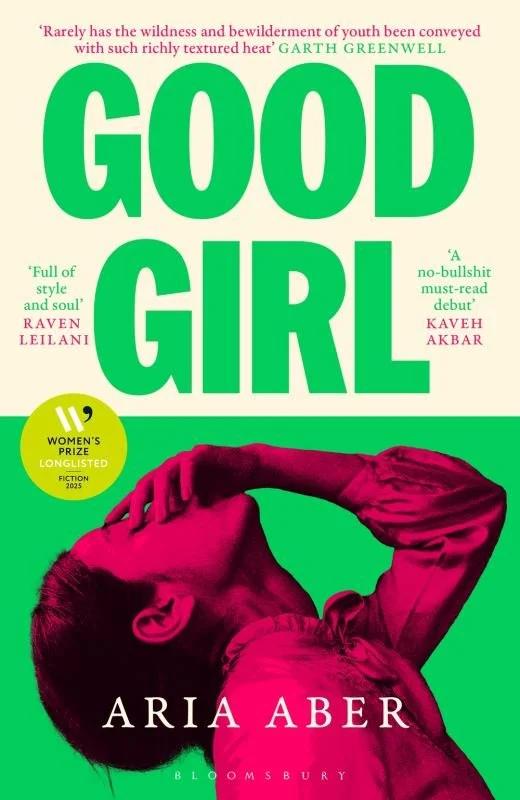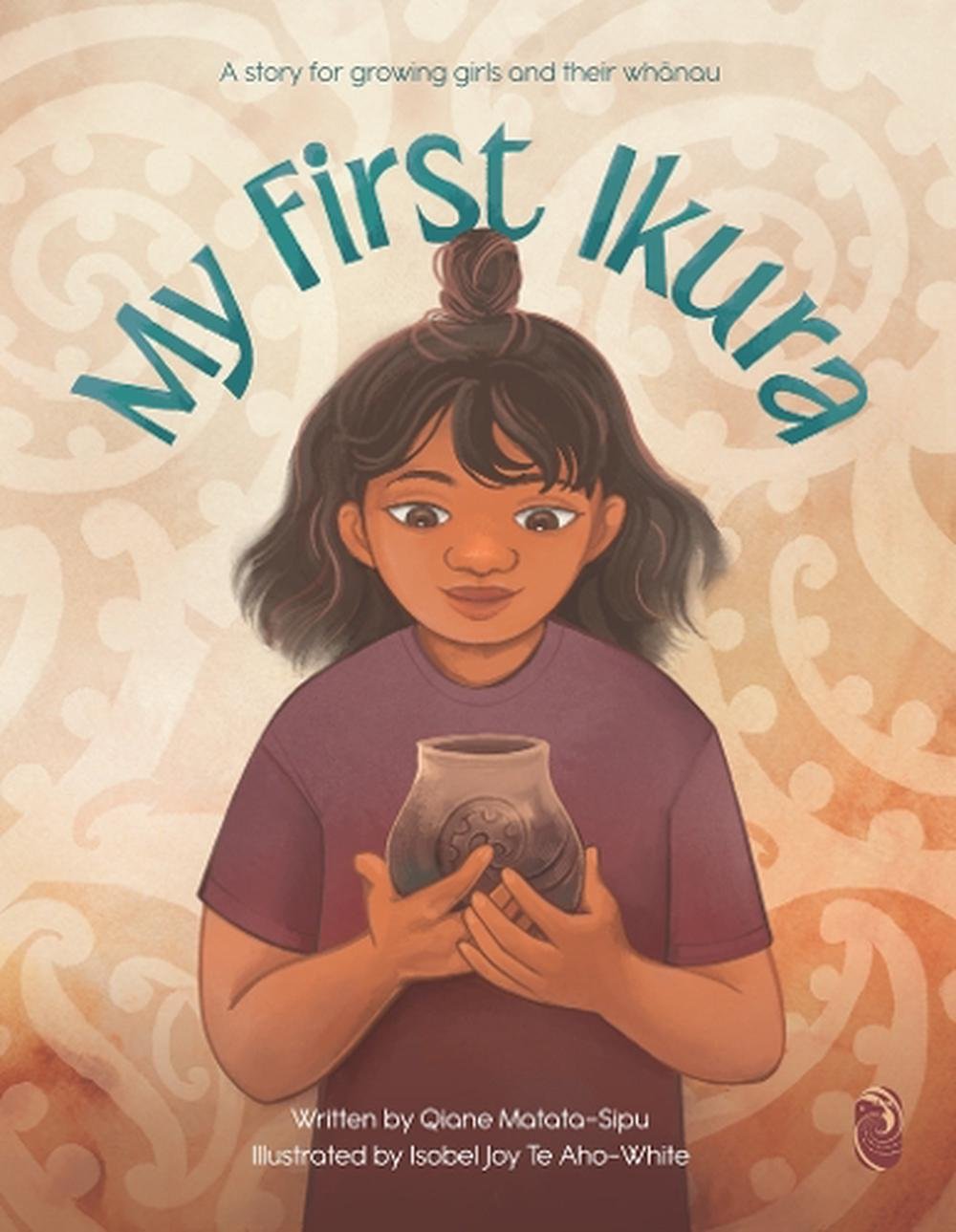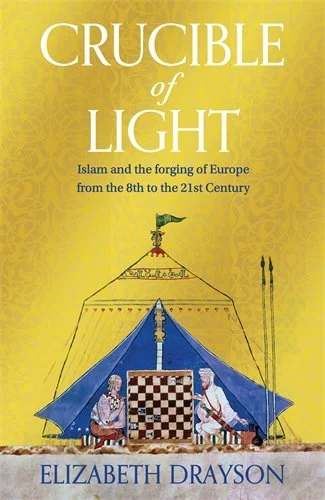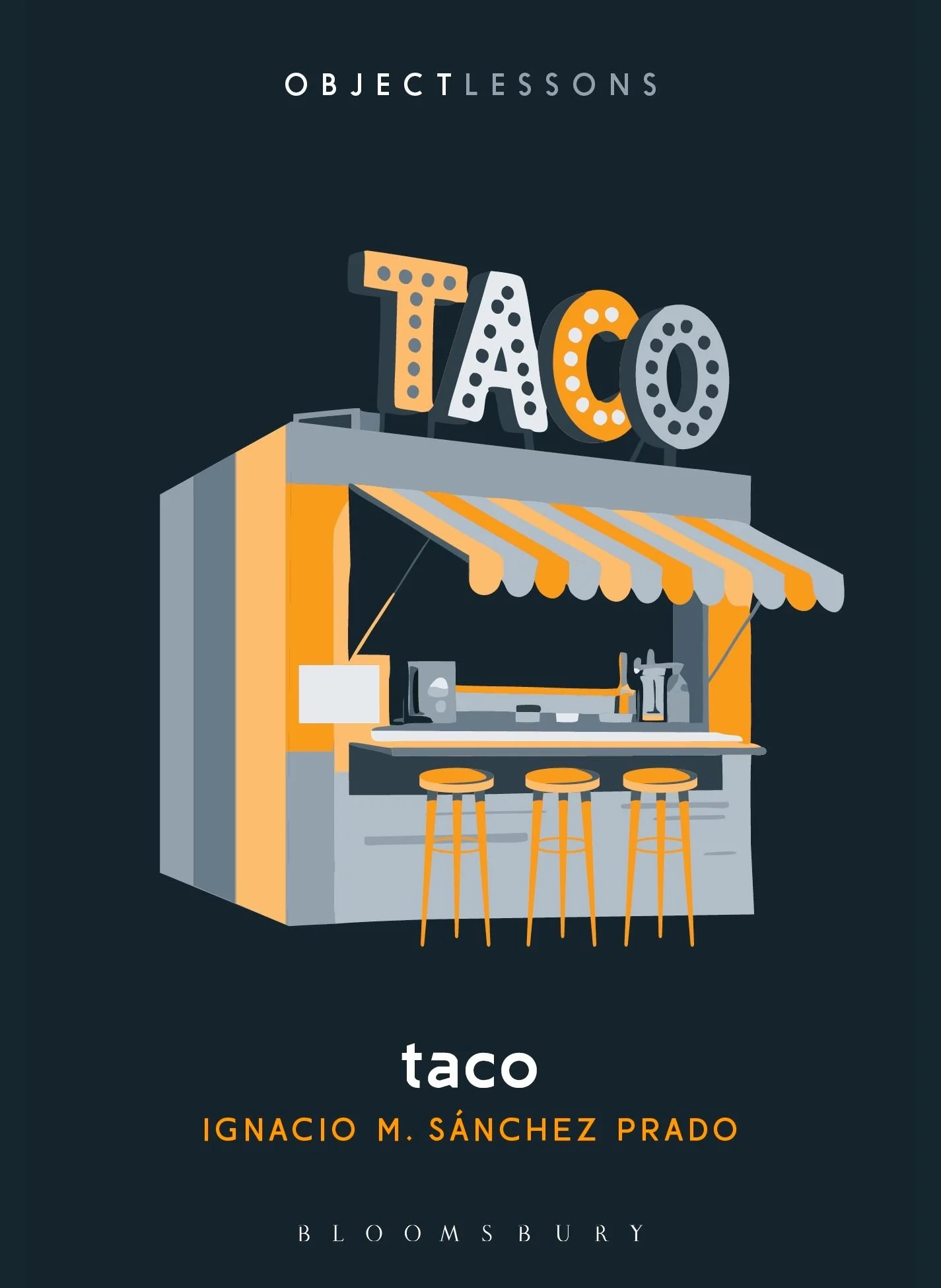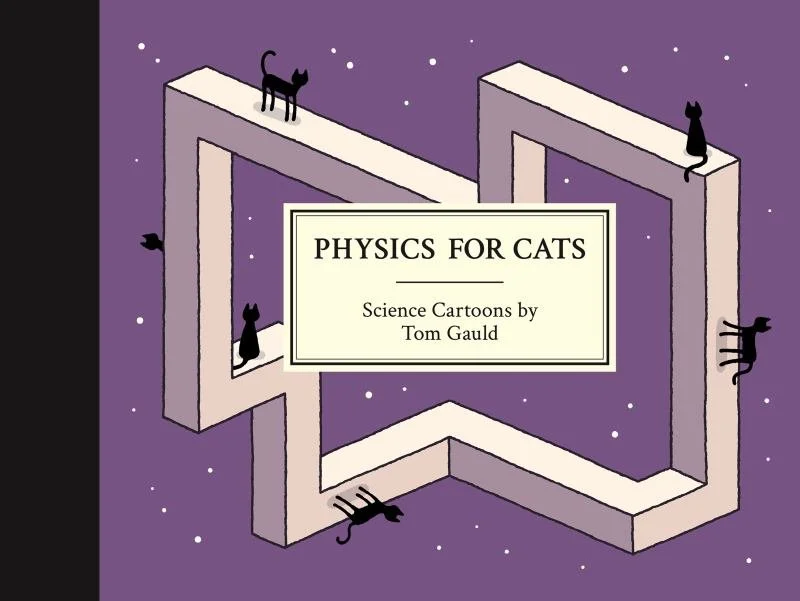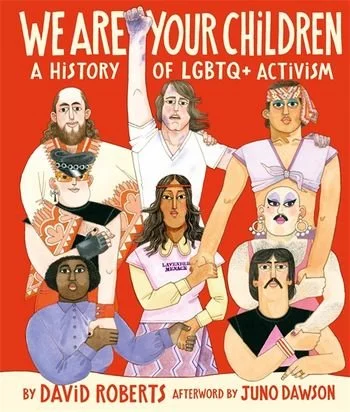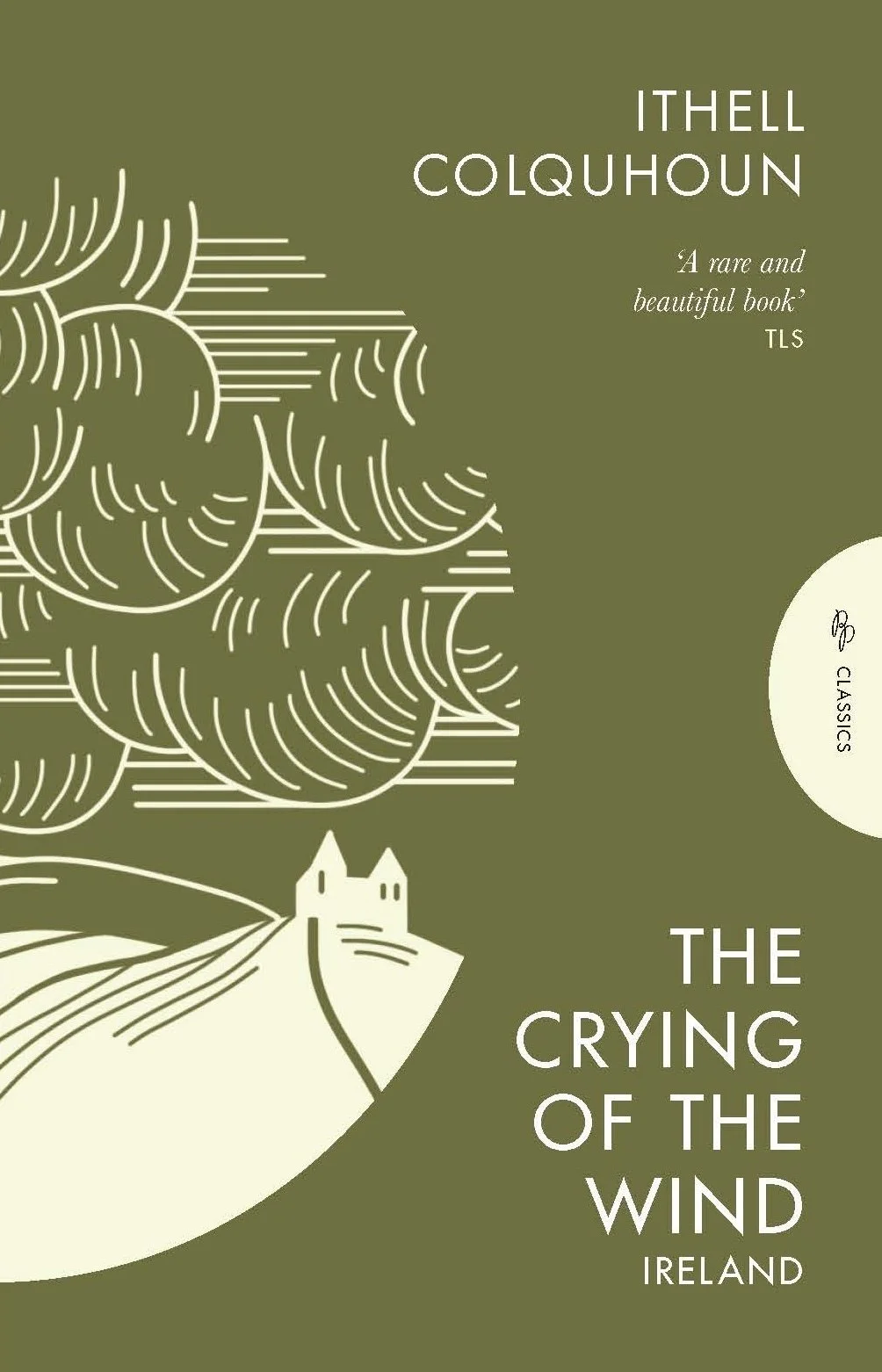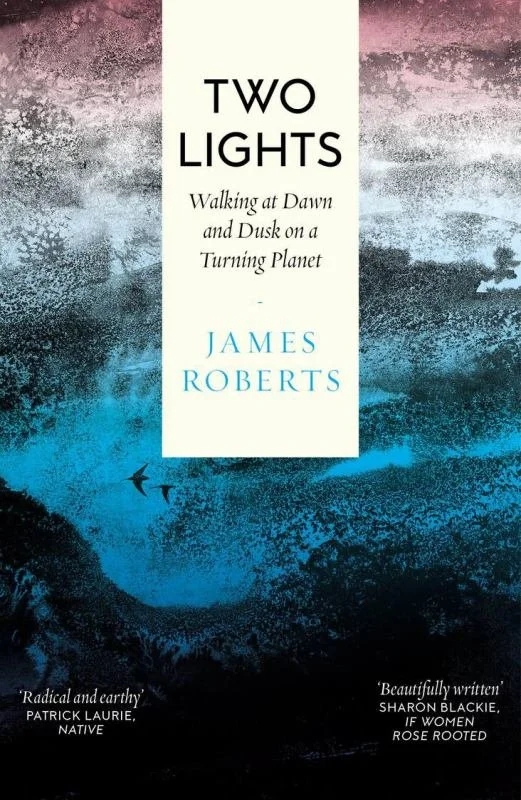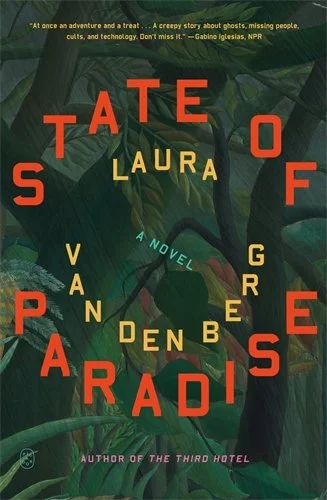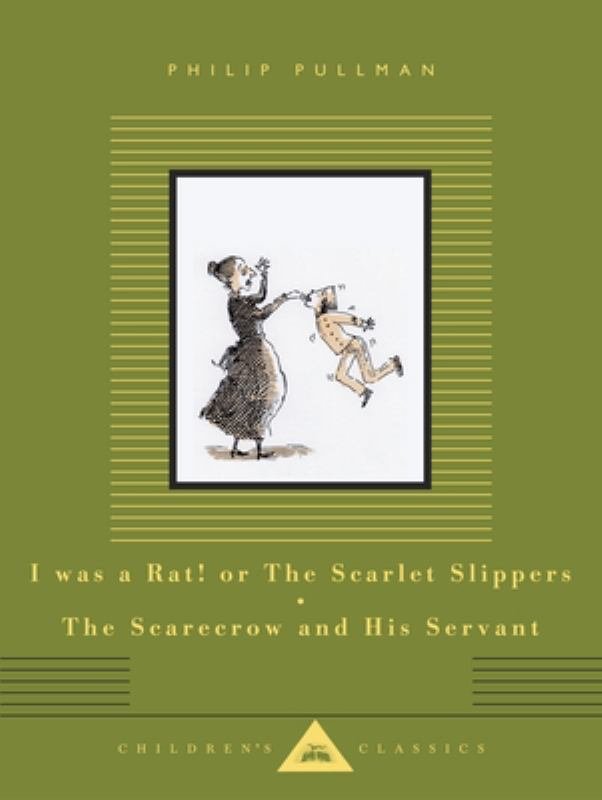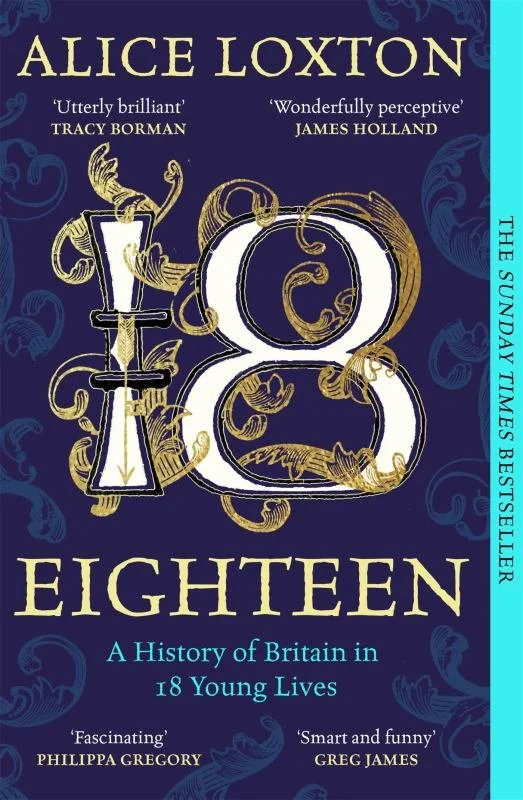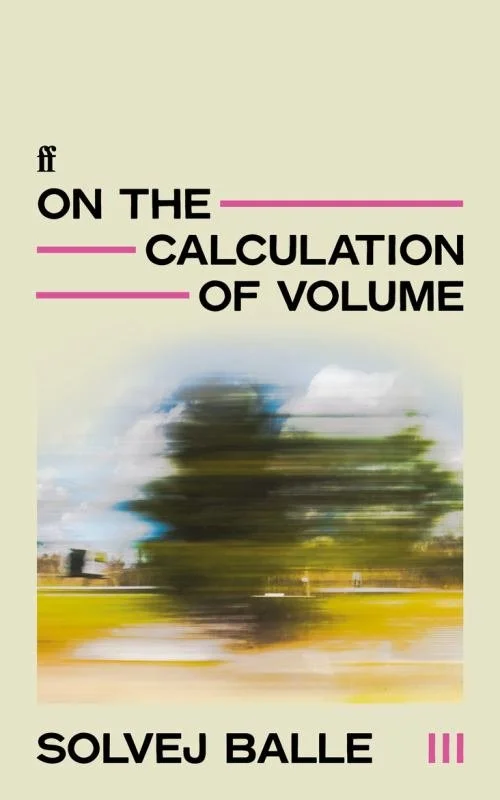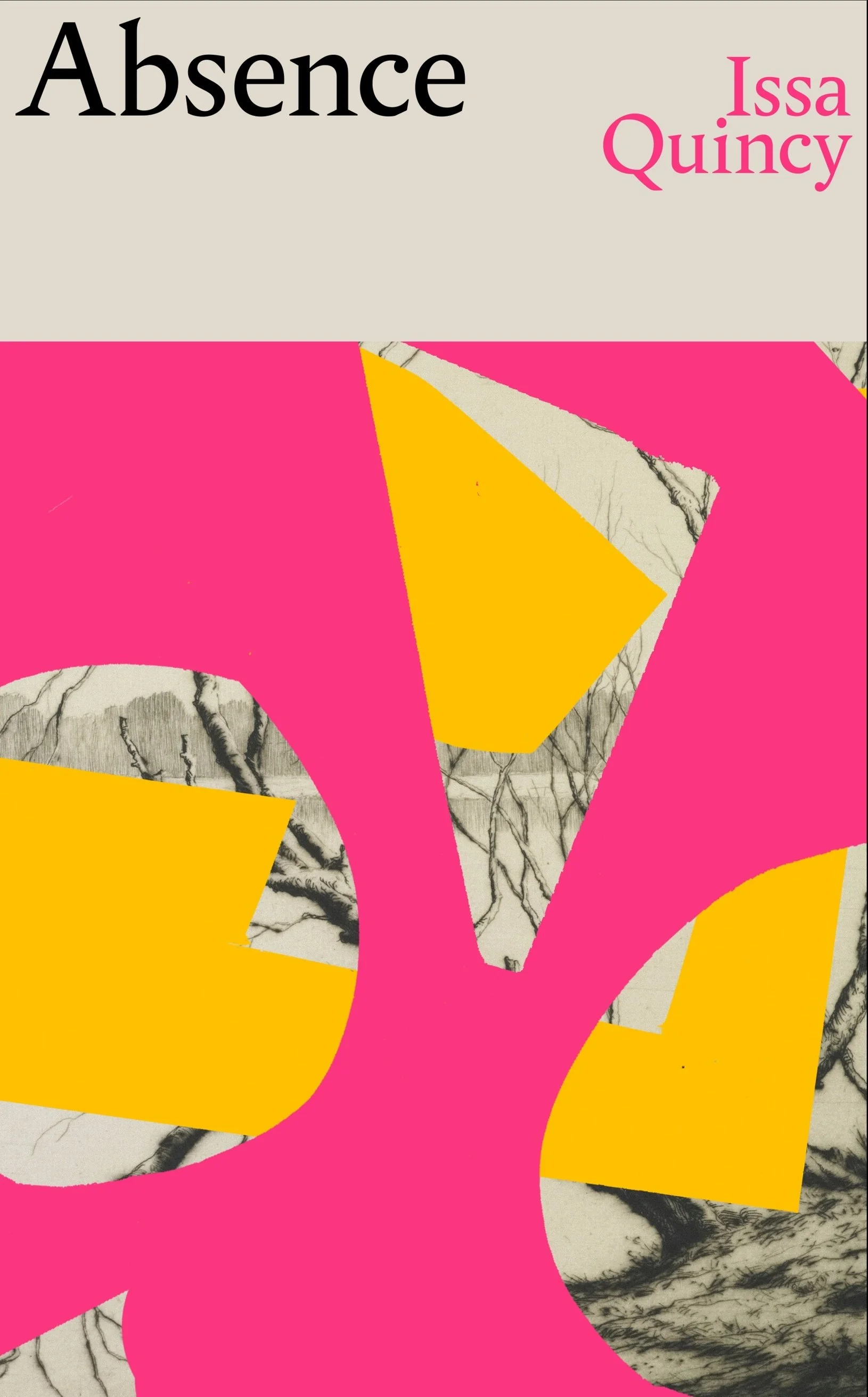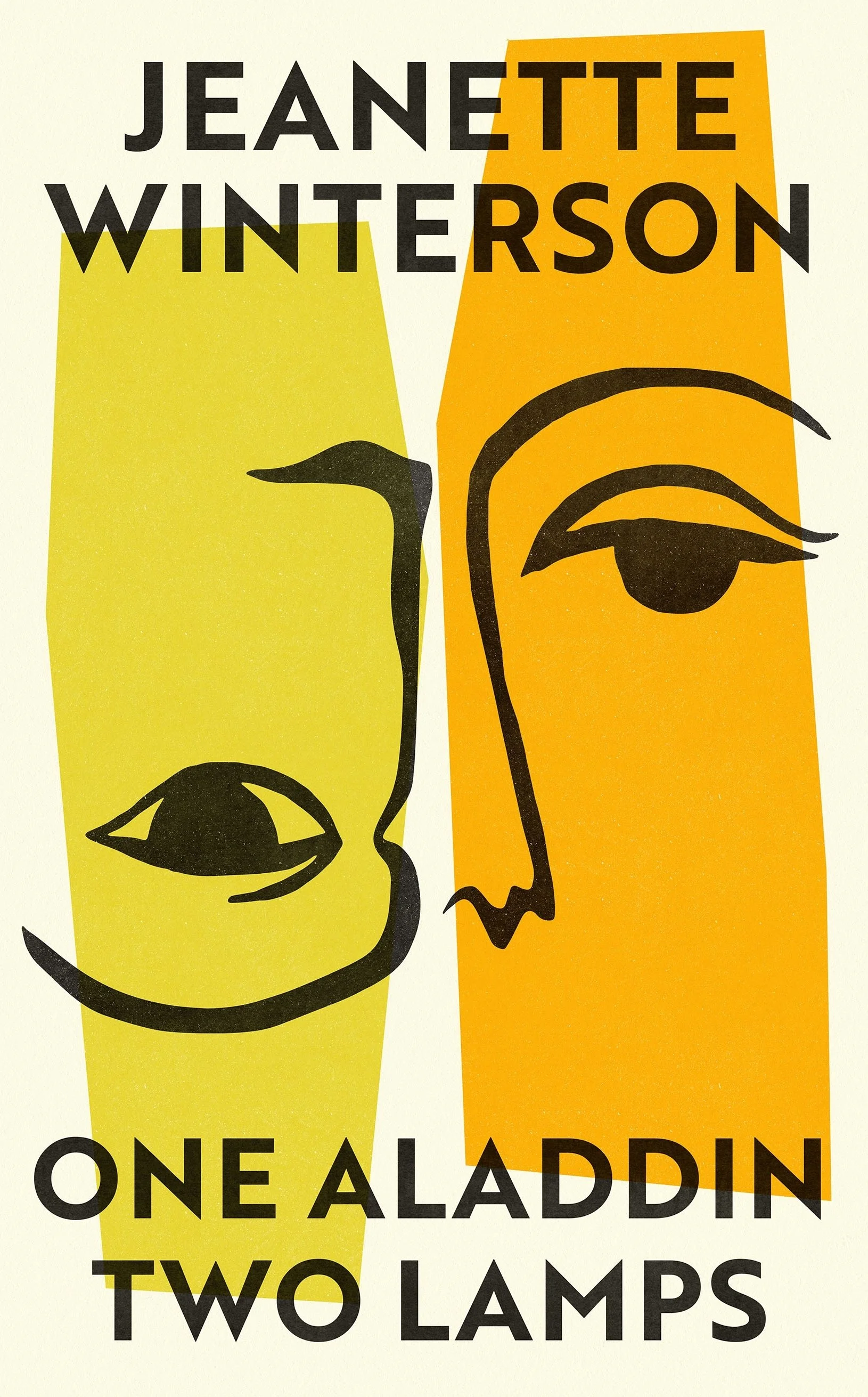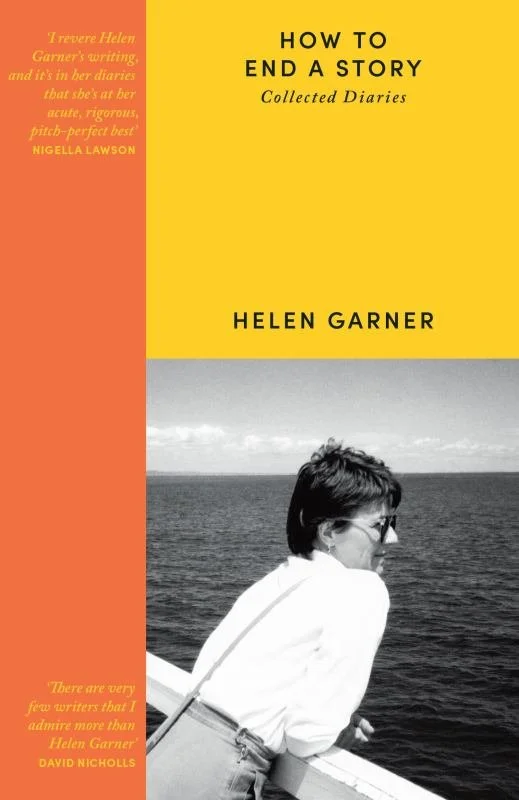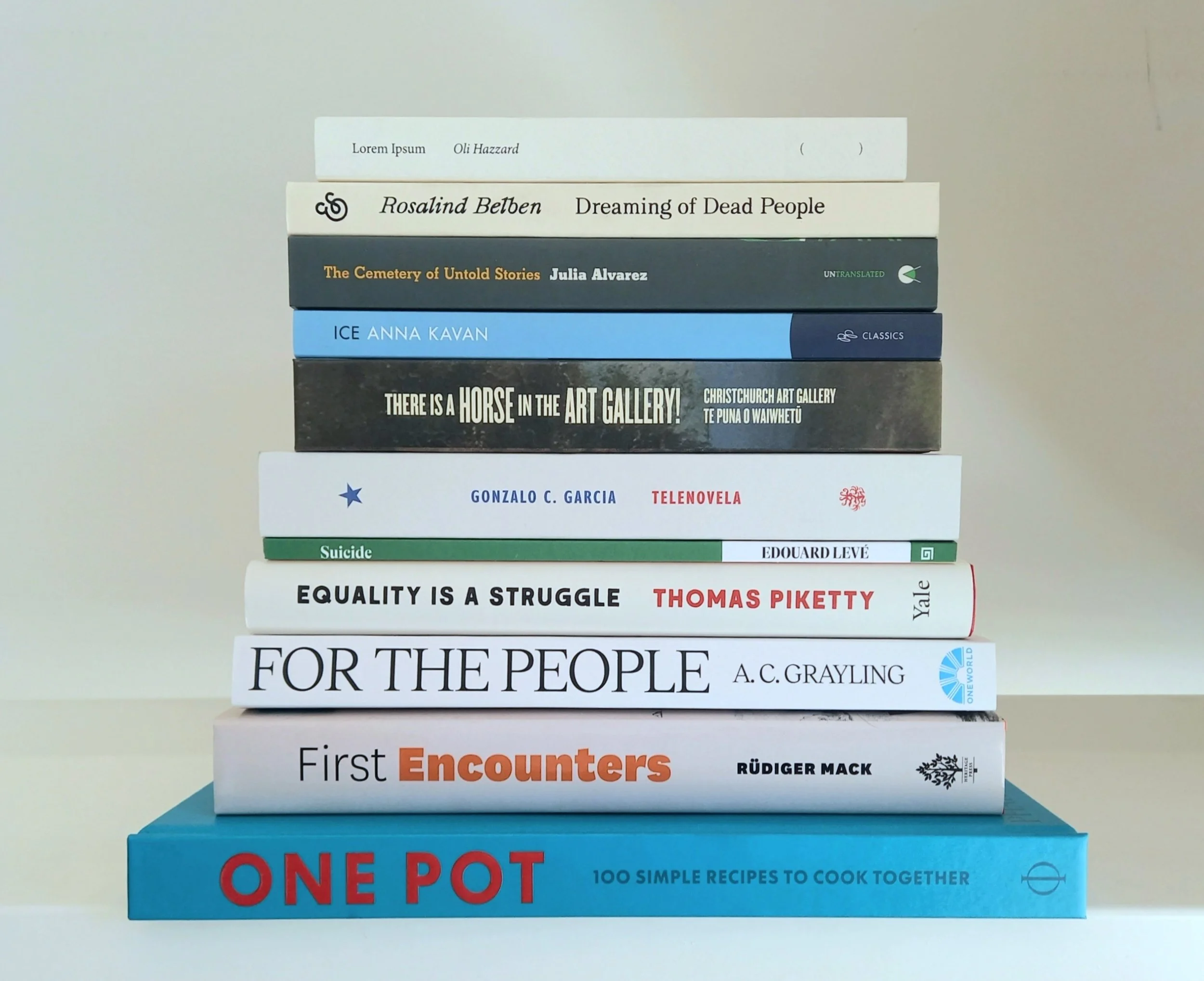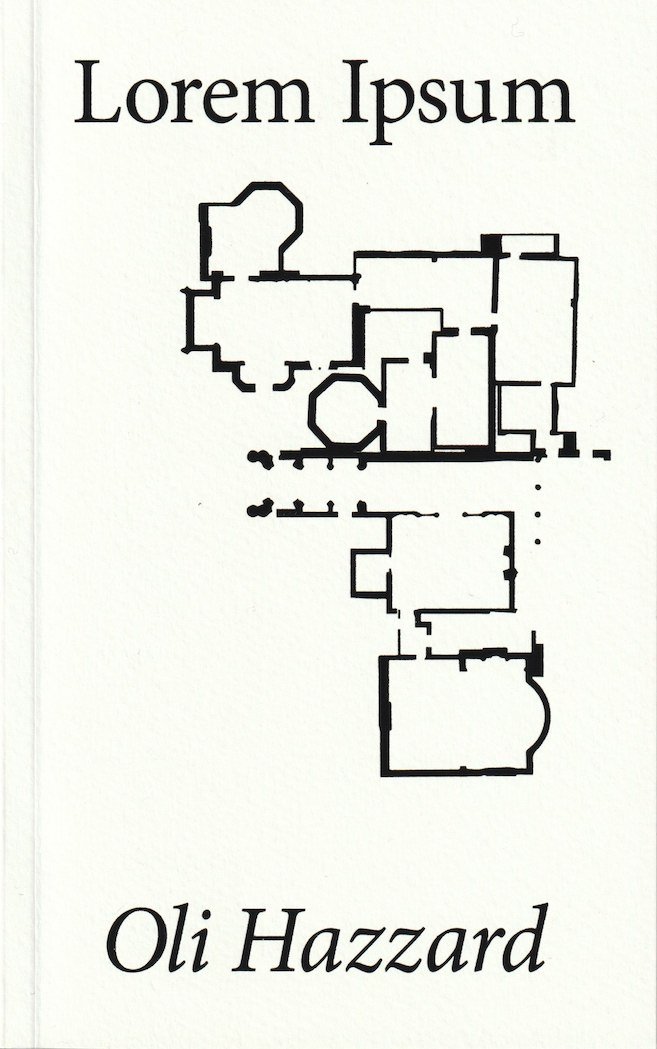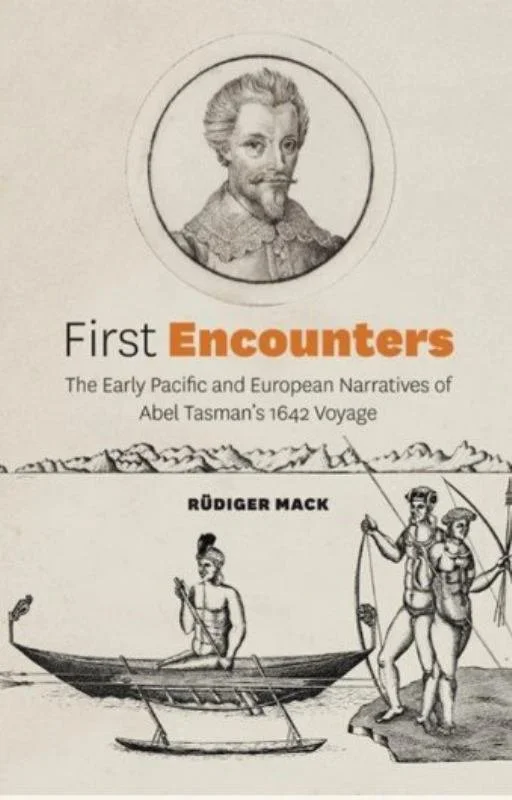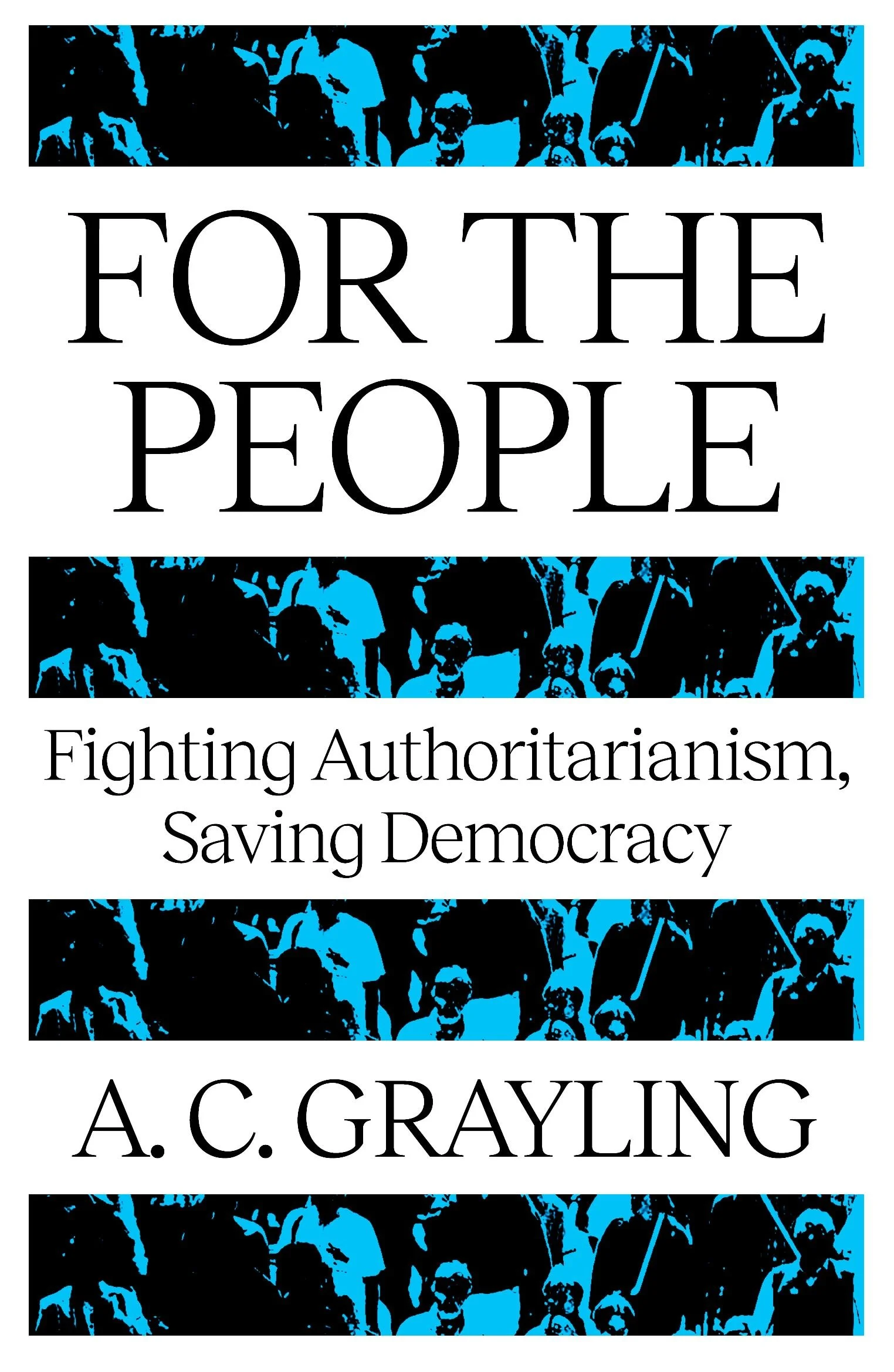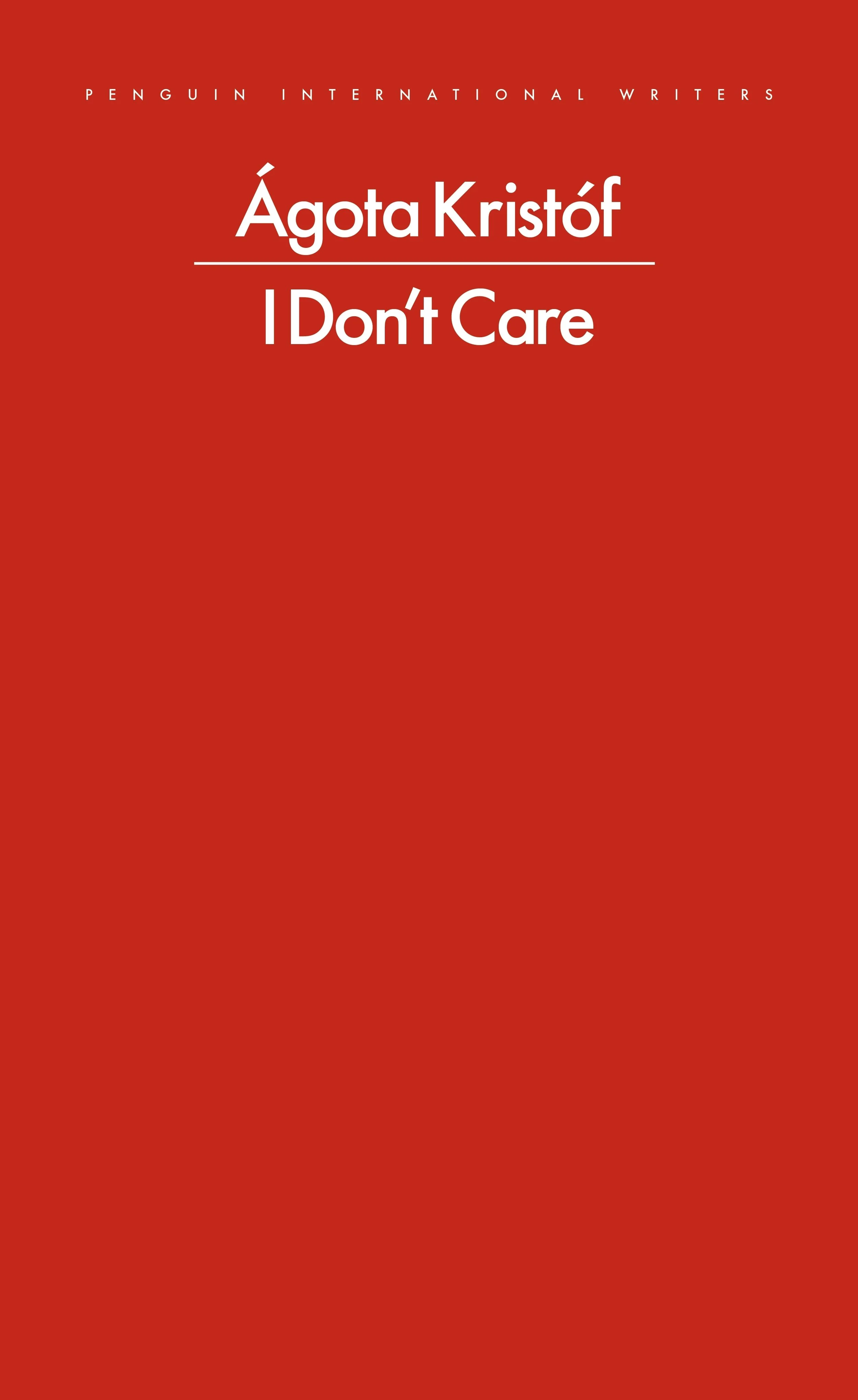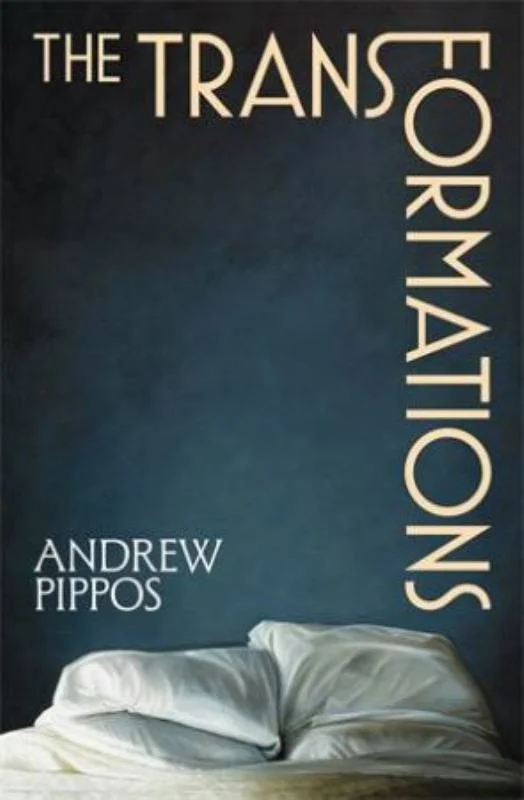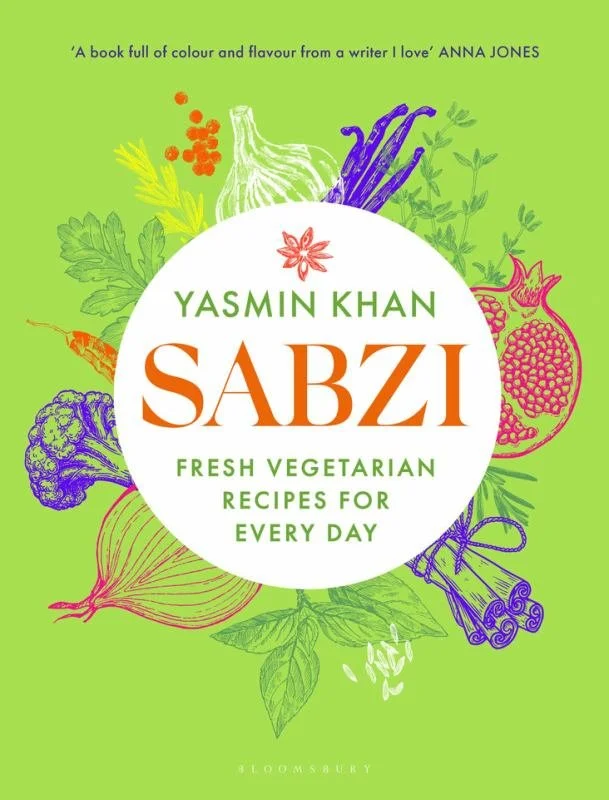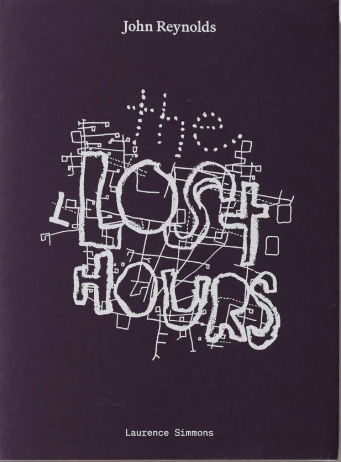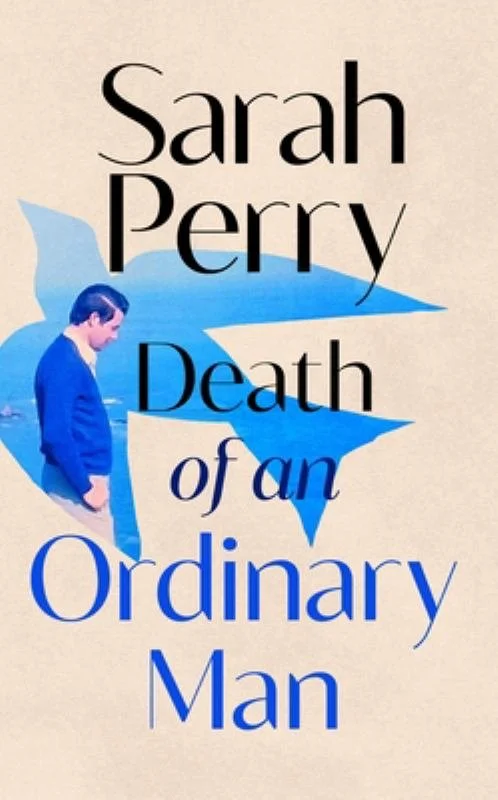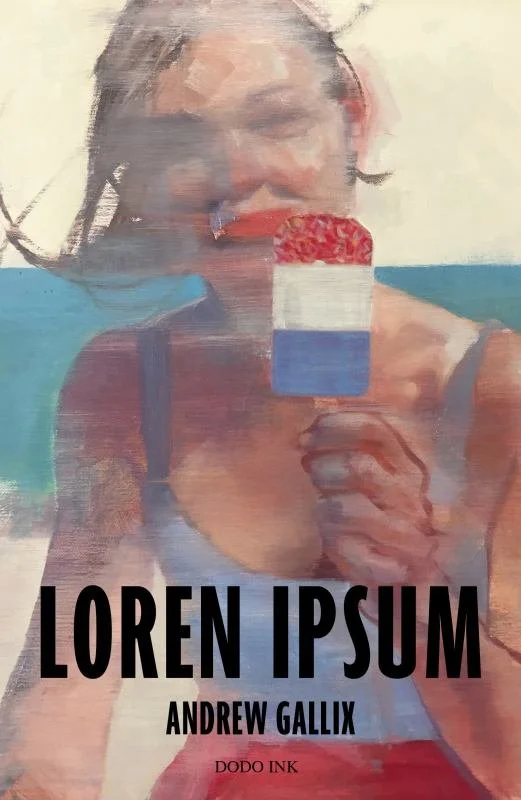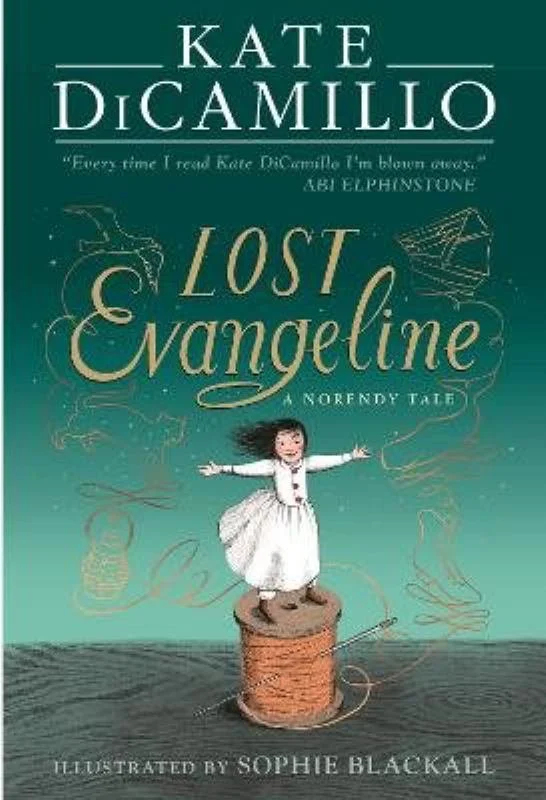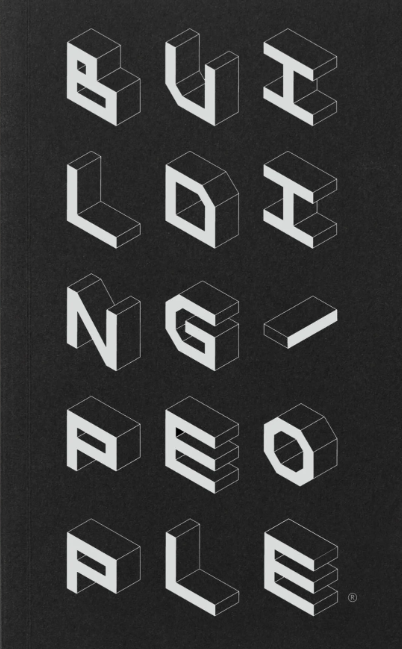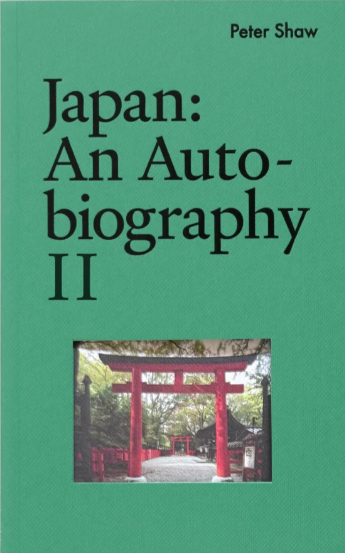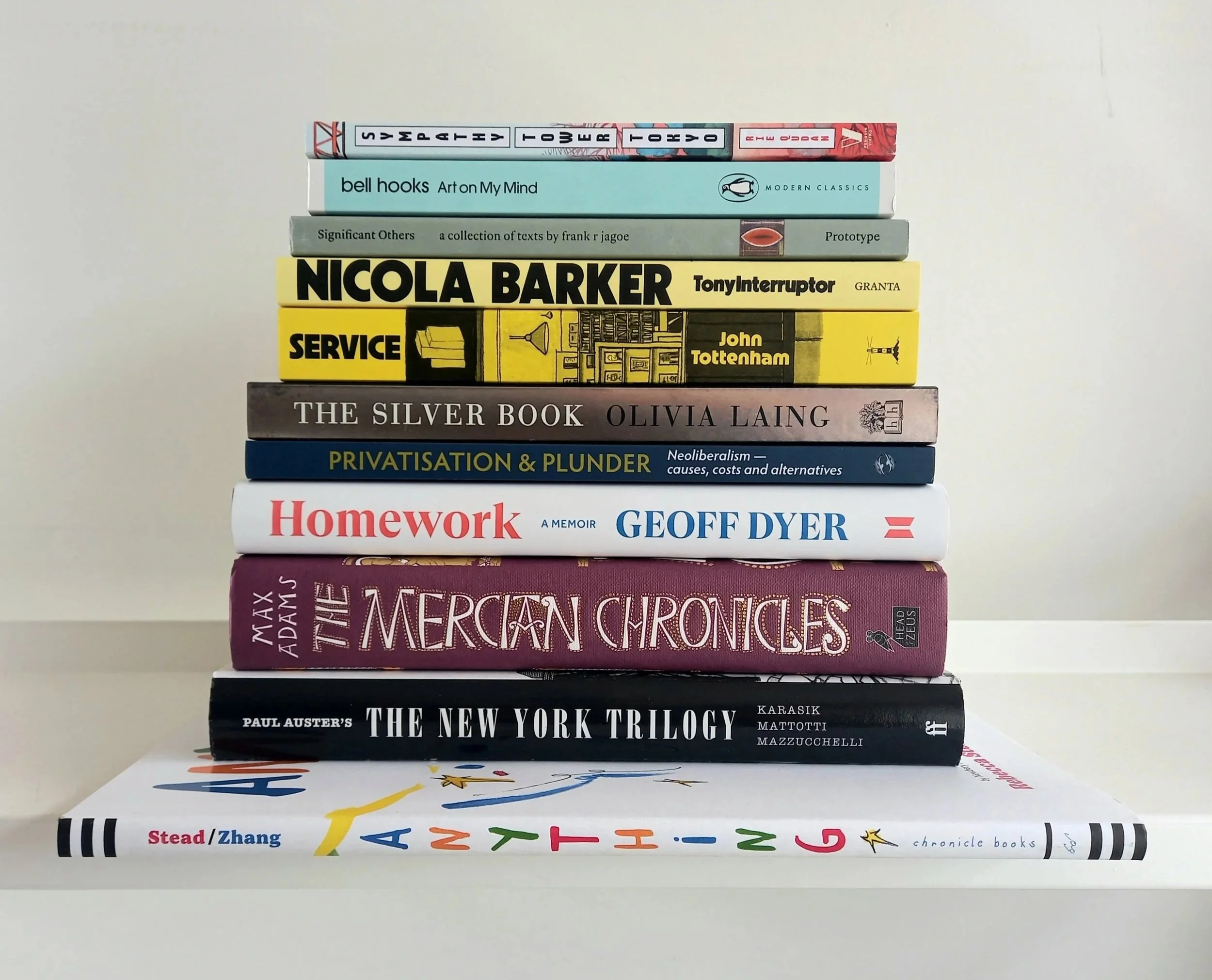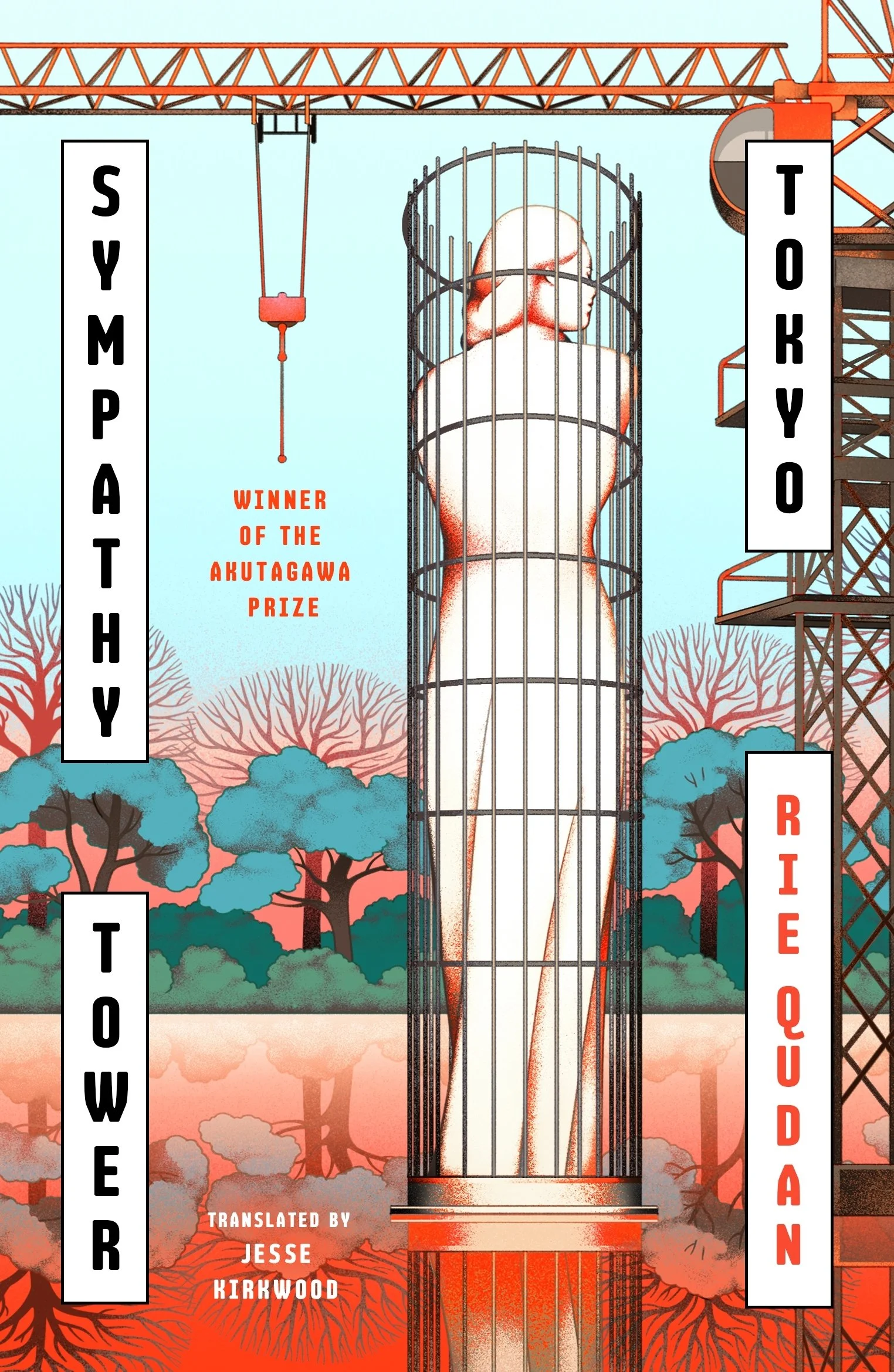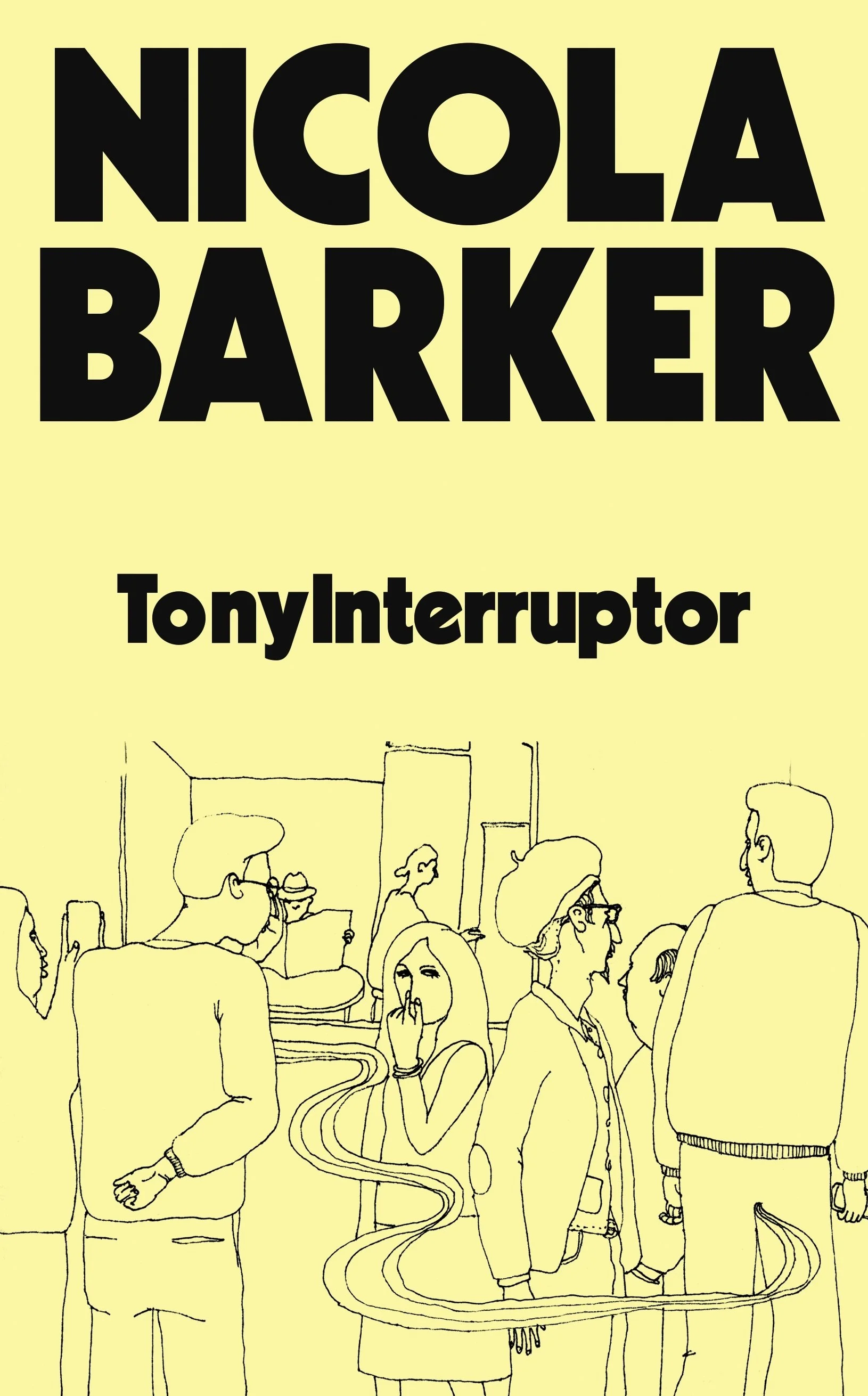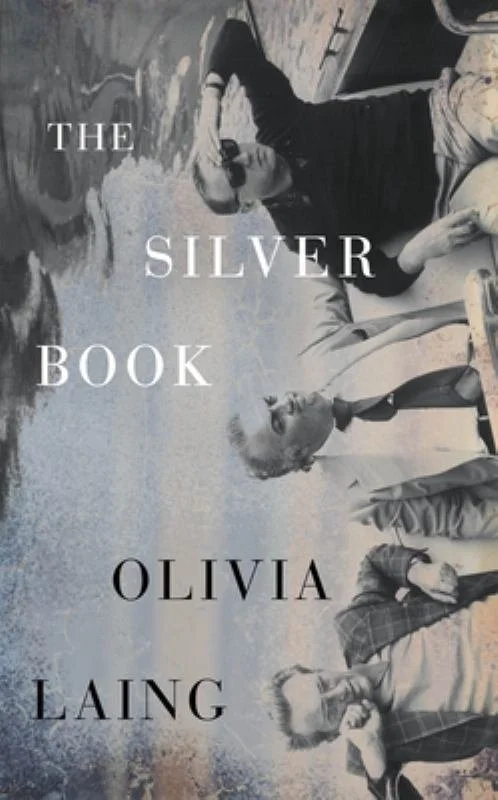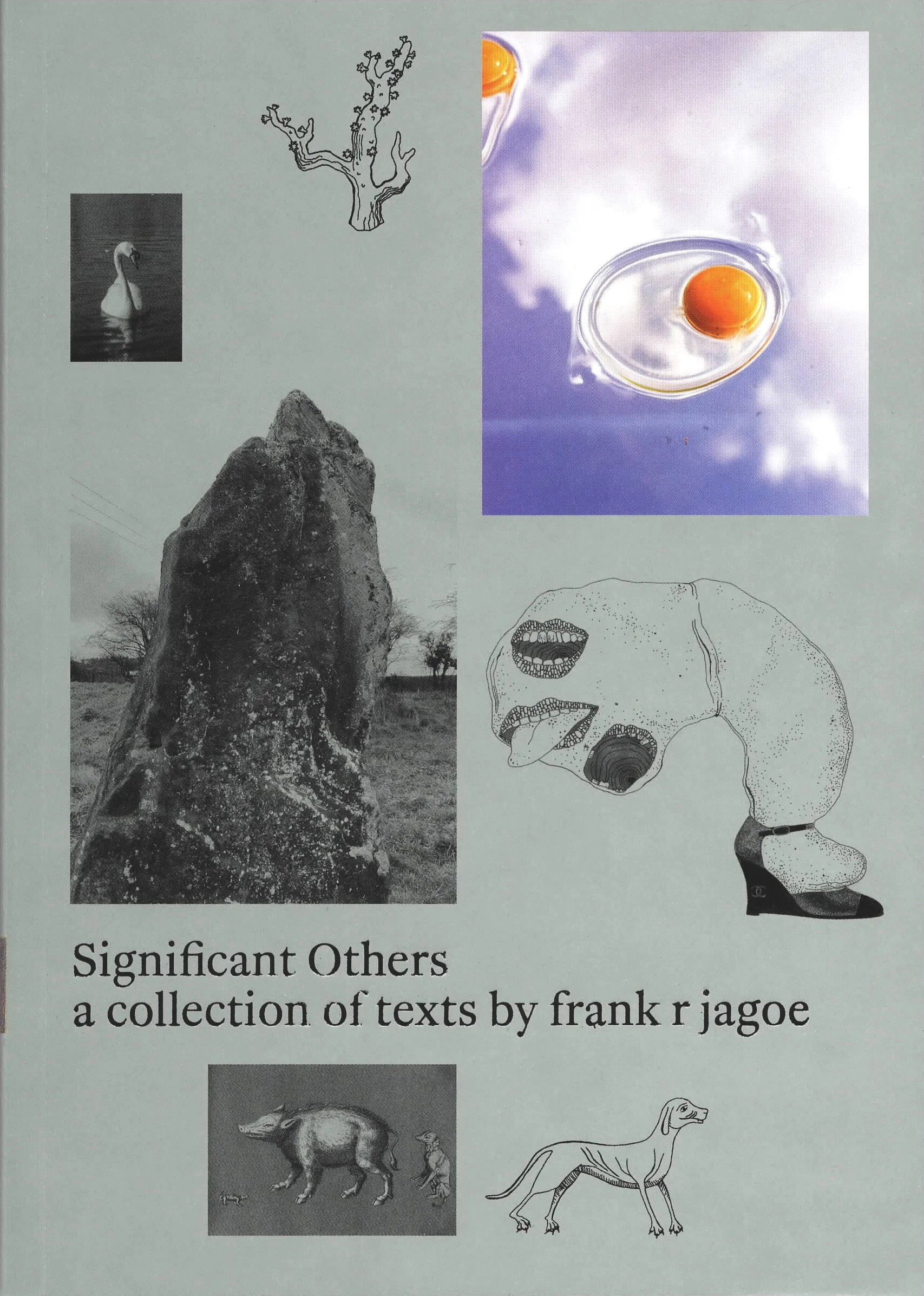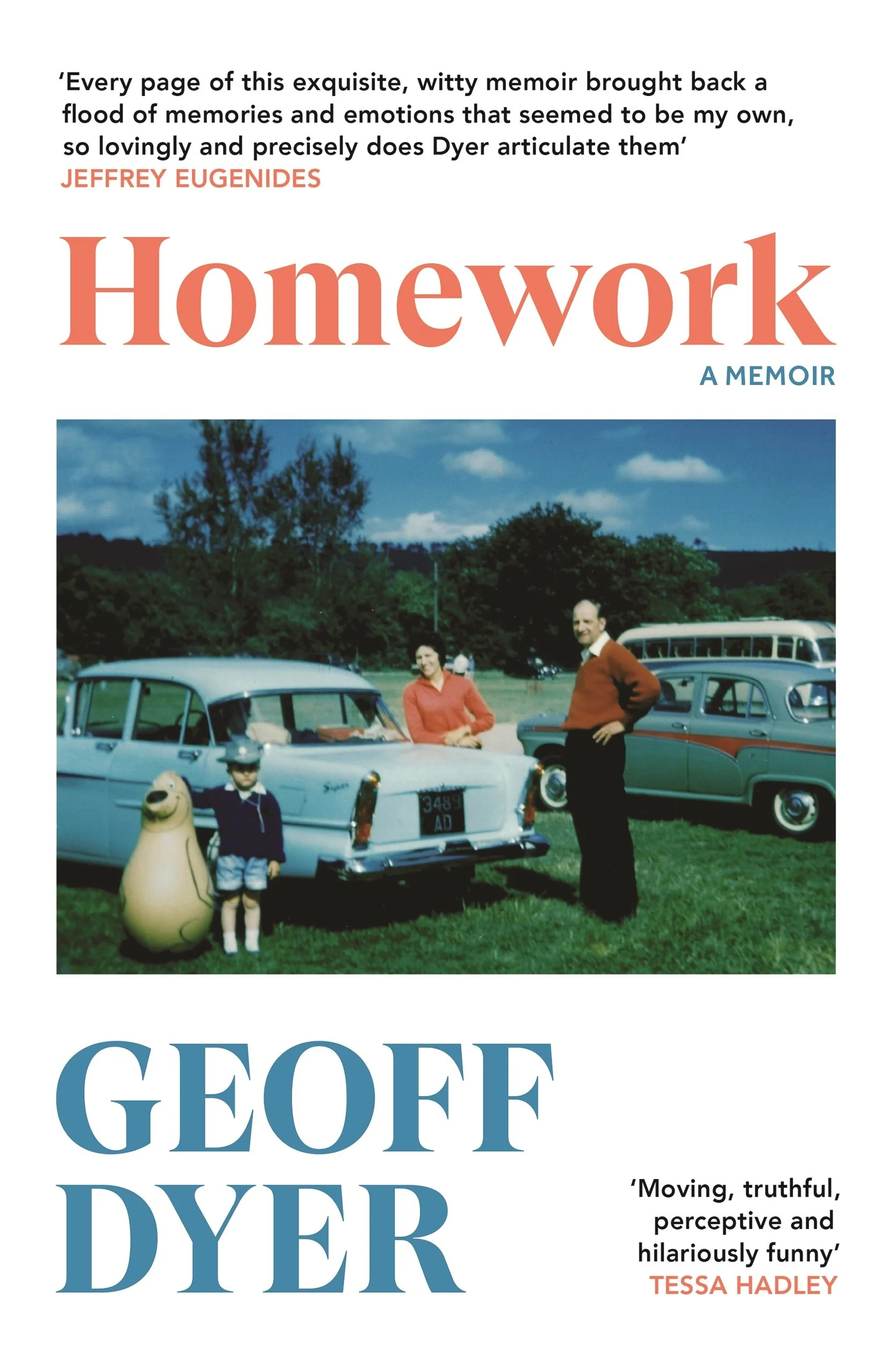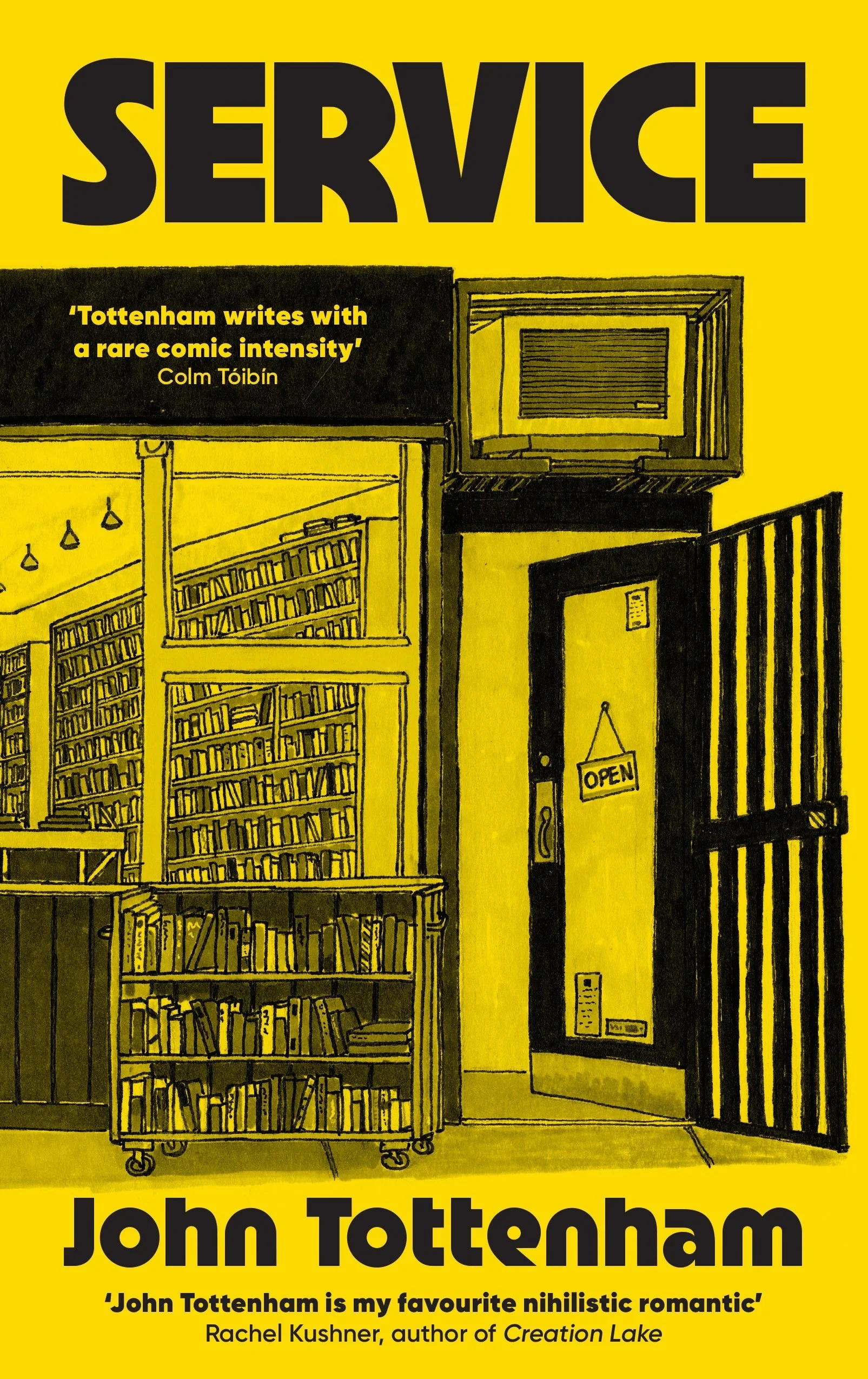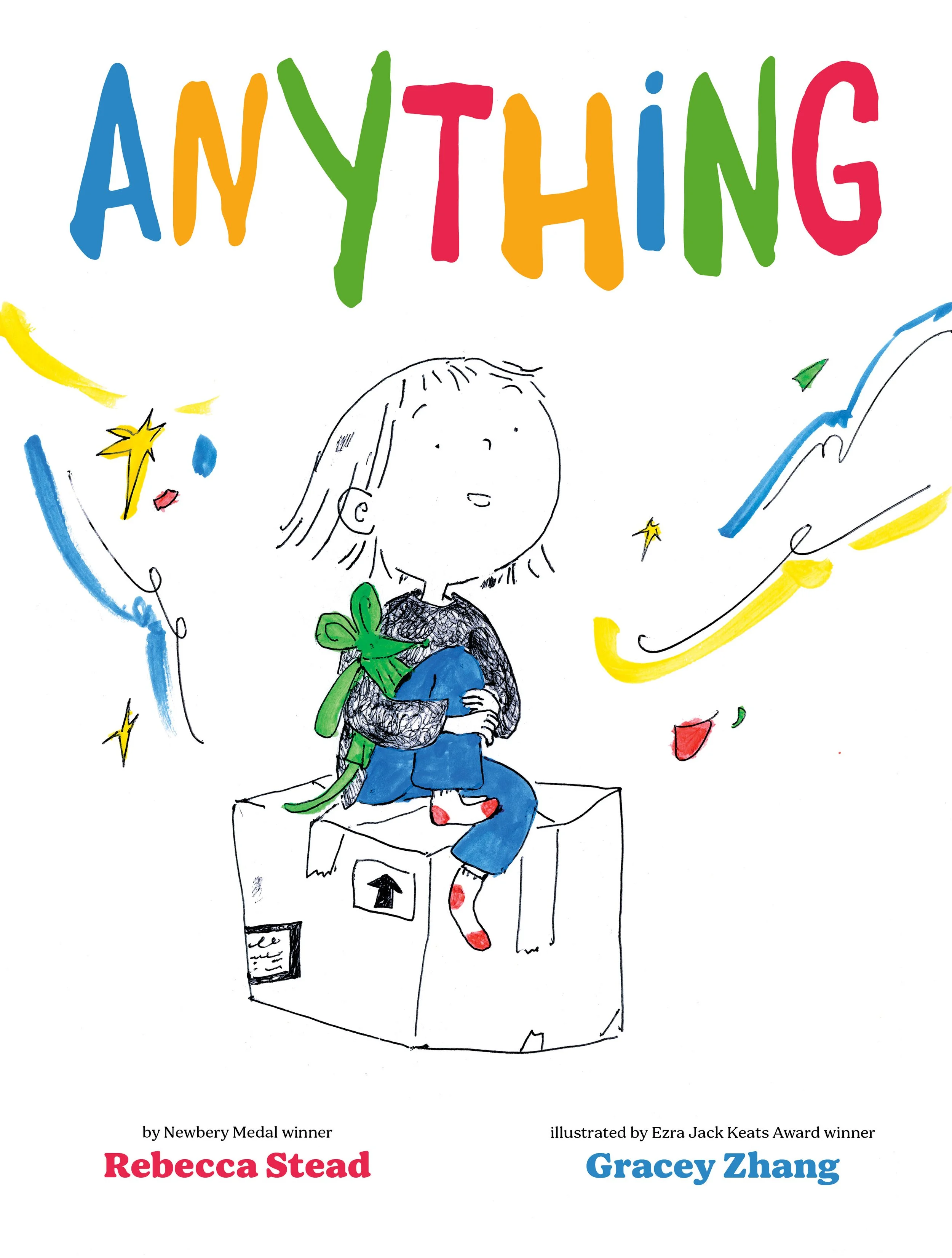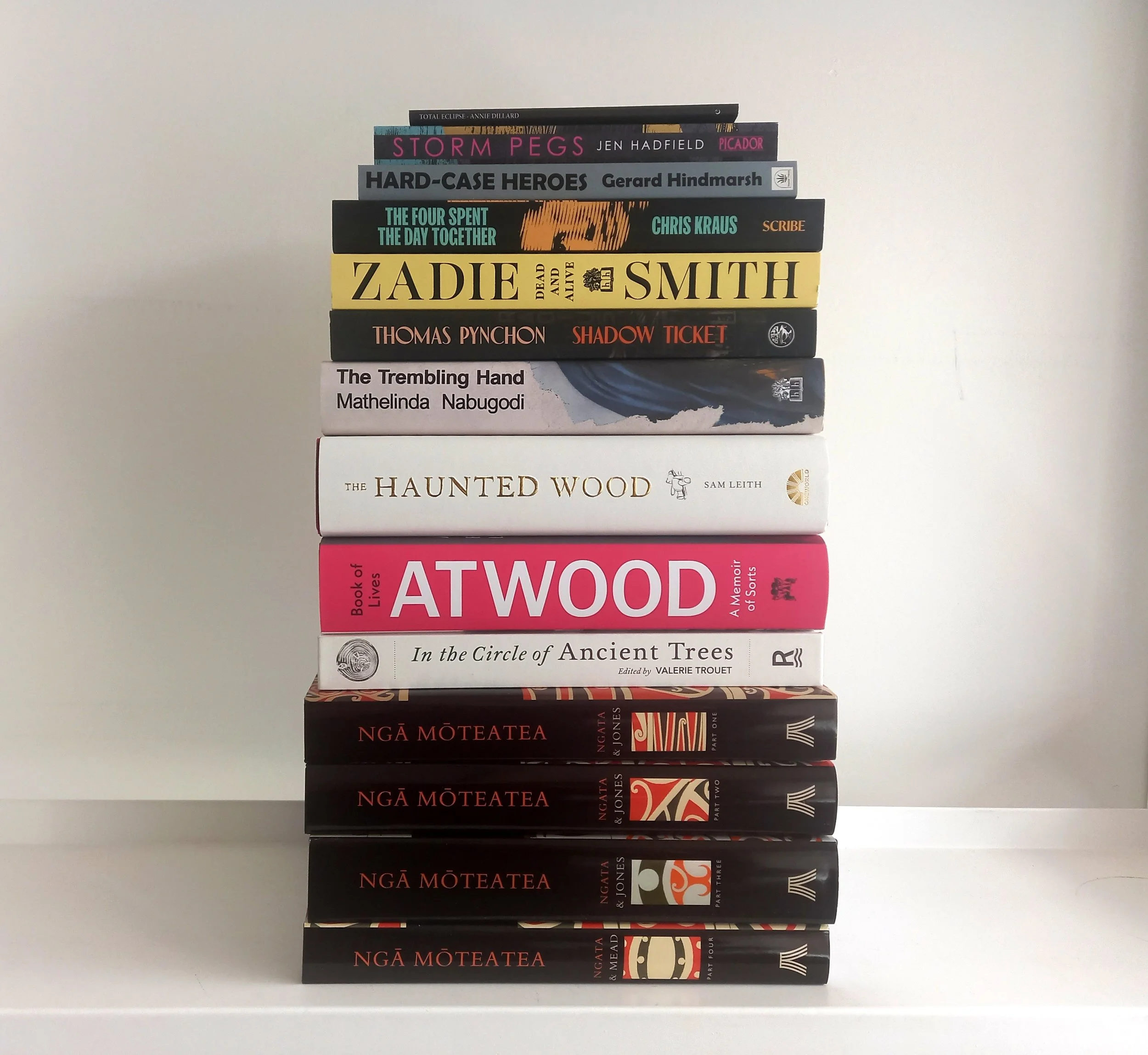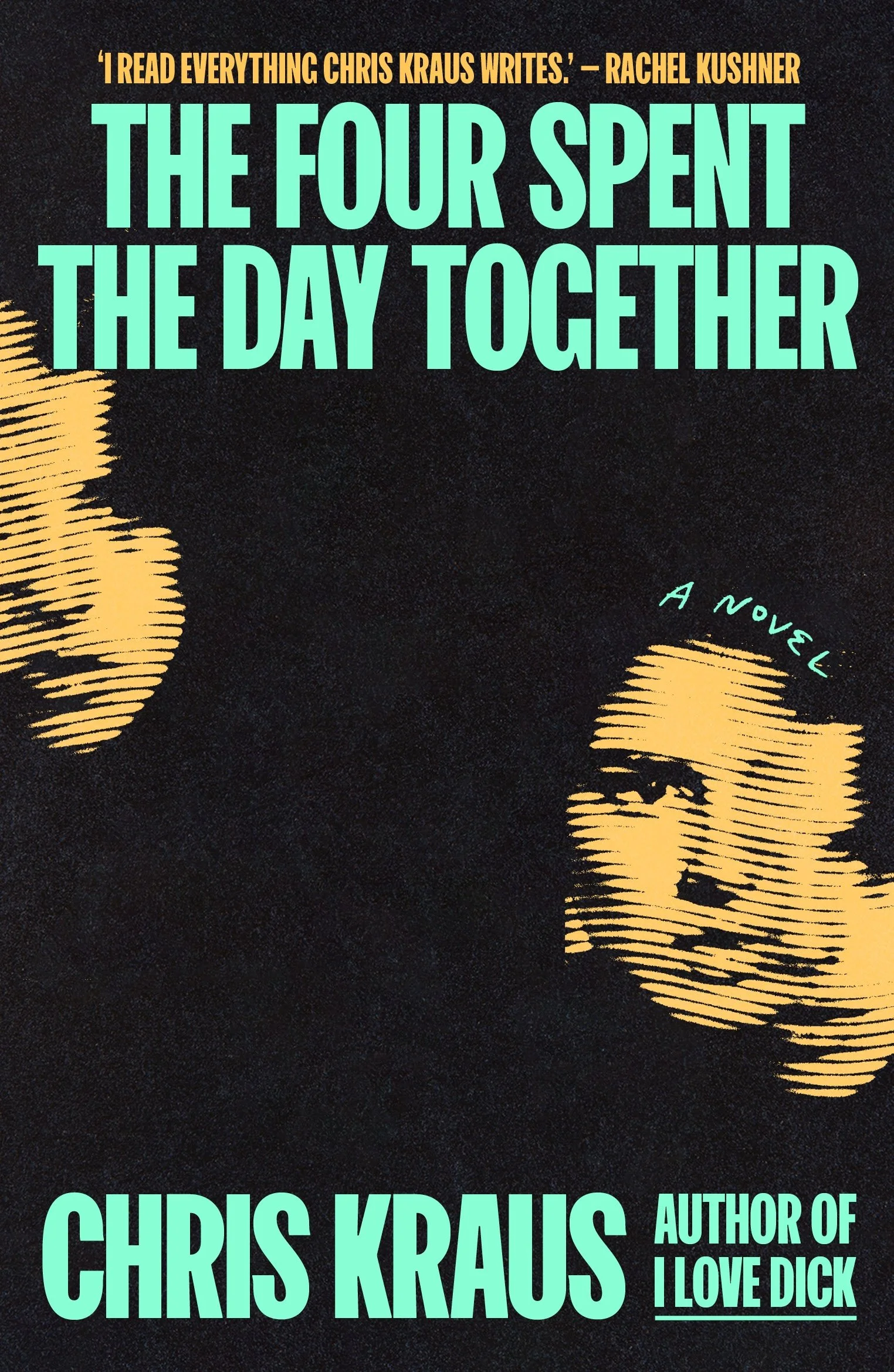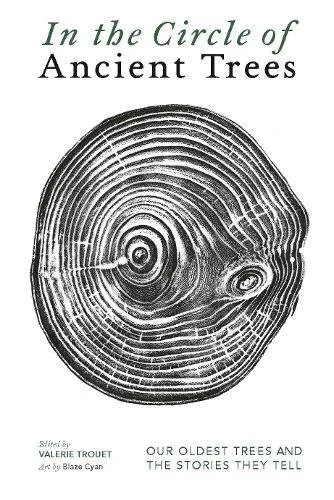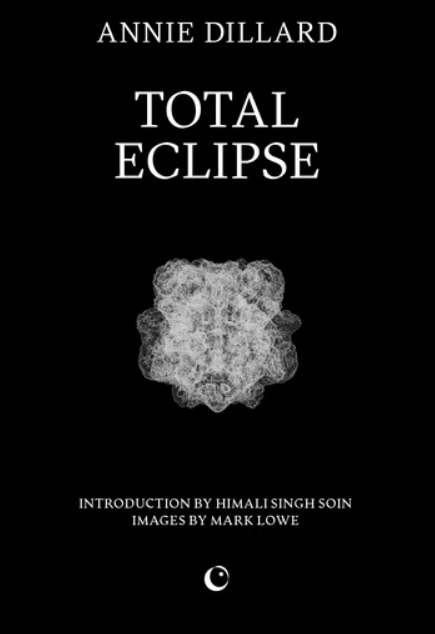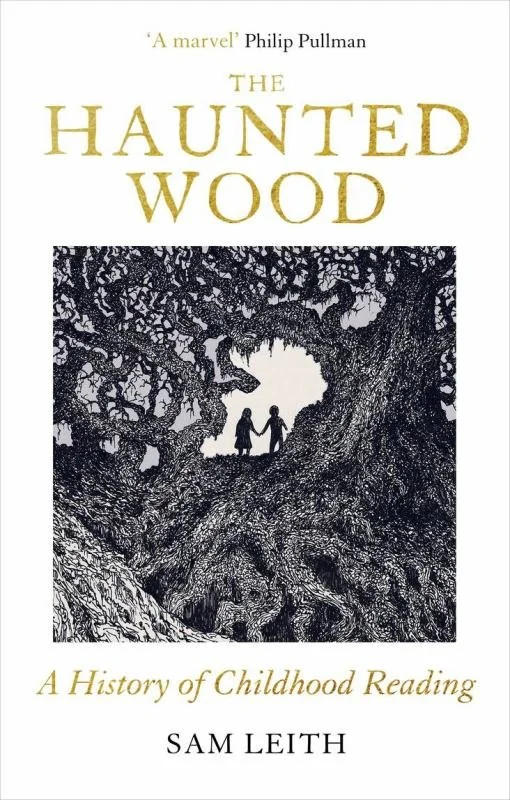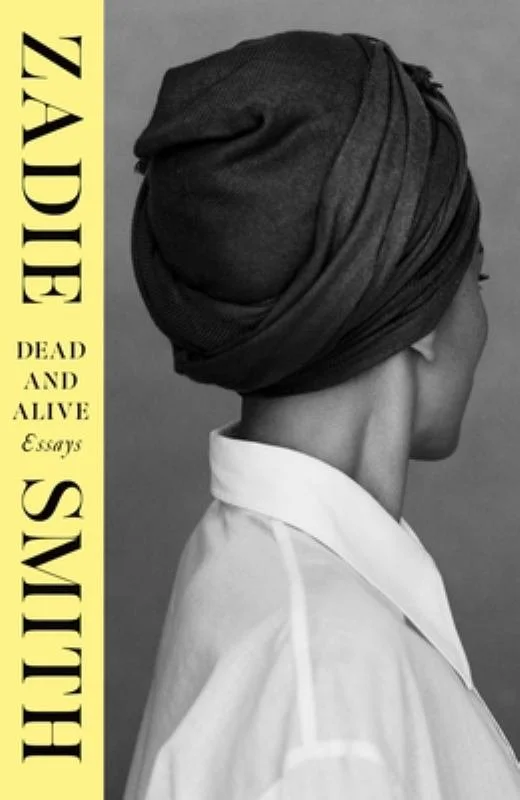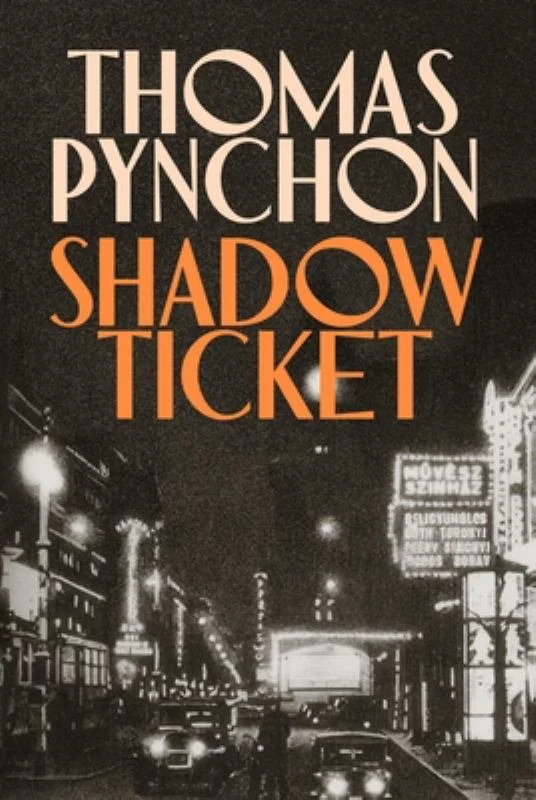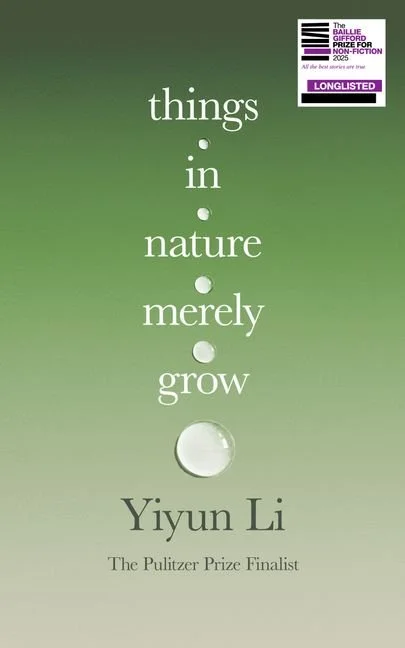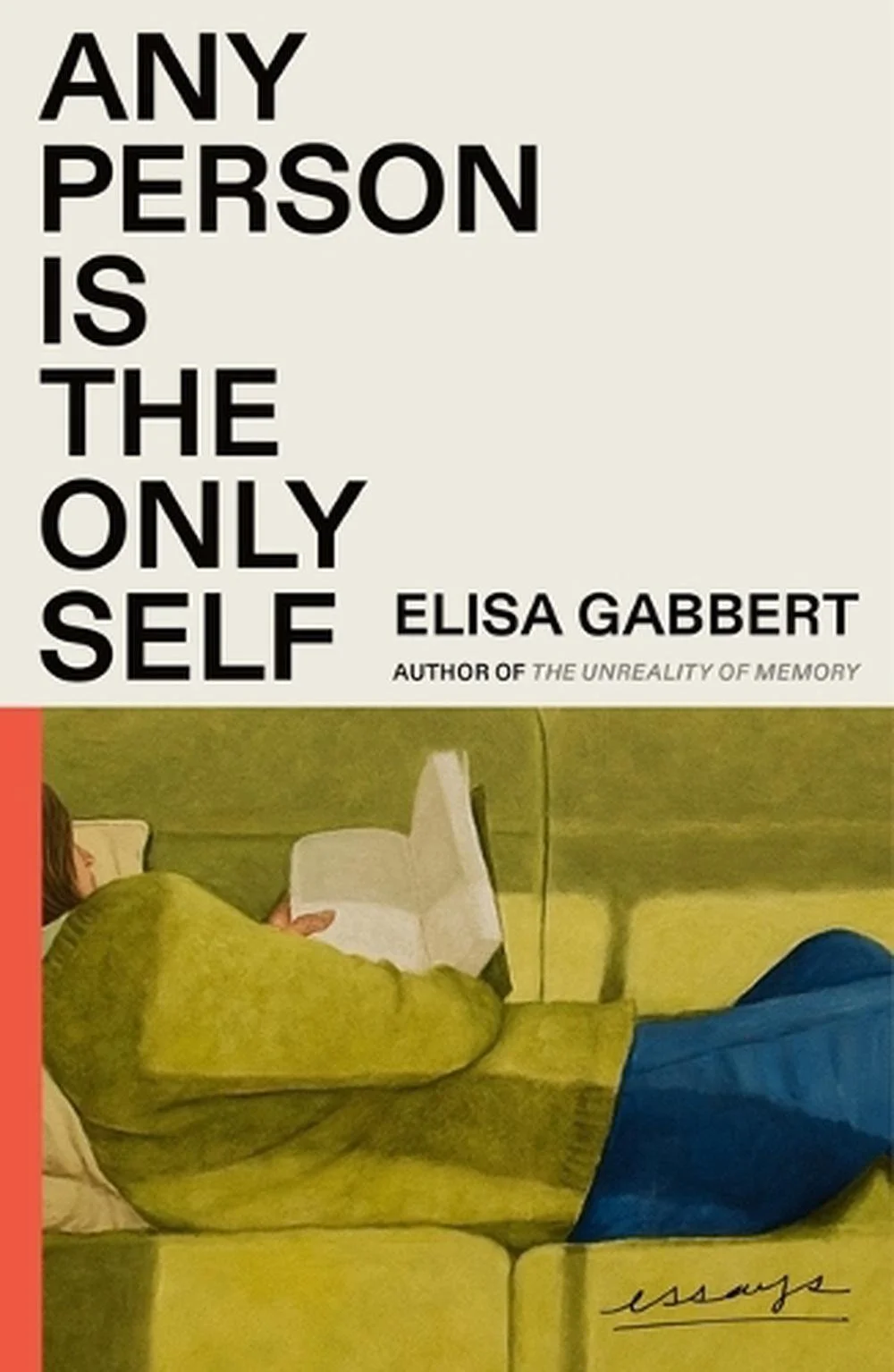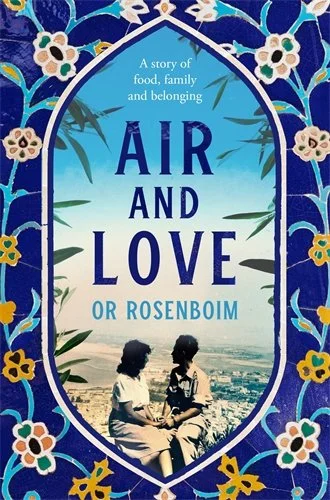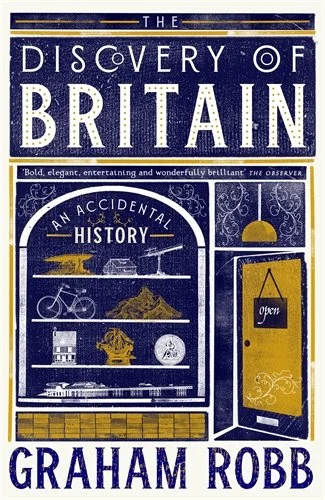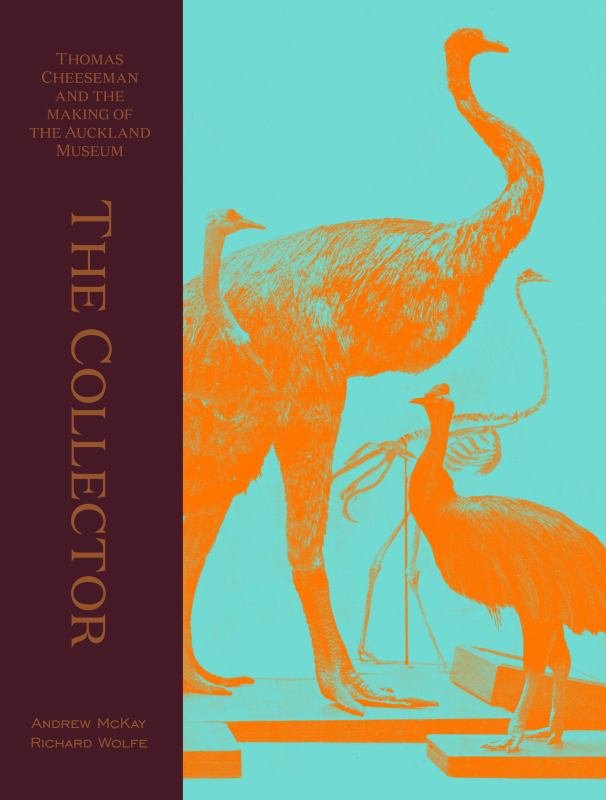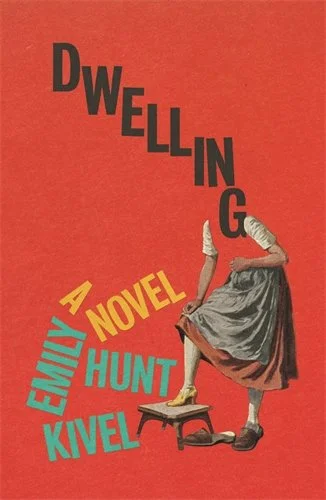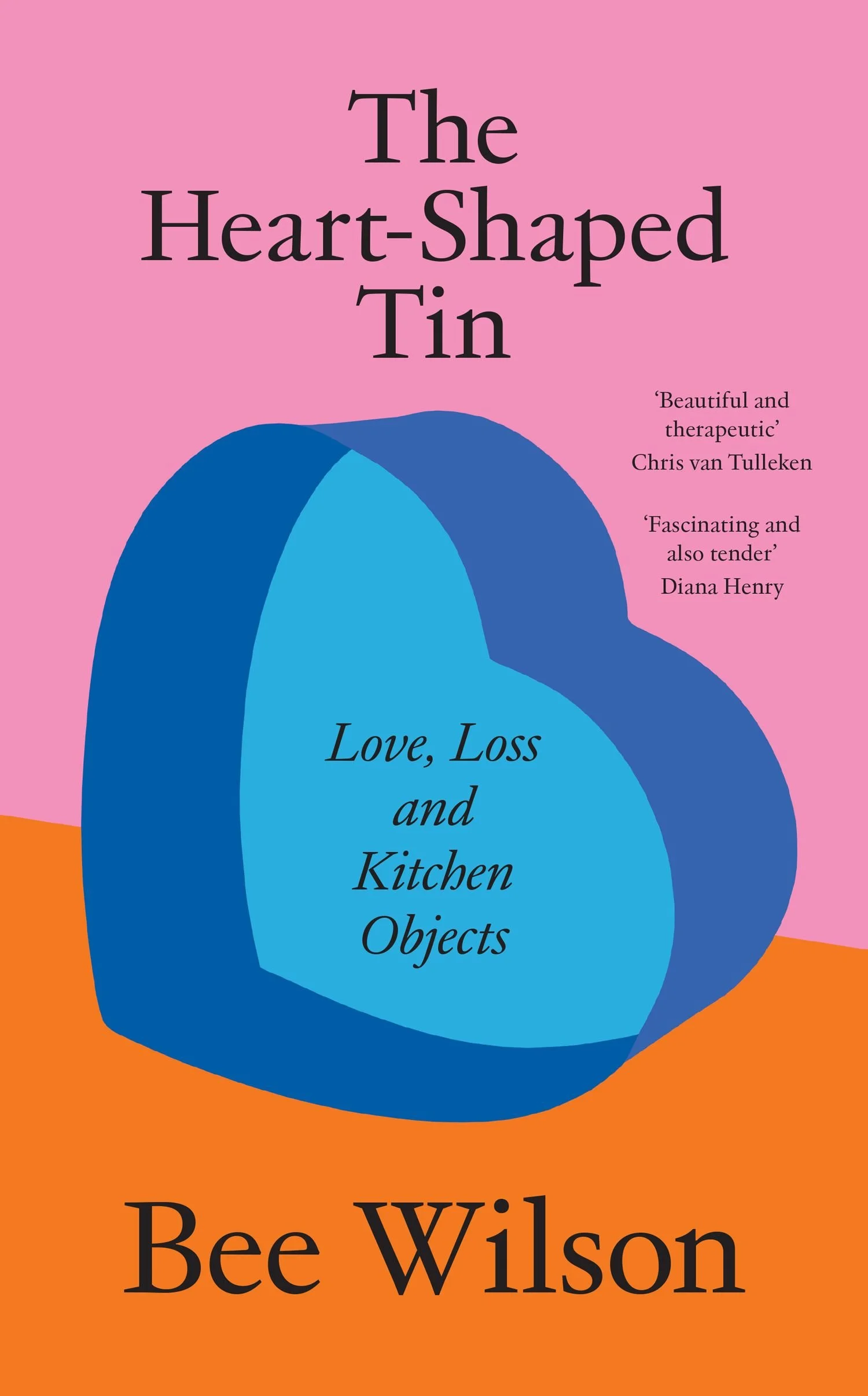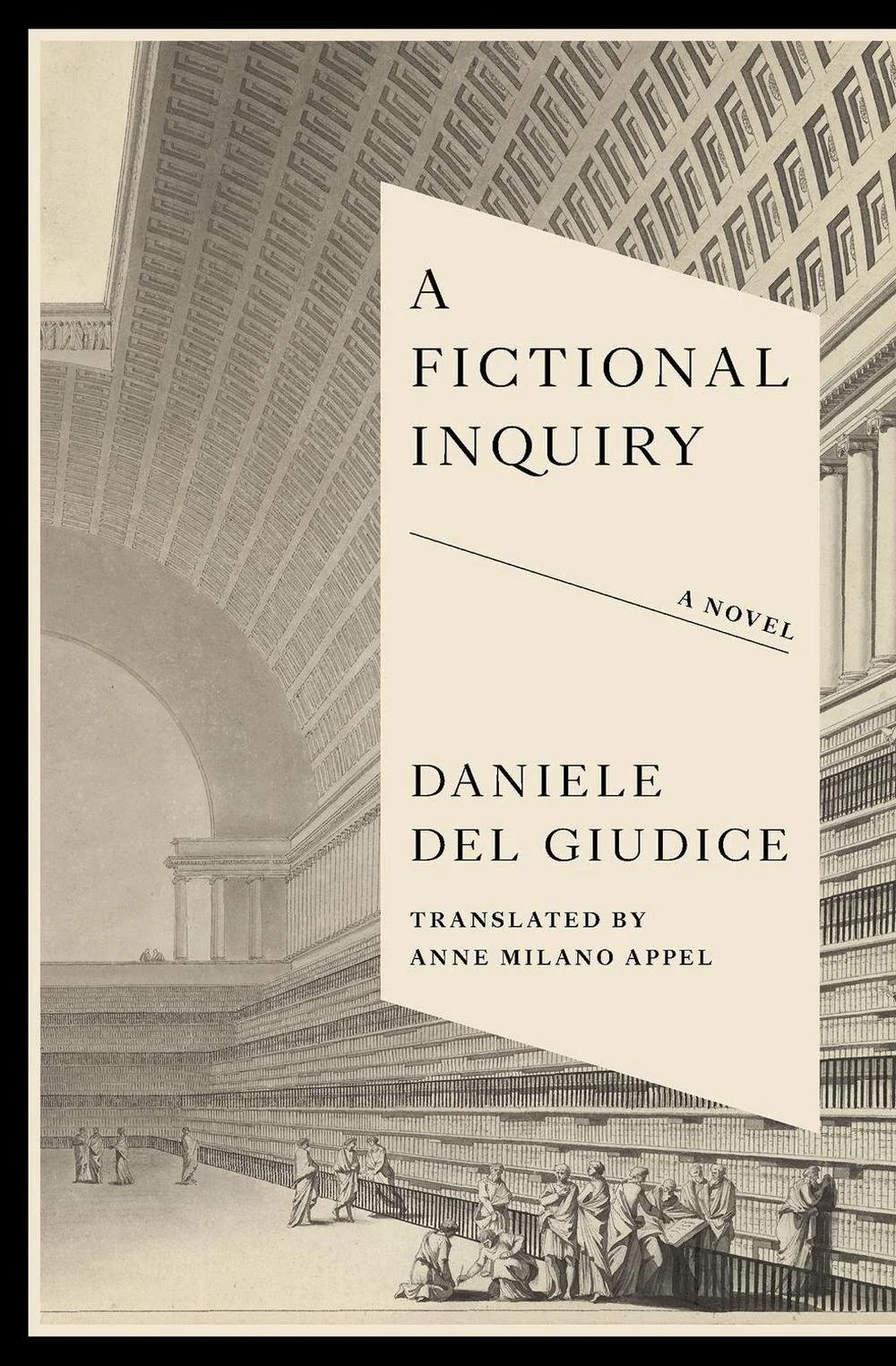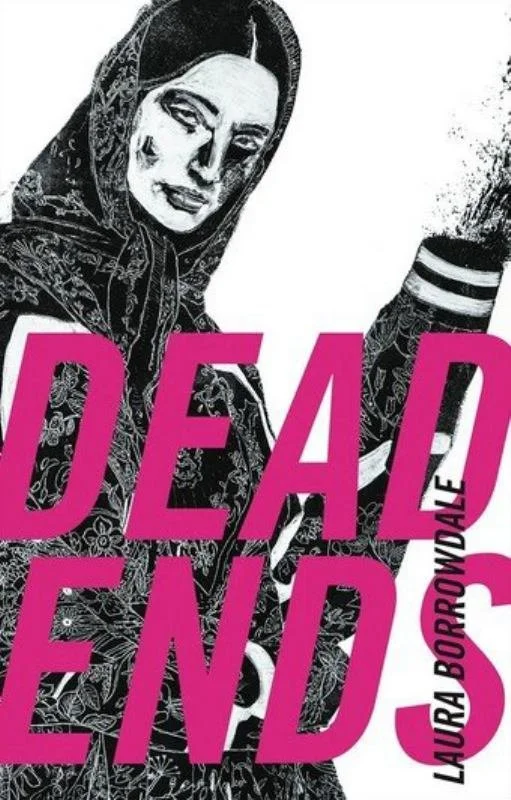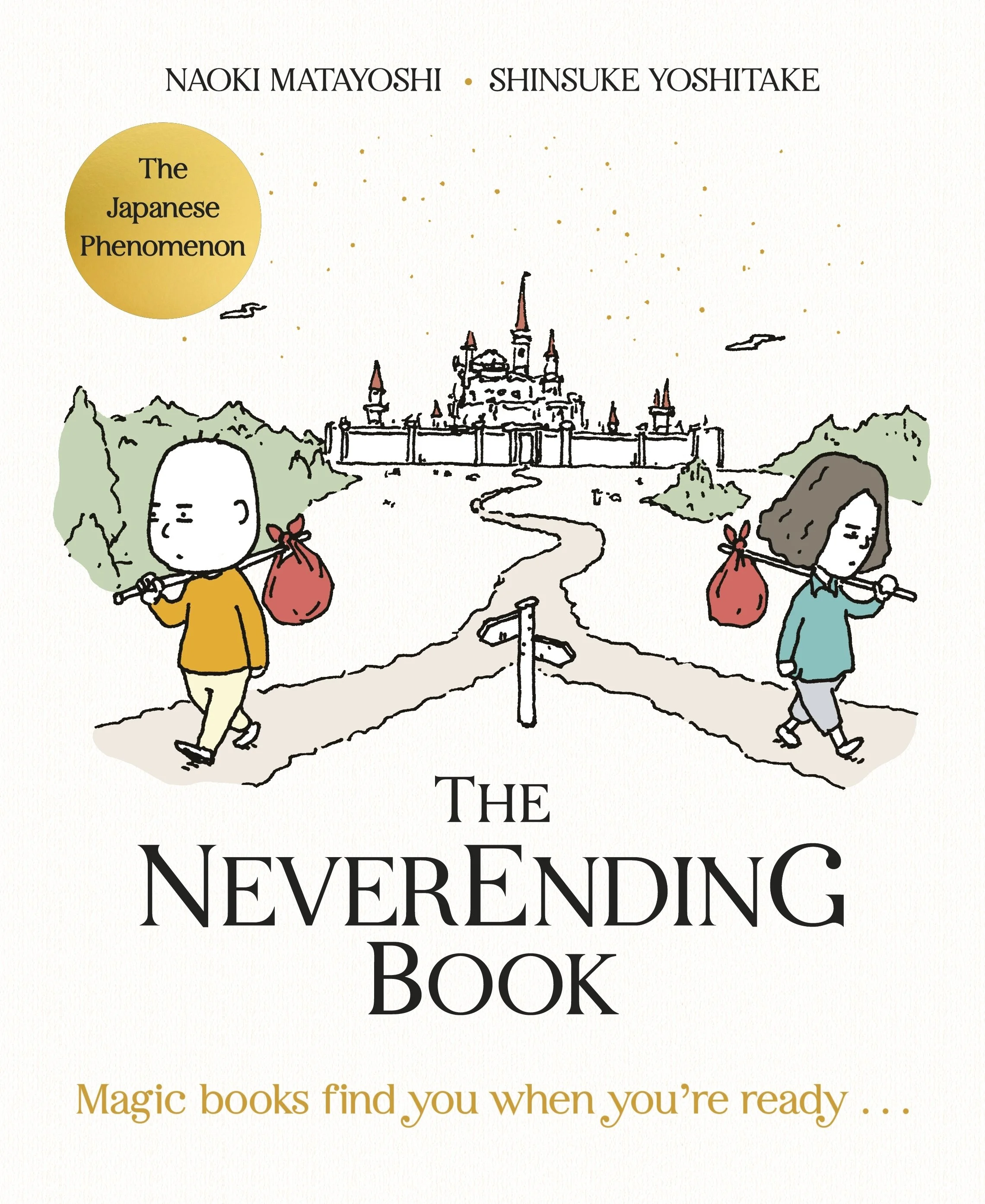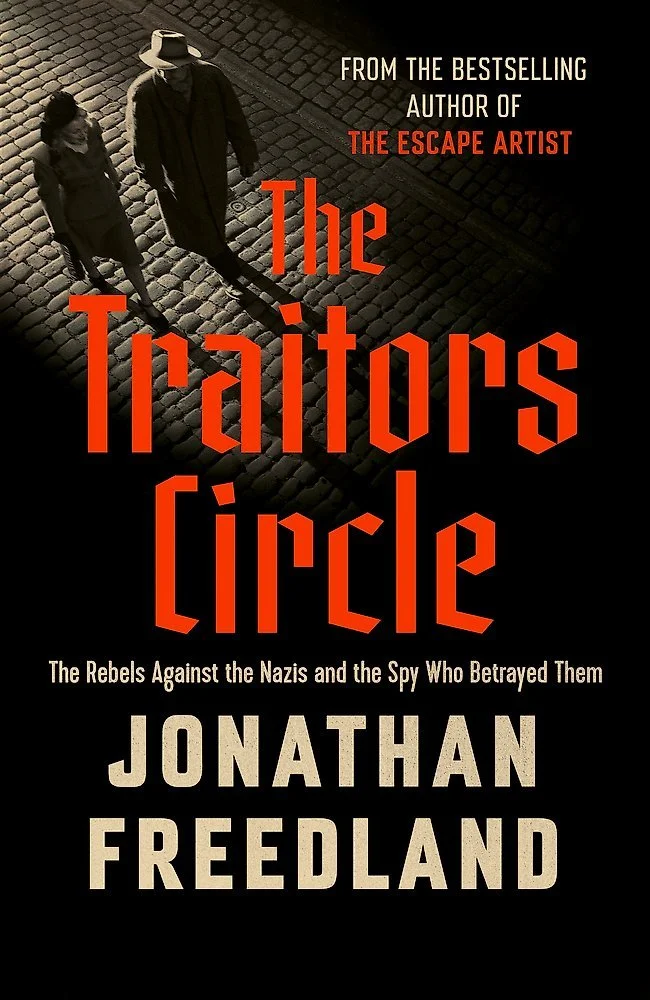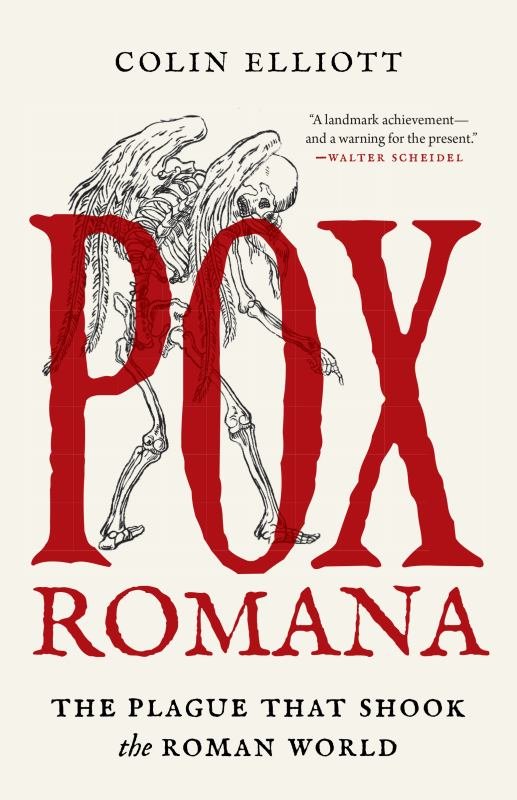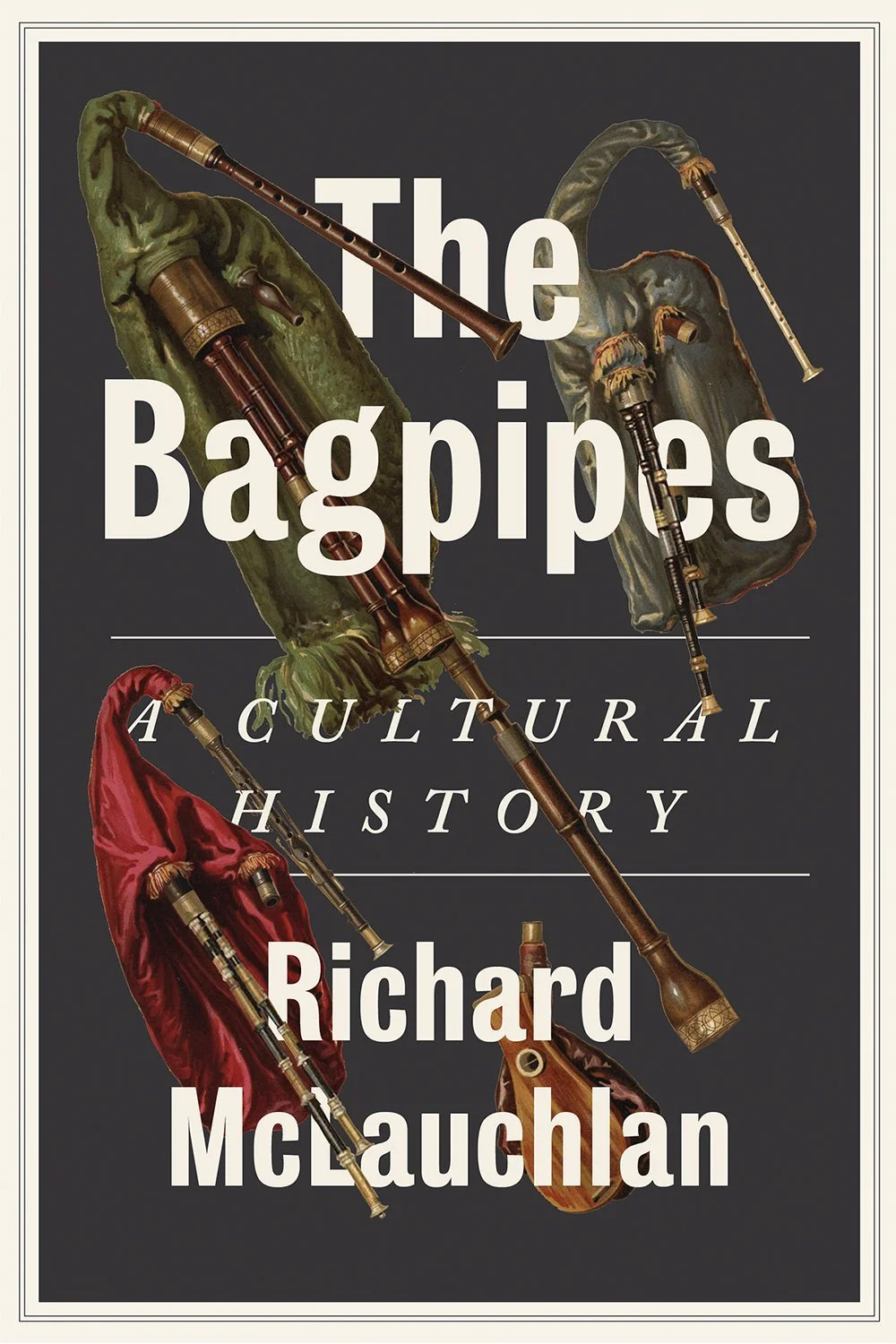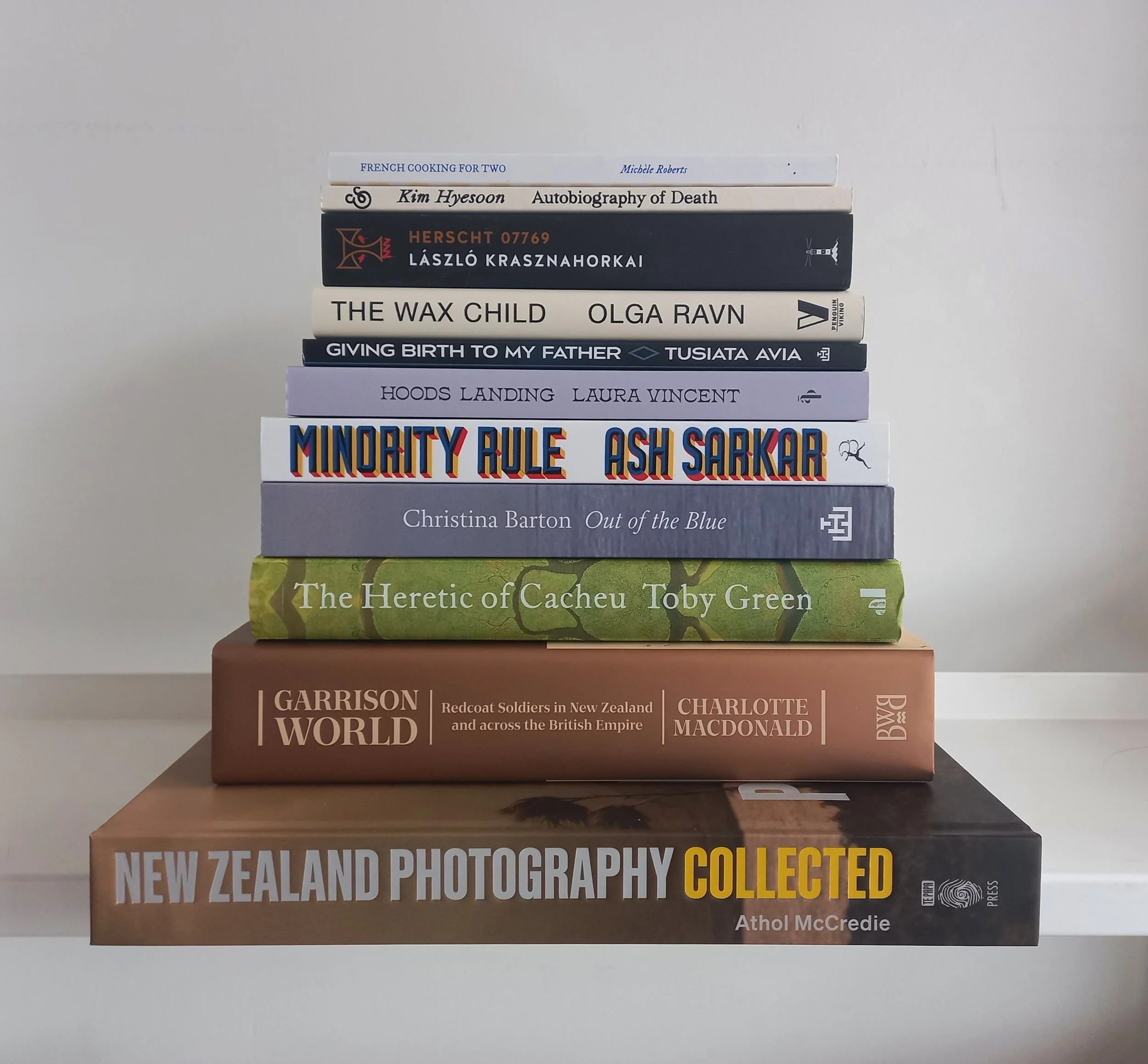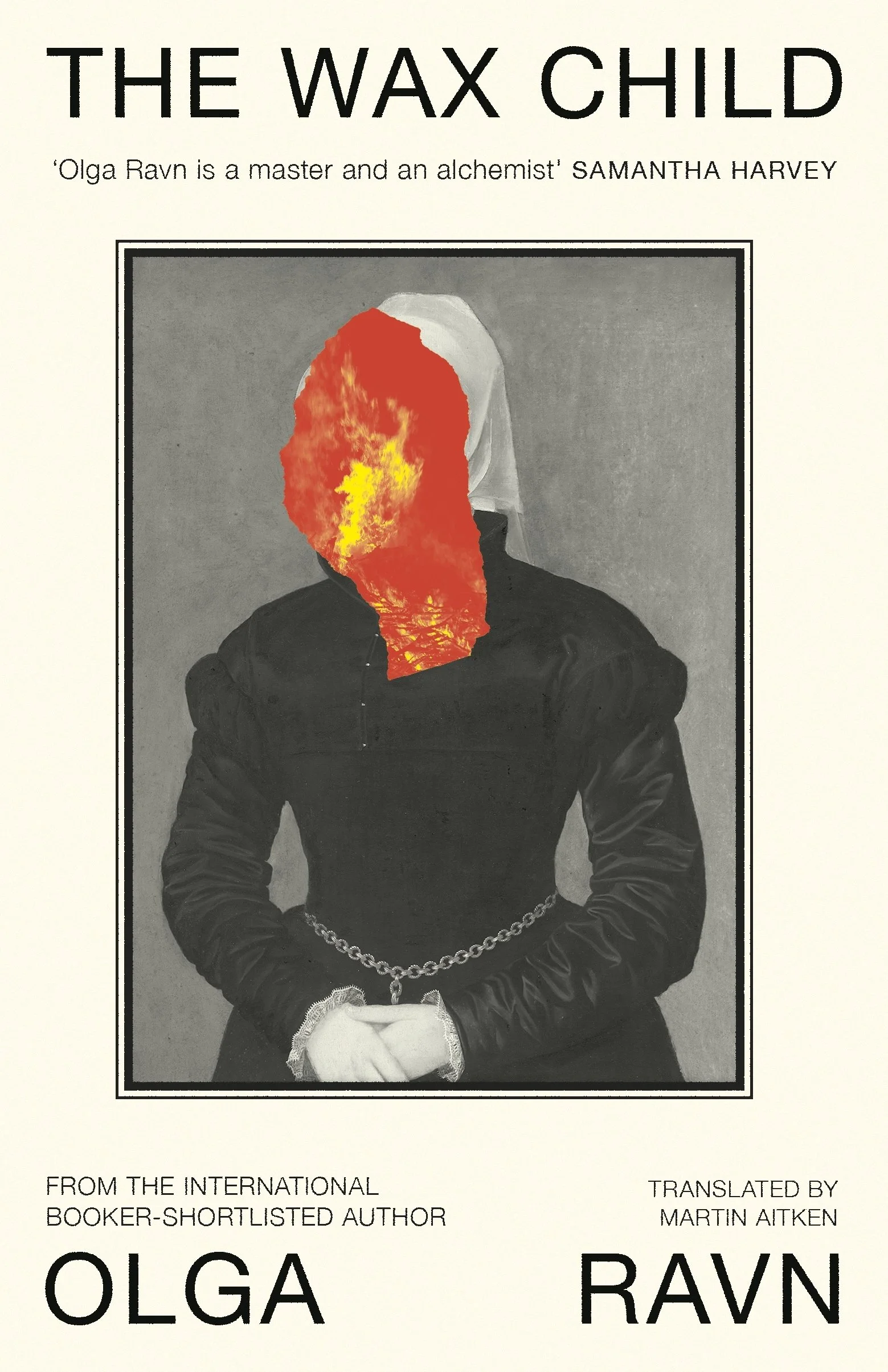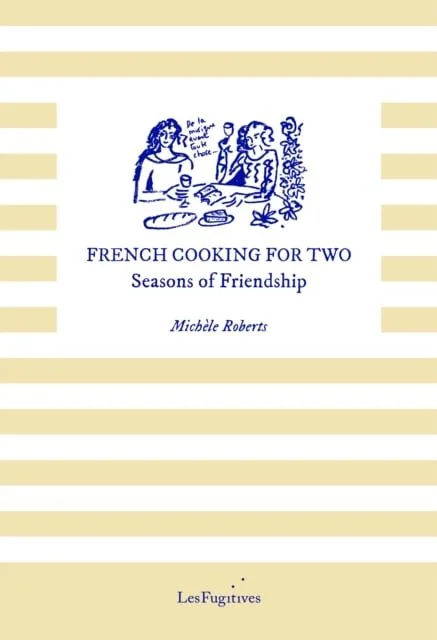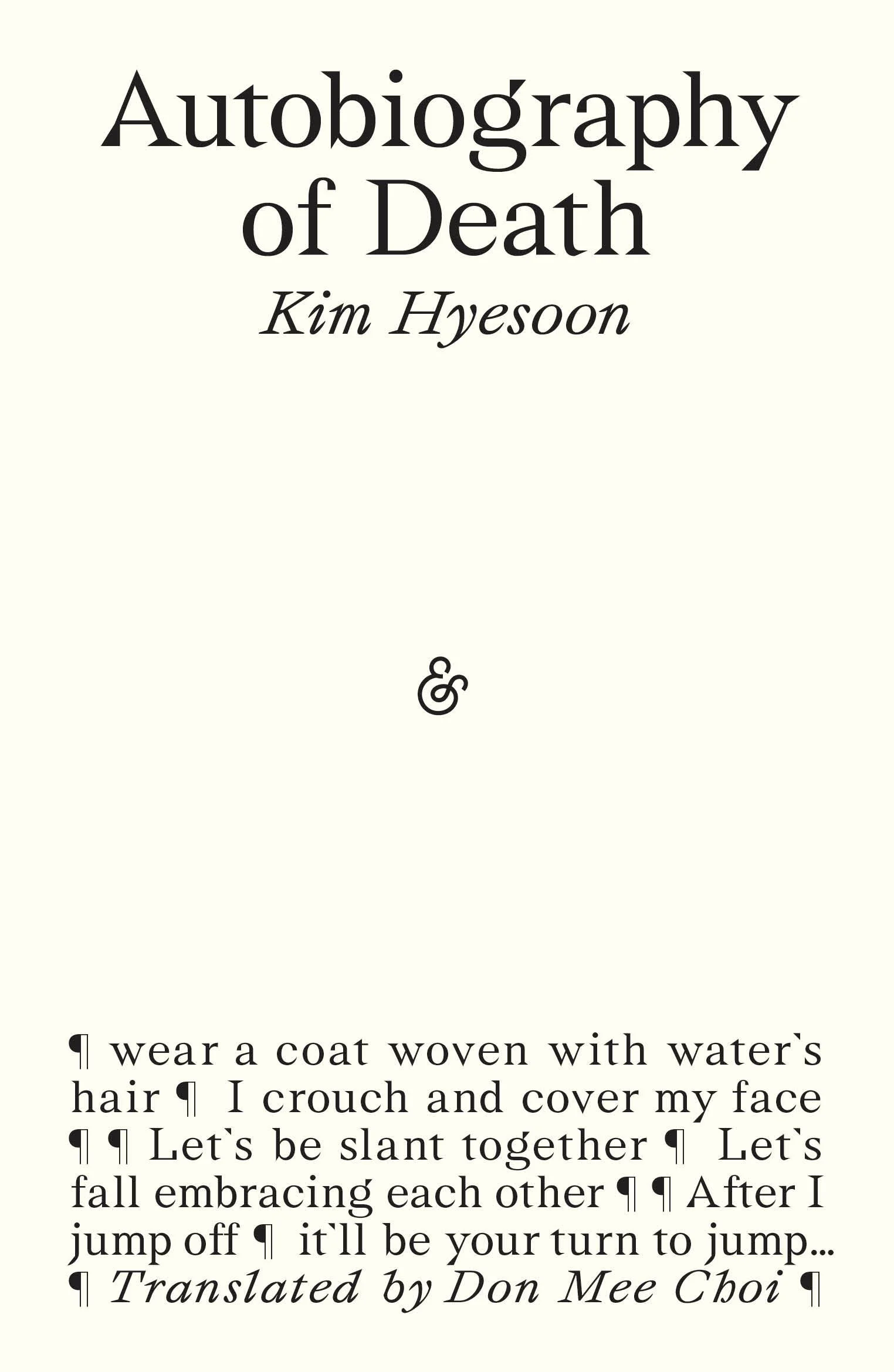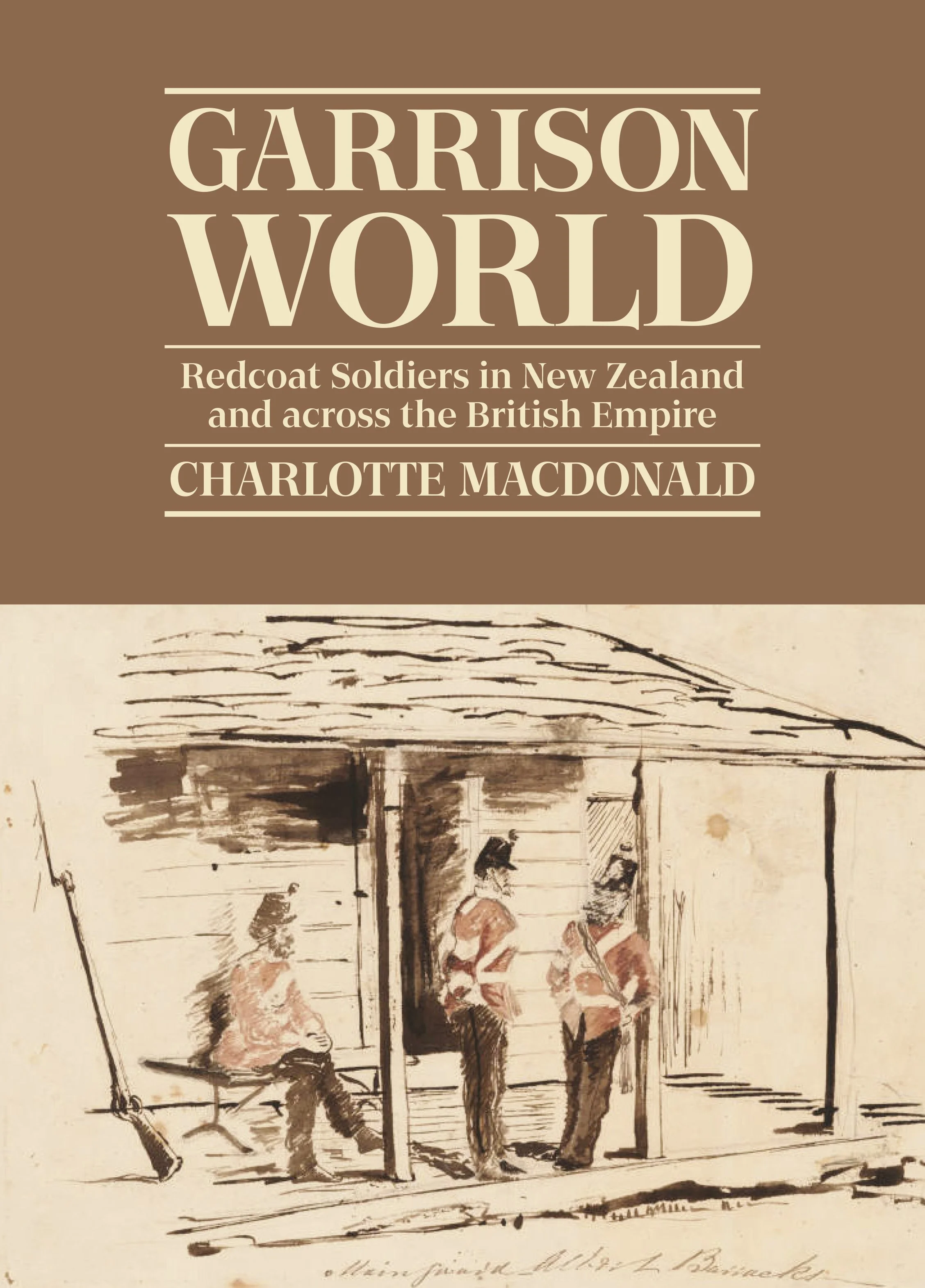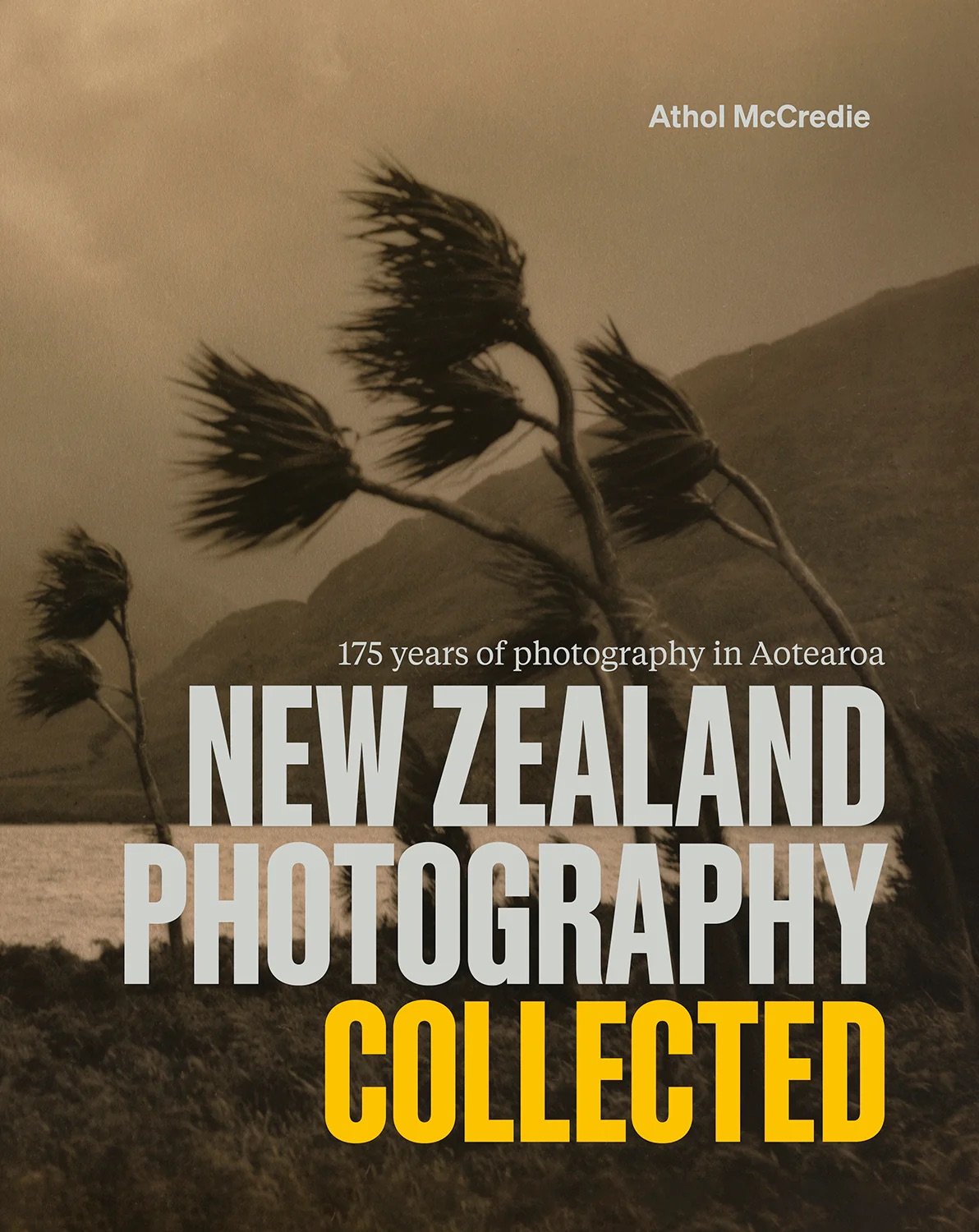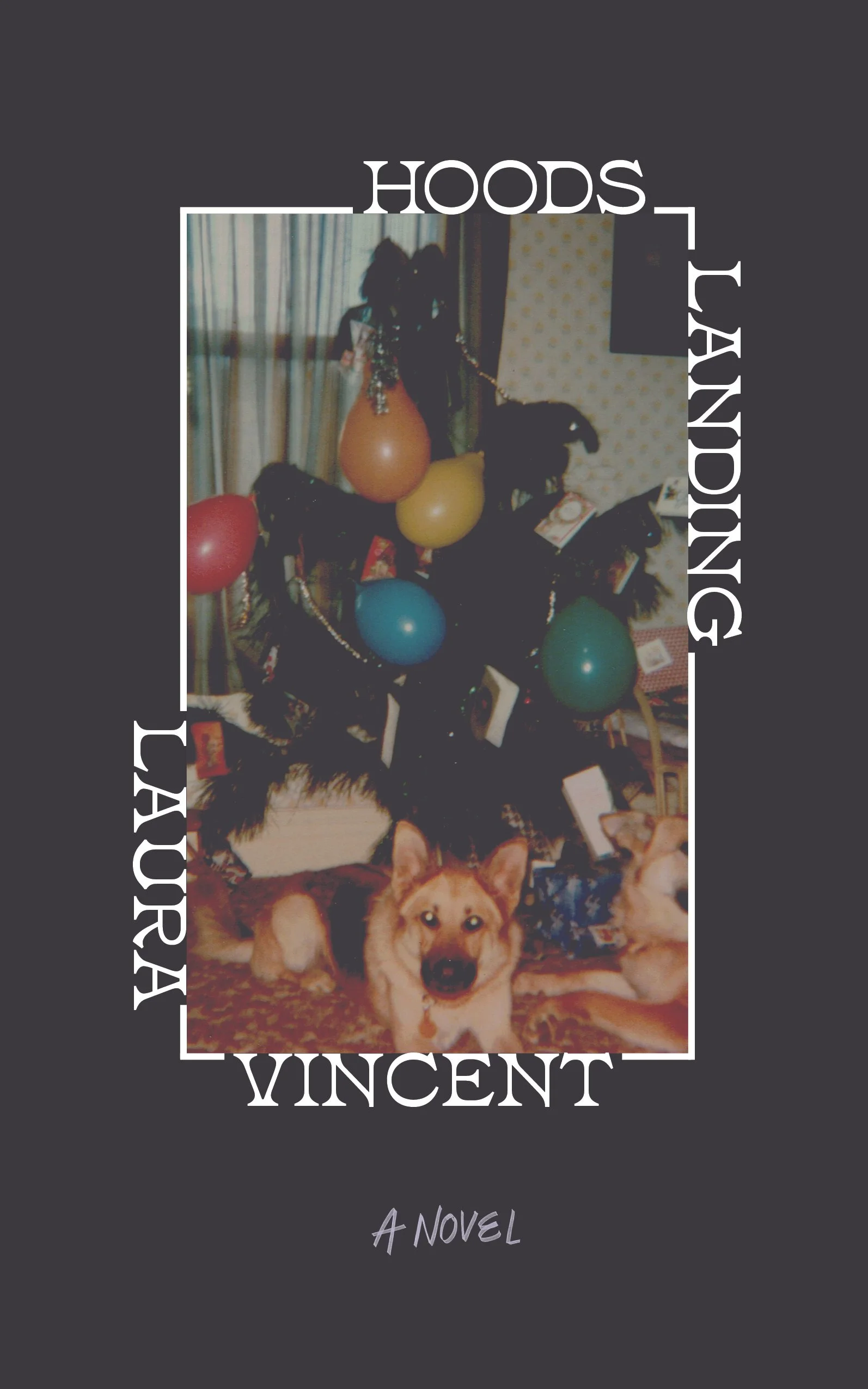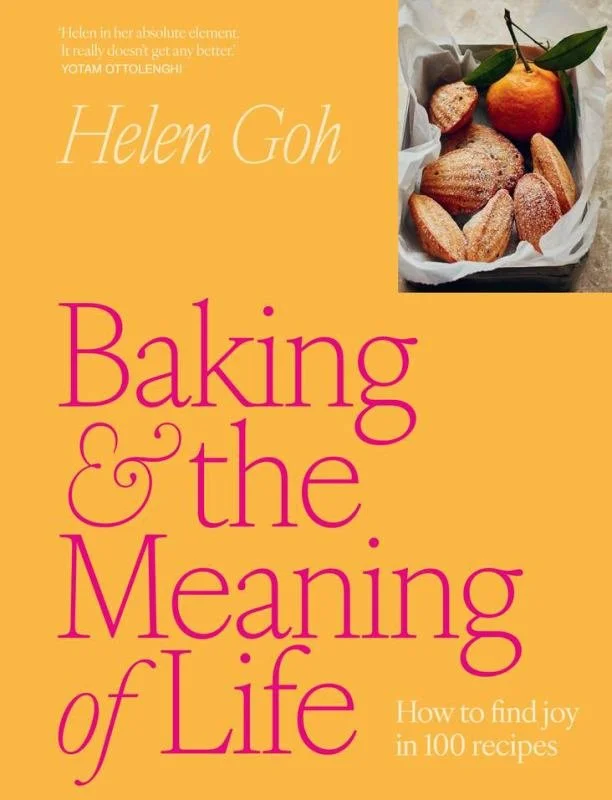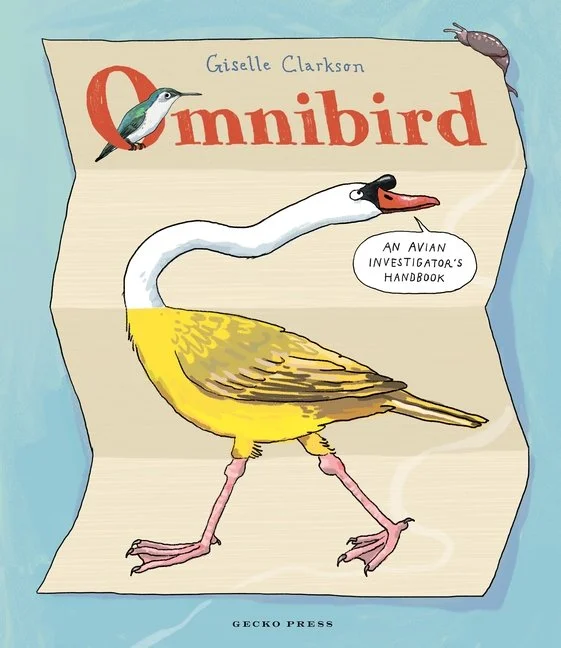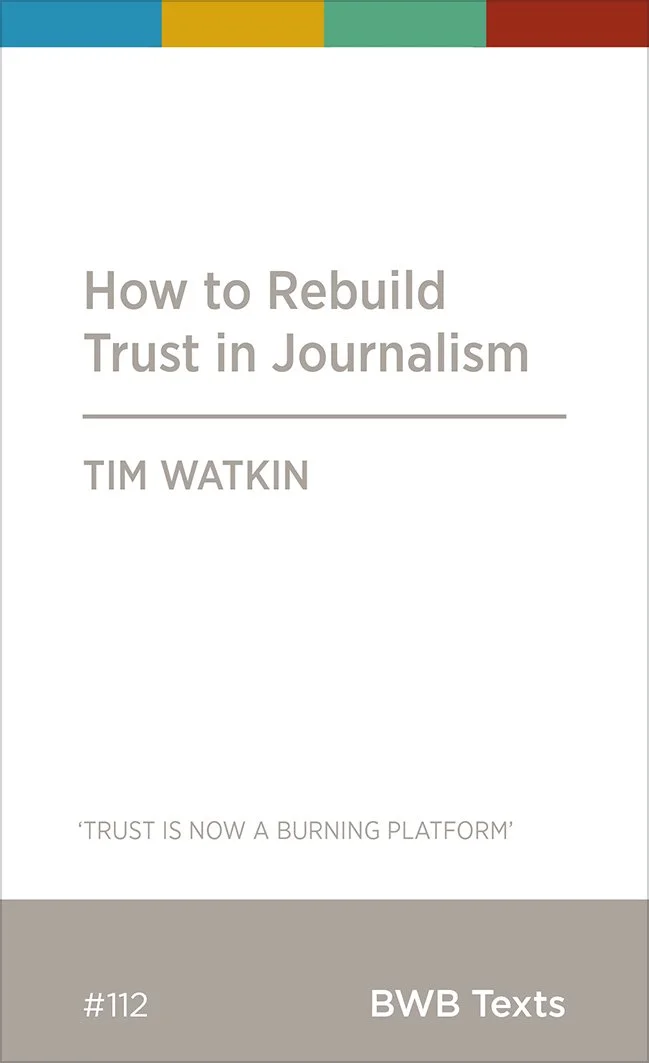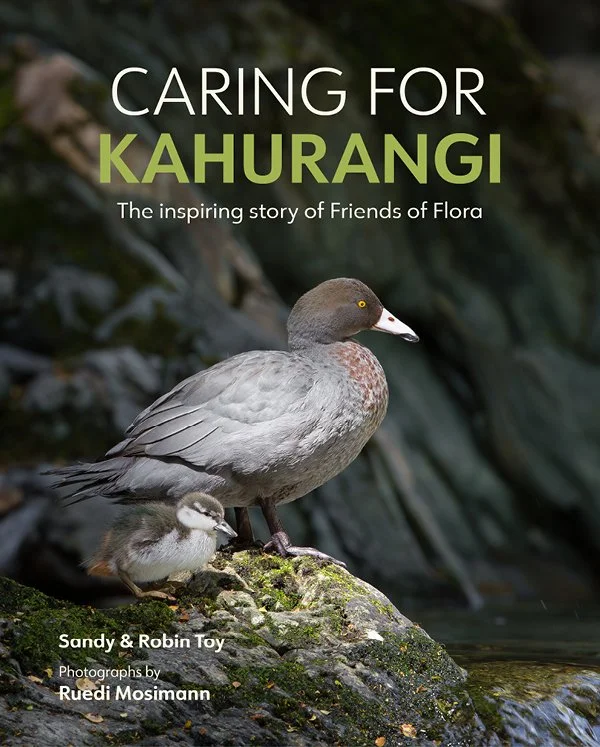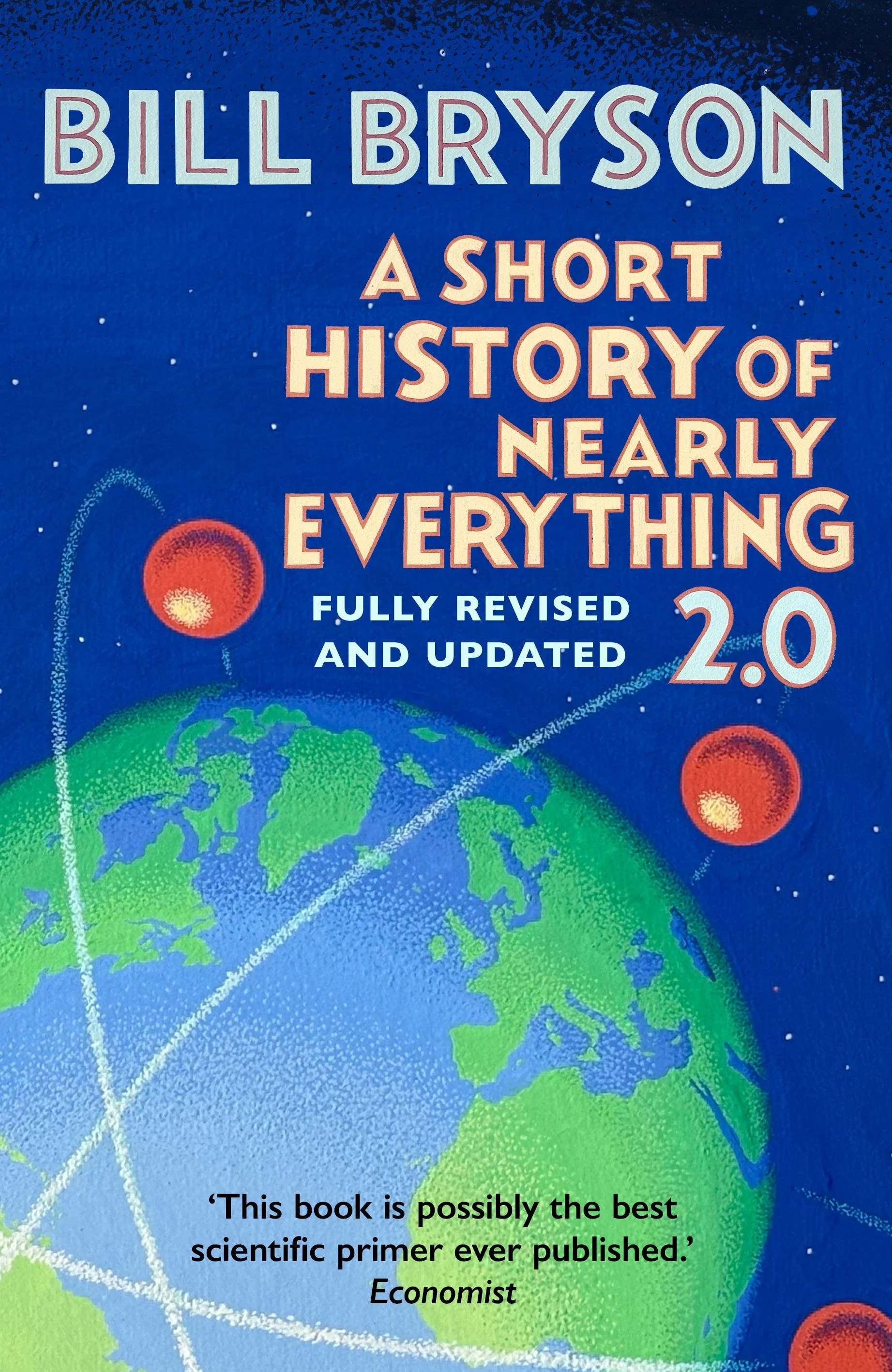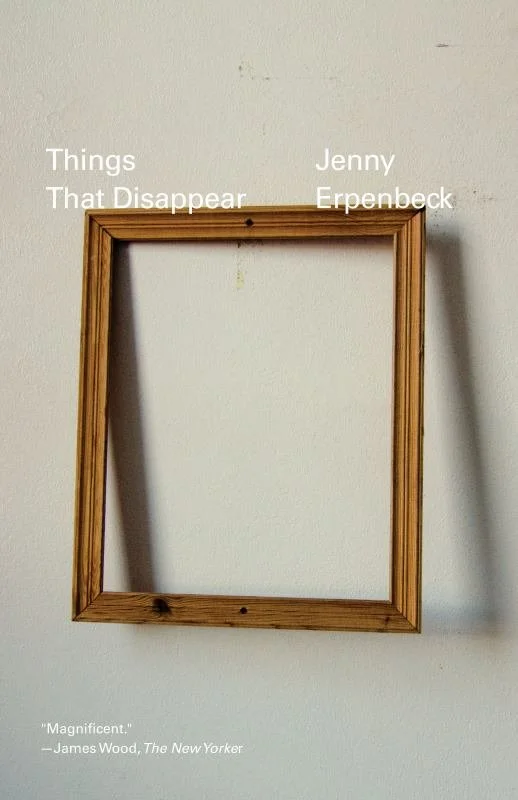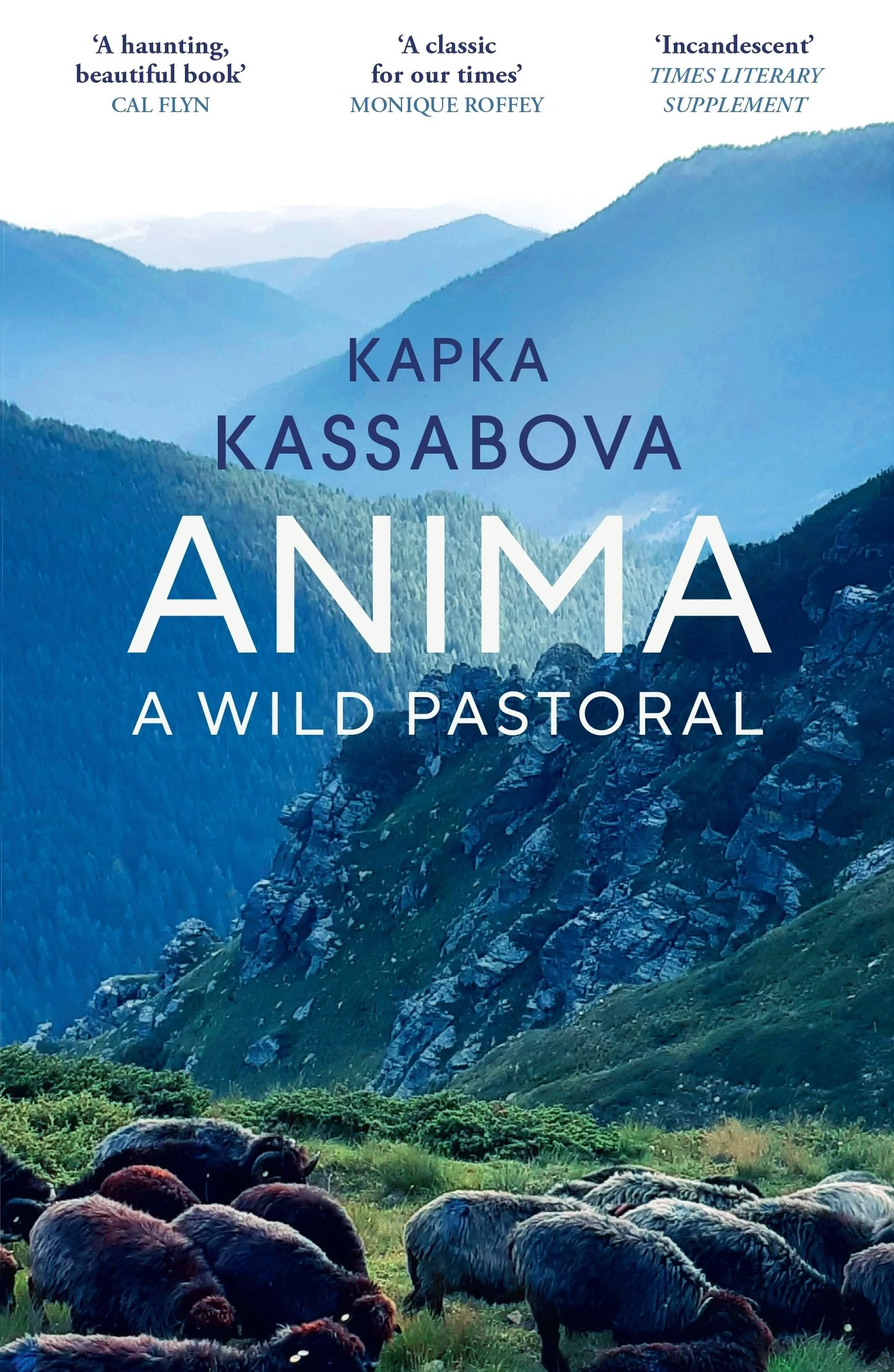All your choices are good! Click through to our website (or just email us) to secure your copies. We will dispatch your books by overnight courier or have them ready to collect from our door in Church Street, Whakatū.
Hunter by Shuang Xuetao (translated from Chinese by Jeremy Tiang) $30
These gritty, surreal stories by one of the most highly-celebrated young Chinese writers reveal new and striking visions of life in China today. A provincial ambulance drives through the night in search of a hospital, a fifth-rate actor goes method as a hitman on a sweltering rooftop, a legendary knife fighter is found working on the factory floor of a northern village. Hunter's stories of deceptive, brutal realism play with myth and history, offering sketches of ordinary life that take a magic realist turn. Filled with dark humour and written with a tinge of noir, these stories grapple with the realities of life in contemporary China. [Paperback with French flaps]
”Hunter is one of the best collections of short stories I have read in years. Shuang Xuetao's stories are enthralling, haunting, vicious and viciously funny. This is work that continually takes the reader to unexpected places, while never putting a foot wrong.” —Colin Barrett
”Hunter by Shuang Xuetao is at once personal and historical. Like an unfolding screen, the depiction of the society and its people in northern China is powerfully real, charged with black humour. Jeremy Tiang's translation has brilliantly rendered the author's sharp wit and unique literary voice.” —Xiaolu Guo
”Brutally funny, intricate, and alive . Shuang's work is at ease with the fantastical, which is perhaps the disguise of the unsayable.” —Madeleine Thien
>>Read an extract.
Parliamentary Privilege in Aotearoa New Zealand by Geoffrey Palmer $30
Published ahead of the 2026 NZ General Election, this book by Sir Geoffrey Palmer invites public scrutiny of how Parliament wields its powers. Parliamentary privilege is ‘the oil of the democratic machine’. It can be defined as the special legal powers that allow Parliament to regulate its affairs – and is a curious mix of history, parliamentary practice, law and politics. ‘However, it is also viscous and volatile,’ writes Palmer, ‘and should not be left to sit too long without change.’ This incisive book examines how parliamentary privilege operates in New Zealand, and where change is needed. Palmer traces its evolution and shows how reform has lagged behind that of comparable democracies such as Canada. With his characteristic clarity and frankness, Palmer calls for greater transparency, fairness and consistency in how Parliament exercises its powers. Such changes are essential if we are to protect individual rights and democratic integrity.
”This is a work of both scholarship and advocacy. I commend this book not just to those who are already fascinated by Parliament, but to all those who care about living in a well-functioning democracy. That should be all of us.” —David Caygill
This Is Where The Serpent Lives by Daniyal Mueenuddin $35
Moving from Pakistan's sophisticated cities to its most rural farmlands, This Is Where the Serpent Lives captures the extraordinary proximity of extreme wealth to extreme poverty in a land where fate is determined by class and social station. Daniyal Mueenuddin's This Is Where the Serpent Lives paints a powerful portrait of contemporary feudal Pakistan and a farm on which the destinies of a dozen unforgettable characters are linked through violence and love, resilience, and tragedy. Yazid rises from abject poverty to the role of trusted servant to an affluent gangster; Saqib, an errand boy, is eventually trusted to lead his boss's new farming venture, where he becomes determined to rise above his rank by any means necessary. Saqib's boss, the wealthy landowner Hisham, reminisces about meeting his wife while she was dating his brother while Gazala, a young teacher, falls for Saqib and his bold promises for their future before learning about his plans to skim money from the farm's profits. In matters of both business and the heart, Mueenuddin's characters struggle to choose between the paths that are moral and the paths that will allow them to survive the systems of caste, capital, and social power that so tightly grip their country. [Paperback]
“Set to be a standout novel of 2026 — Brutal, funny and brilliantly told. Mueenuddin's writing is always fluent and often very funny. He brings the smells and tastes of Pakistan to vibrant life; the birds and trees feel as present as the weight of history and the impossible tangles within tangles of corruption and responsibility ... The portrayals are immediate, the storytelling instantly involving.” —Patrick Gale, Guardian
”Expect to see this novel all over prize lists in 2026. Mueenuddin is a literary magician.” —The Times
”Mueenuddin recalls Chekhov, but another writer comes to mind as well: Giuseppe Tomasi di Lampedusa, whose 1958 The Leopard offers a layered totalising portrait of a society that is both changing and failing to change. This Is Where the Serpent Lives has that kind of ambition and captures its world in the same exhilarating and unsparing way.” —Wall Street Journal
Trip by Amie Barrodale $38
"Three days after I died, my son ran away." Sandra dies unexpectedly at a conference in Nepal. Across the world, her teenage son, Trip, has run away from a centre for troubled youth in the North American desert. But Sandra soon discovers that a mother's work is never done, not even when you're dead. It turns out limbo is a great place from which to keep an eye on your errant son. When Trip is picked up on the side of the road by a strange man, Sandra is the only one who knows where he is. As Trip ventures further south towards the coast and directly into the eye of a hurricane, Sandra's struggle to save him from the other realm begins. From Florida's Gulf Stream to the raging seas, through Munich-bound aeroplanes and from one body to another, Trip takes us on an absurd, profound and irresistibly entertaining odyssey — a story of childhood and motherhood, life and death, and everything in between. [Paperback]
”Raw and funny, yet graceful and astonishingly precise, Trip is a book with the power to resonate in the most intimate ways for any reader. I read it in awe, as if Barrodale had written it just for me. Amie Barrodale is the most important writer of my generation.” —Ottessa Moshfegh
”Beautifully crafted, hard-boiled fun. Trip is a good time.” —Nell Zink
”Amie Barrodale's Trip is an extraordinary novel. It is as if Kurt Vonnegut and Hunter S. Thompson have joined together to write a tender story of a recently dead mom who wanders the bardo but is always drawn back to her imperiled son, an autistic teenager who is on a boat with a stranger, lost at sea…” —Akhil Sharma
>>Craft, critics, and the blurb economy.
On Mysticism: The experience of ecstasy by Simon Critchley $30
Mysticism has been called 'experience at its most intense form', and here philosopher Simon Critchley asks: wouldn't you like to taste this intensity? Wouldn't you like to be lifted up and out of yourself? Mysticism is not a question of religious belief but of felt experience and practice. It is a way of freeing yourself of your standard habits, fancies and imagining so as to see what is there and stand with what is there ecstatically. It is the achievement of a fluid openness between thought and existence. This is a book about Julian of Norwich and medieval mystics that also ranges through the work of Anne Carson, Annie Dillard and T.S. Eliot. It looks at Nick Cave and German krautrock and considers how music relates to ecstasy. It opens the door to mysticism not as something unworldly and unimaginable, but as a way of life. [Paperback]
>>A few other books by Simon Critchley.
>>Critchley is the ‘Head Philosopher’ of the International Necronautical Society.
On Photography by Susan Sontag $30
Susan Sontag's groundbreaking critique of photography asks forceful questions about the moral and aesthetic issues surrounding this art form. Photographs are everywhere, and the 'insatiability of the photographing eye' has profoundly altered our relationship with the world. Photographs have the power to shock, idealize or seduce, they create a sense of nostalgia and act as a memorial, and they can be used as evidence against us or to identify us. In these six incisive essays, Sontag examines the ways in which we use these omnipresent images to manufacture a sense of reality and authority in our lives. [Paperback]
”Sontag offers enough food for thought to satisfy the most intellectual of appetites.” —The Times
”A brilliant analysis of the profound changes photographic images have made in our way of looking at the world, and at ourselves.” —Washington Post
”The most original and illuminating study of the subject.” —New Yorker
>>Read also Walter Benjamin.
>>Read also Roland Barthes.
The Course of the Heart by M. John Harrison $28
On a hot May night, three Cambridge students carry out a ritualistic act that changes their lives. Decades later, none of the participants can remember what transpired; but their clouded memories bind them together. Unable to move on, Pam Stuyvesant has epilepsy and is plagued by sensual visions. Her husband Lucas believes that a dwarfish creature is stalking him, and invents histories to soothe Pam's fears. Self-styled Sorcerer Yaxley becomes obsessed with a terrifyingly transcendent reality. The narrator is seemingly the least effected participant in the ritual: he is haunted by the smell of roses, and his guilt as he attempts to help his friends escape the torment that has engulfed their lives. Strange, dreamlike and moving, The Course of the Heart is an examination of the edges of humanity where we lie, hide, hurt and heal. New edition, with an introduction by Julia Armfield. [Paperback]
”A gloriously intelligent, beautifully written and thoroughly maddening book.” —Independent
”A spare textual elegance and closure-denying restraint that impresses and fulfills.” —Iain Banks, Guardian
”One of the best writers currently at work in English.” —Robert Macfarlane
”Is M John Harrison the best writer at work today? He's certainly among the deftest and most original.” —Olivia Laing, Guardian
”A new generation will love discovering this book for themselves: it has the giddy thrill of youth, plenty of terror and metaphysical transcendence, but it's never silly; instead, M John Harrison unpicks the very notion of escapism.” —Observer
Intertidal: The hidden world between land and sea by Yuvan Aves $50
Over two years and three monsoons, Yuvan Aves pays scrupulous attention to the living world of his coastal city. The result is a diary of deep observation of coast and wetland, climate and self. Set in beaches and marshes, and the wild places of the mind, Intertidal comprises daily accounts of being in a multispecies milieu. In language that is jewel-like and precise, we hear frog calls through the night, spot butterflies miles into the ocean, find blue buttons washed ashore, see the churning of longshore currents and meditate on the composting abilities of worms. We also witness communities stand together to preserve the homes and livelihoods of the human and non-human inhabitants of the coast and the marsh. Intertidal asks us to reimagine values to live by in the here and now, heeding the living world and attending to the climate's calling, moving away from the old political, religious and cultural values that have proved to be ecologically disastrous. Yuvan Aves invites us to see beyond the binaries of sea and coast, mindscape and landscape, human and not human, self and other. Set in beaches, marshes, and the wild places of the mind, Intertidal revels in the healing power of nature and explores what it means to reclaim an ecology that has been colonised. [Hardback]
”Gentle and poetic, subtle, watchful and observant, writing very much in the tradition of Robert Macfarlane and haunted by the ghosts of Barry Lopez and J.A. Baker. This is a startlingly brilliant and moving debut.” —William Dalrymple
”Its intensity of vision' and stylistic flair reminds me of J.A. Baker's The Peregrine, and its democratic, inclusive account of ecology reminds me of Nan Shepherd's The Living Mountain. Intertidal is a wondrous work of walking, seeing and thinking.” —Robert Macfarlane
The Rocks Will Echo Our Sorrow — The Forced Displacement of the Northern Sámi by Elin Anna Labba (translated by Fiona Graham) $45
The deep and personal story — told through history, poetry, and images — of the forced displacement of the Sámi people from their homeland in northern Norway and Sweden and its reverberations today. More than a hundred years have passed since the Sámi were forcibly displaced from their homes in northern Norway and Sweden, a hundred years since Elin Anna Labba's ancestors and relations drove their reindeer over the strait to the mainland for the last time. The place where they lived has remained empty ever since. We carry our homes in our hearts, Labba shares, citing the Sámi poet Áillohas. How do you bear that weight if you were forced to leave? In a remarkable blend of historical reportage, memoir, and lyrical reimagining, Labba travels to the lost homeland of her ancestors to tell of the forced removal of the Sámi in the early twentieth century and to reclaim a place in history, and in today's world, for these Indigenous people of northern Scandinavia. When Norway became a country independent from Sweden in 1905, the two nations came to an agreement that called for the displacement of the Northern Sámi, who spent summers on the Norwegian coast and winters in Sweden. This "dislocation," as the authorities called it, gave rise to a new word in Sámi language, bággojohtin, forced displacement. The first of the sirdolaččat, or "the displaced," left their homes fully believing they would soon return. Through stories, photographs, letters, and joik lyrics, Labba gathers a chorus of Sámi expression that resonates across the years, evoking the nomadic life they were required to abandon and the immense hardship and challenges they endured: children left behind with relatives, reindeer lost when they returned to familiar territory, sorrow and estrangement that linger through generations. Starkly poetic and emotionally heart-wrenching, this dark history is told through the voices of the sirdolaččat, echoing the displacements of other Indigenous people around the world as it depicts the singular experience of the Northern Sámi. [Hardback]
Wild Thing: A life of Paul Gaugin by Sue Prideaux $37
Paul Gauguin is chiefly known as the giant of post-Impressionist painting whose bold colours and compositions rocked the Western art world. It is less well known that he was a stockbroker in Paris and that after the 1882 financial crash he struggled to sustain his artistry, and worked as a tarpaulin salesman in Copenhagen, a canal digger in Panama City, and a journalist exposing the injustices of French colonial rule in Tahiti. In Wild Thing, the award-winning biographer Sue Prideaux re-examines the adventurous and complicated life of the artist. She illuminates the people, places and ideas that shaped his vision: his privileged upbringing in Peru and rebellious youth in France; the galvanising energy of the Paris art scene; meeting Mette, the woman who he would marry; formative encounters with Vincent van Gogh and August Strindberg; and the ceaseless draw of French Polynesia. Prideaux conjures Gauguin's visual exuberance, his creative epiphanies, his fierce words and his flaws with acuity and sensitivity. Drawing from a wealth of new material and access to the artist's family, this myth-busting work invites us to see Gauguin anew. Colour plates. [Now in paperback]
>>Casting new light.
>>A new world.
>>Also available in hardback!
The Very Fine Clock by Muriel Spark, illustrated by Edward Gorey $35
Once there was a very fine clock named Ticky, who lived with Professor Horace John Morris and kept perfect time. Each night, at fourteen minutes past ten, his time was used to set the rest of the clocks in the house. When the professor's friends suggest that Ticky be made a professor, too, he explains what really happens during the quiet hours of the day when the professor is out, when all the rooms have been cleaned and dusted, and the clocks talk to one another and tell the stories of their lives. No artist is better suited to capture Ticky's quiet stateliness and grace than Edward Gorey, who brings this tale masterfully to life through his characteristic pen and ink drawings. Full of wit, wisdom, and affairs of the heart, The Very Fine Clock is a very fine picture book. [Hardback]
>>Look inside!
>>Electric Spark.
>>Born to Be Posthumous.

